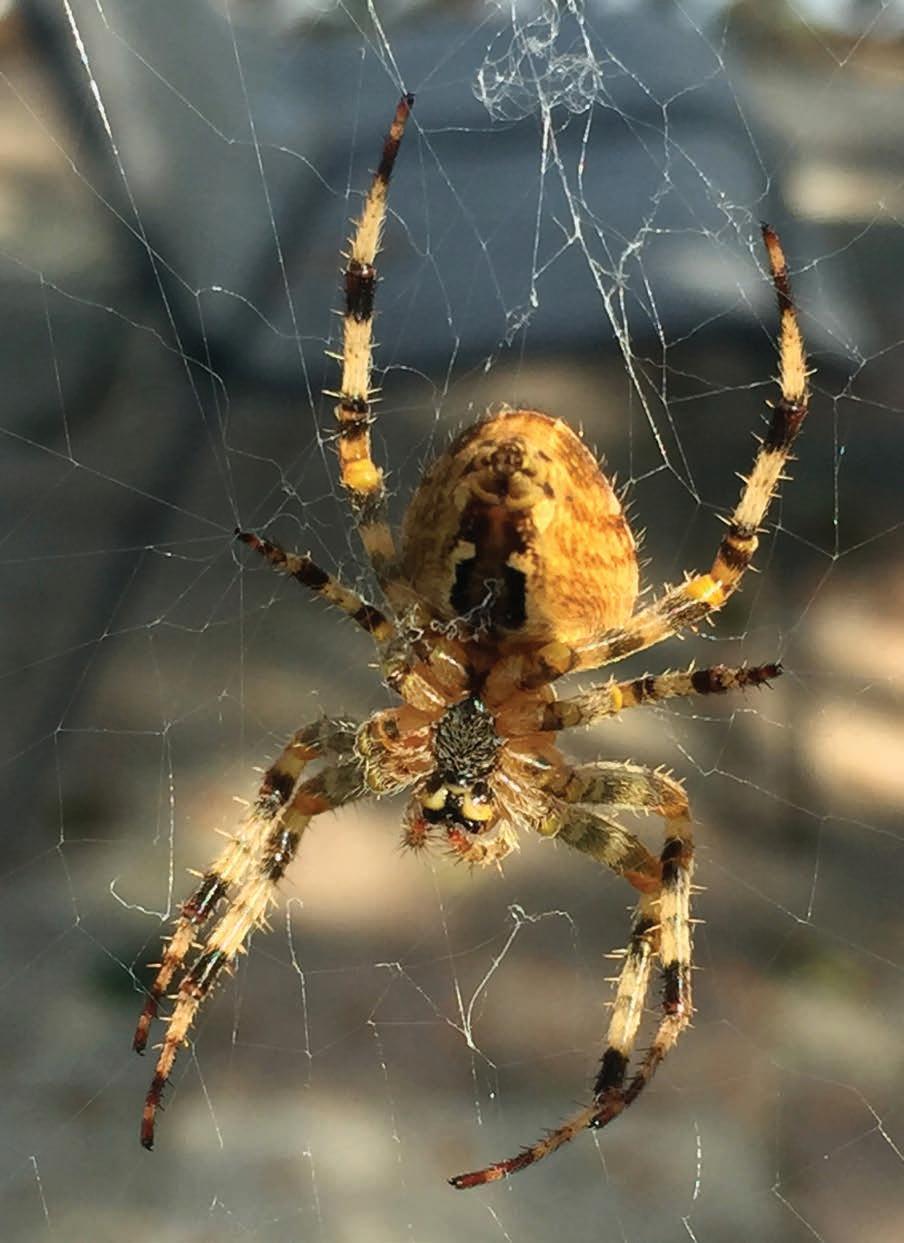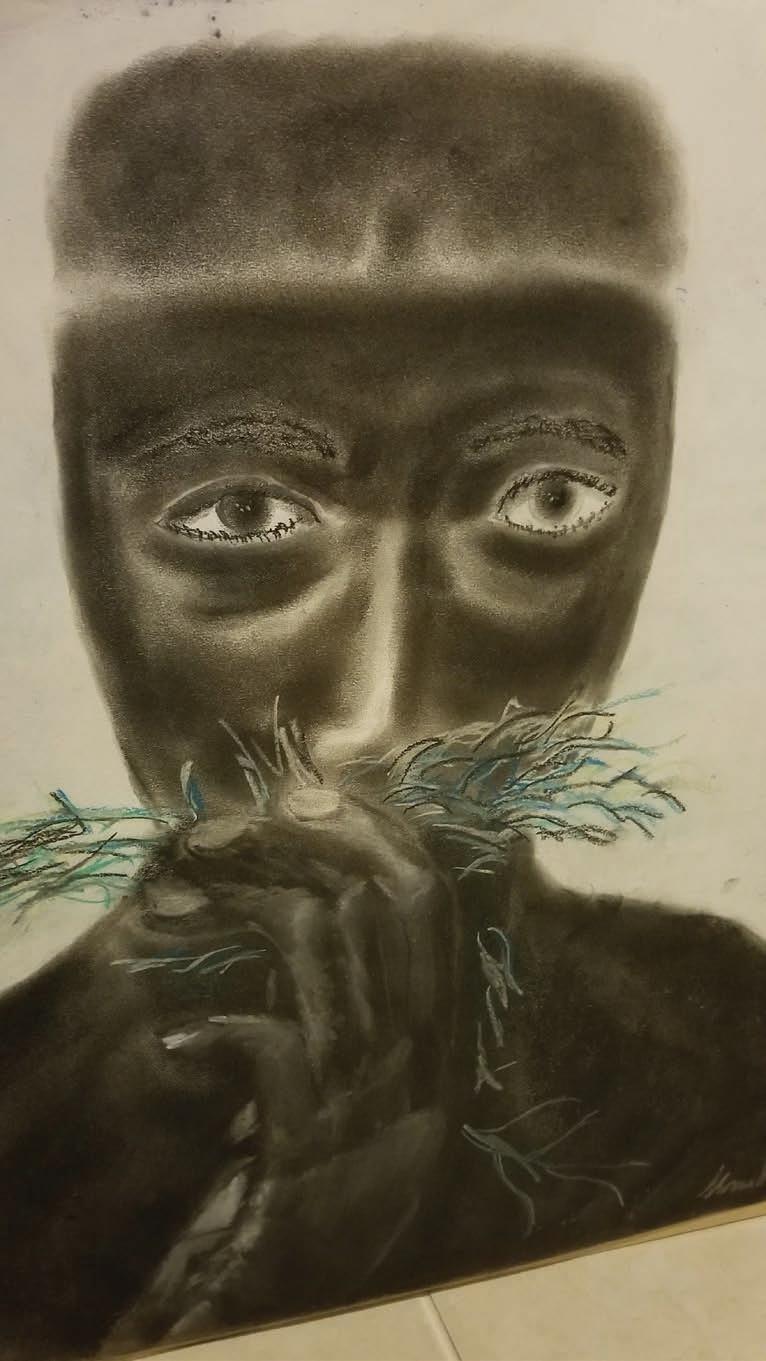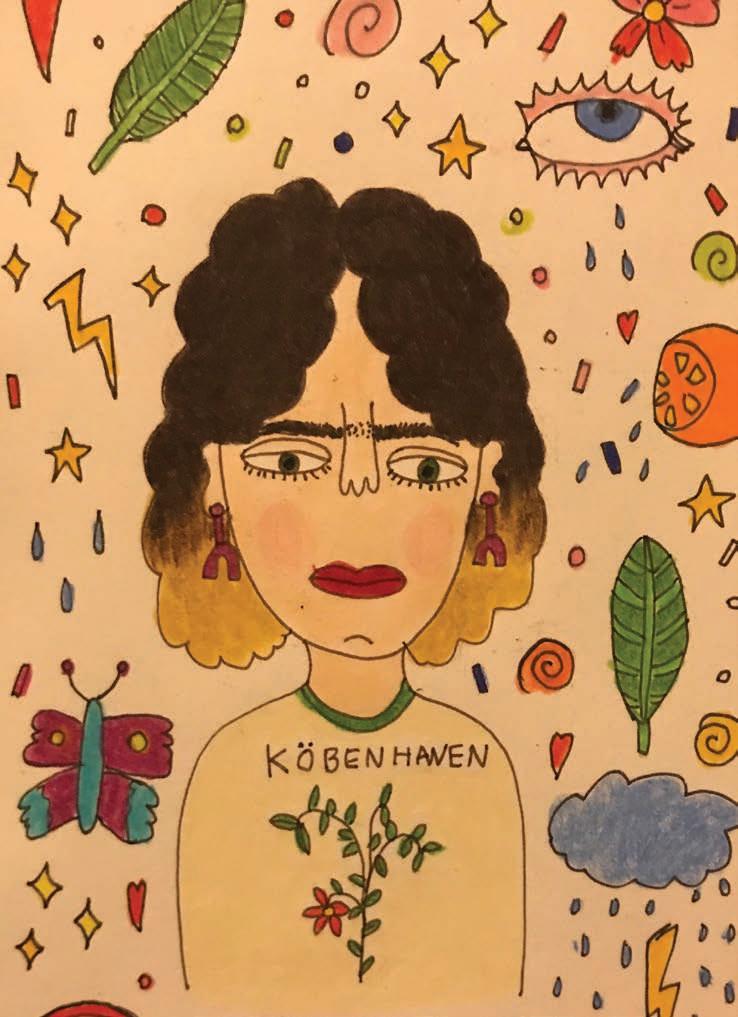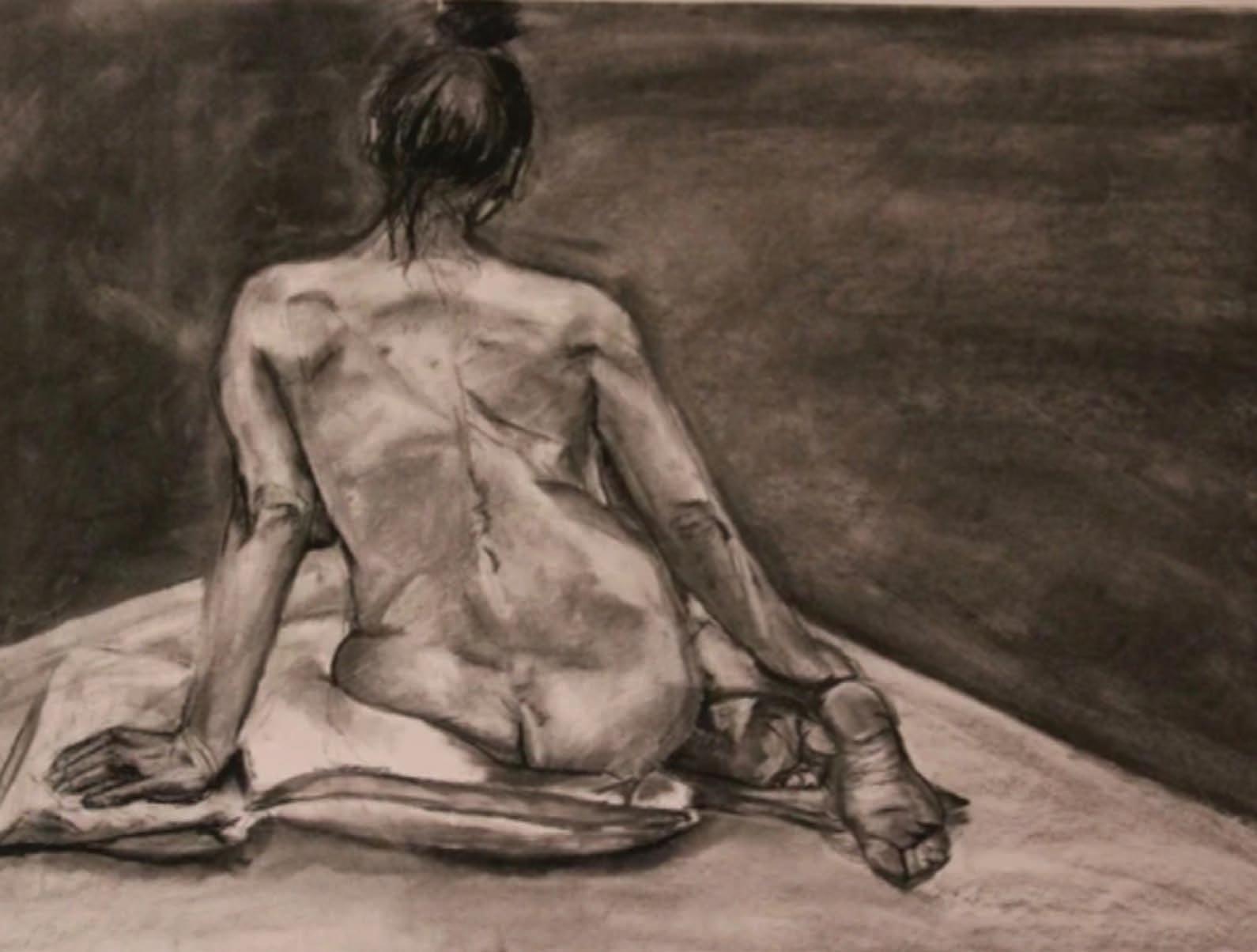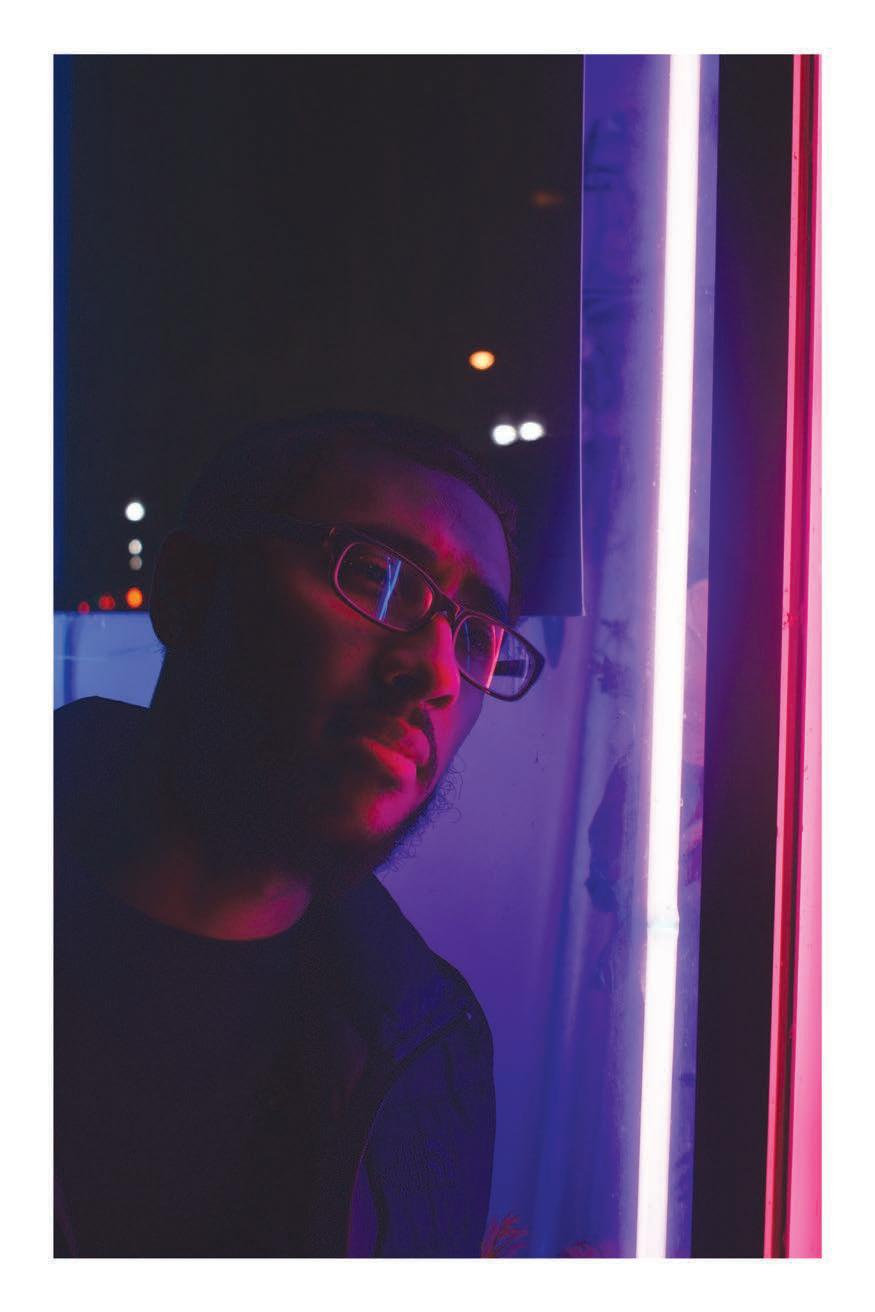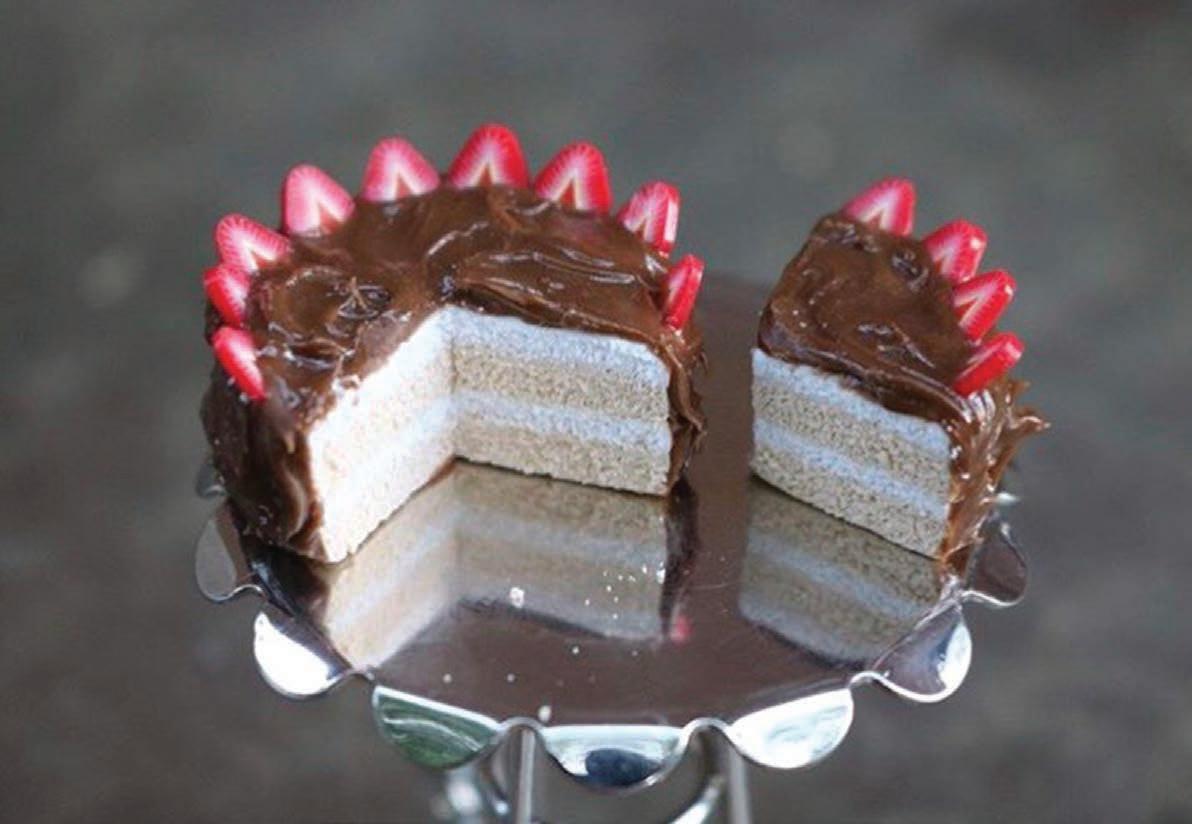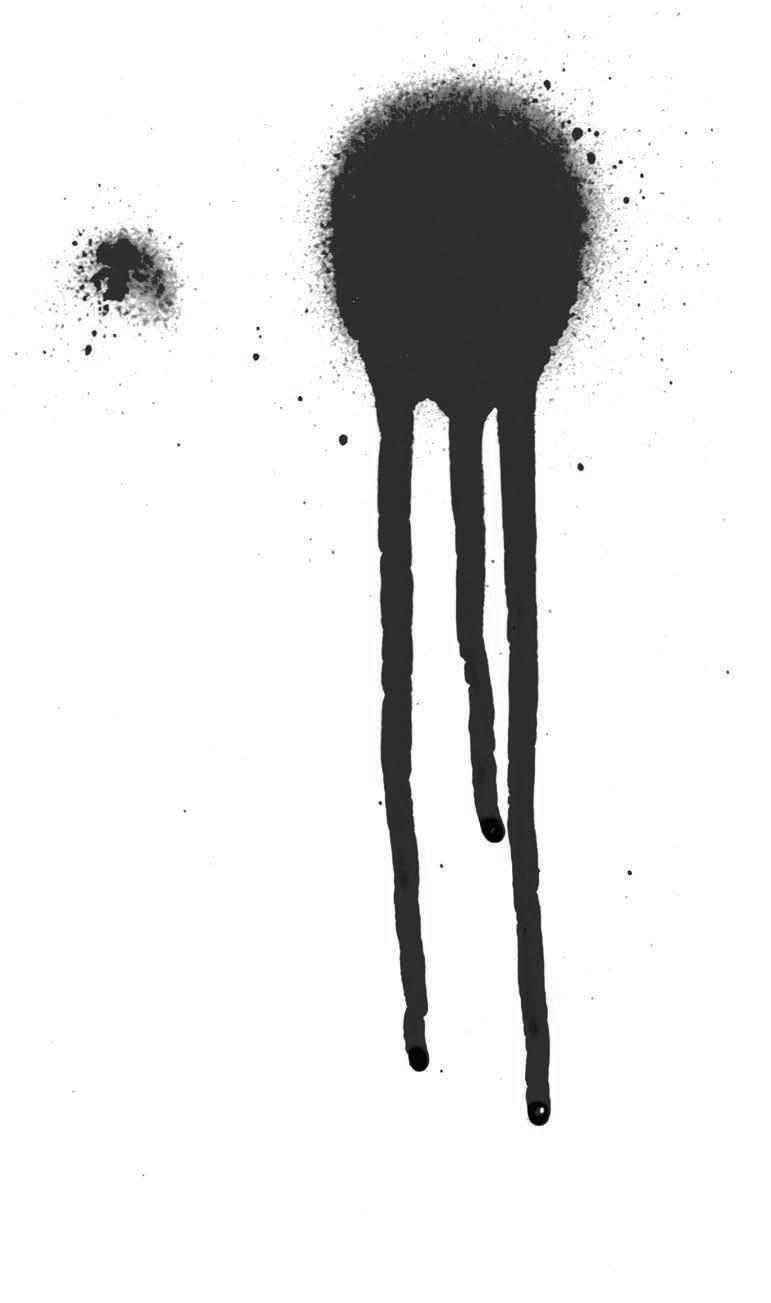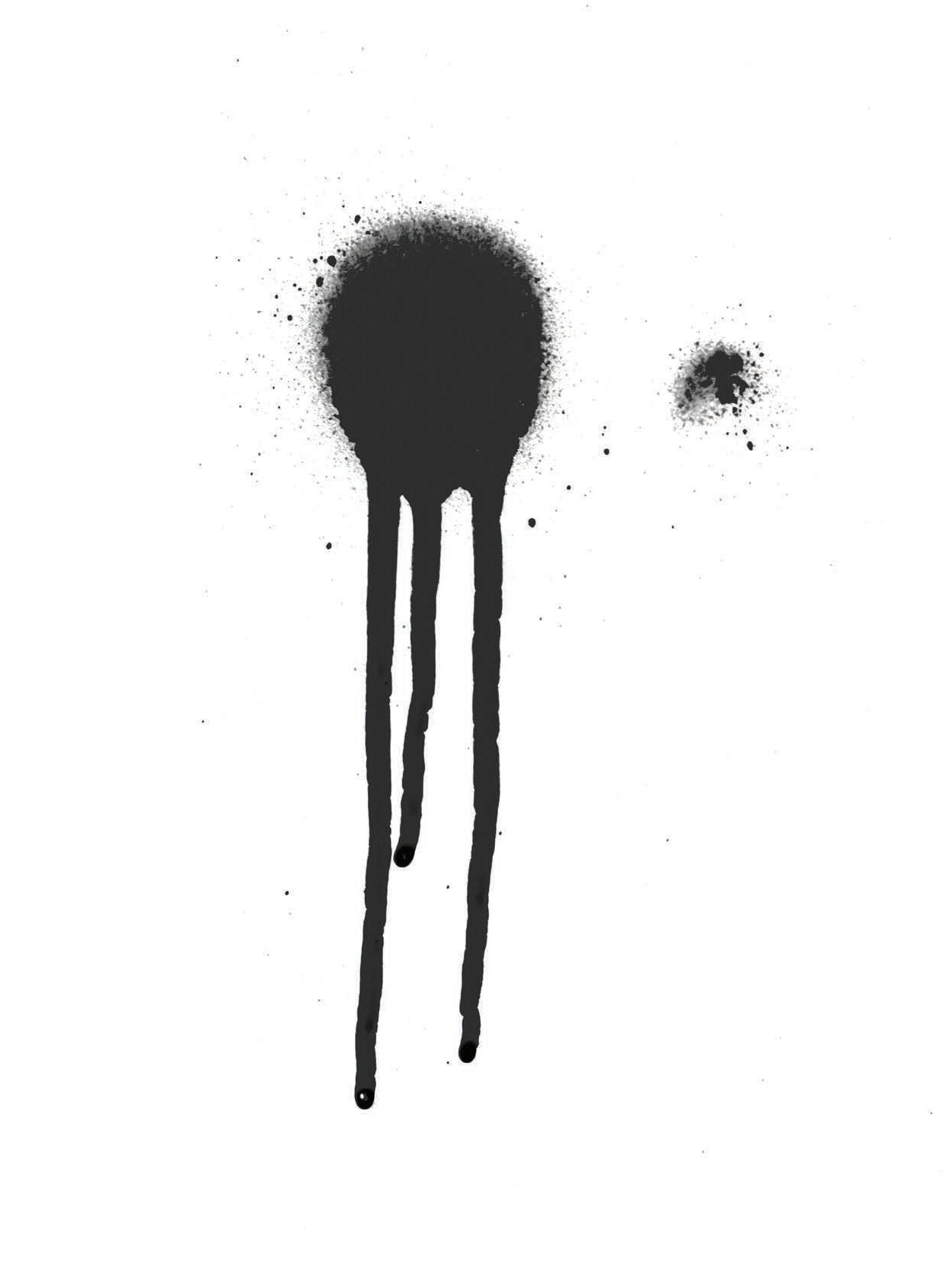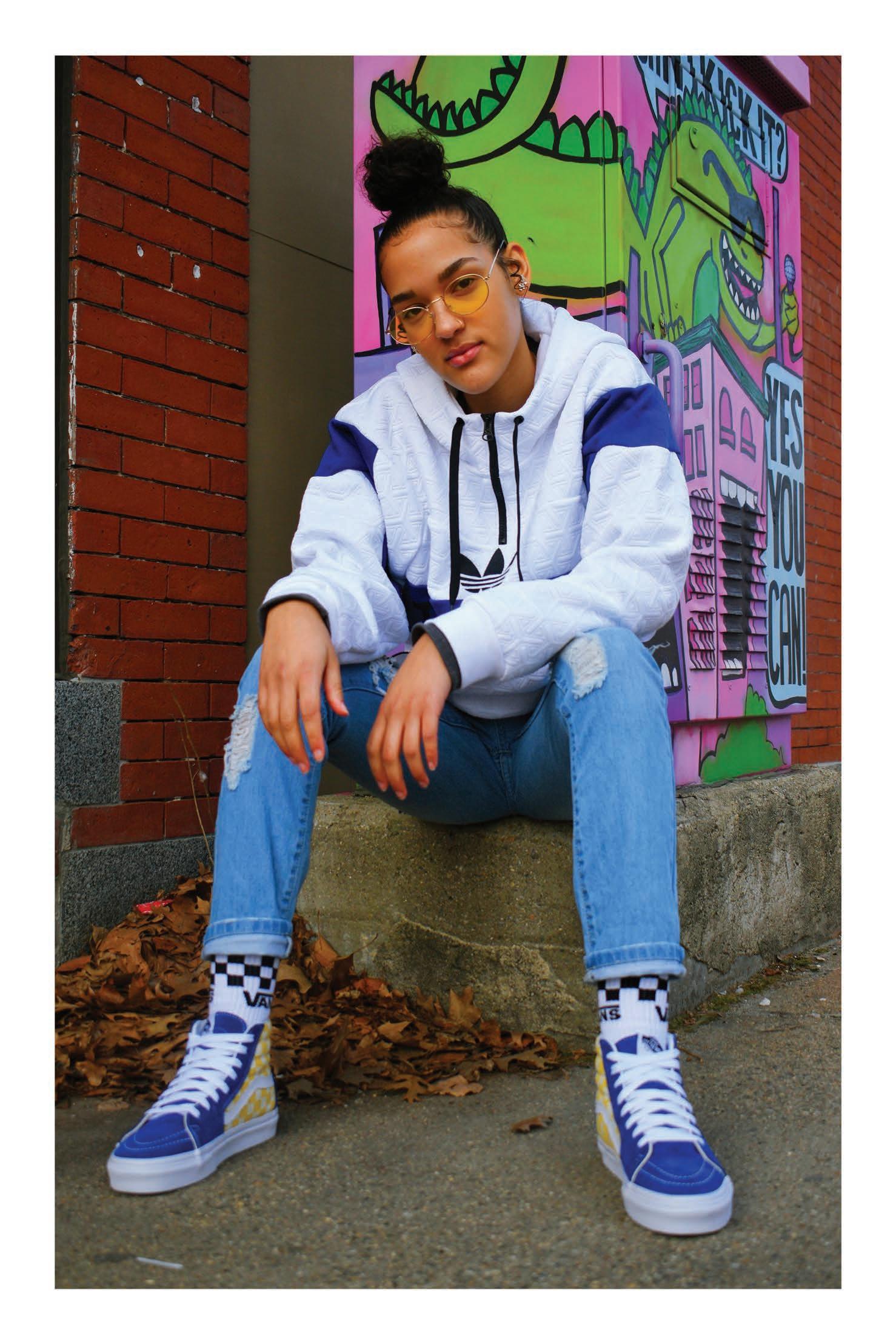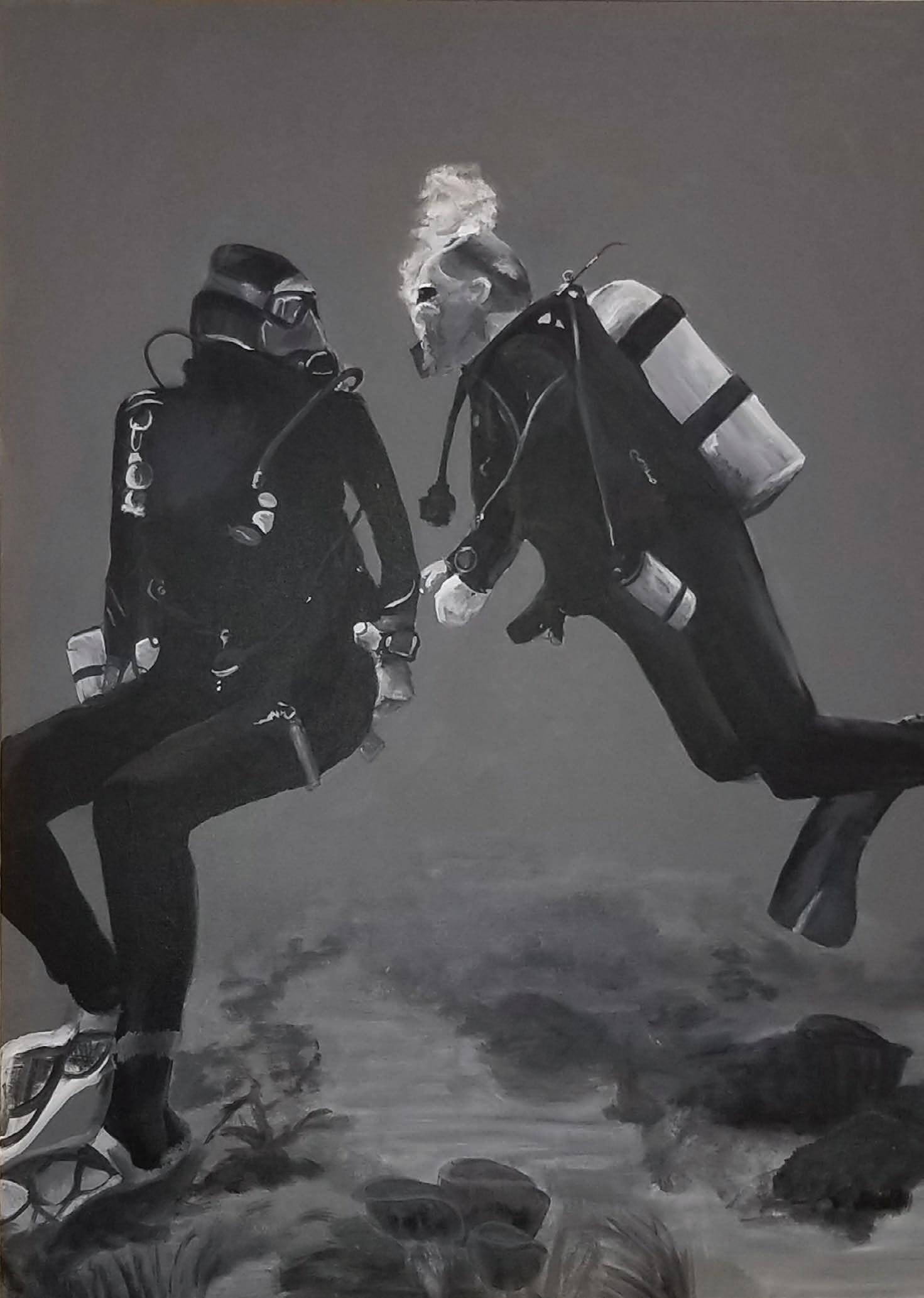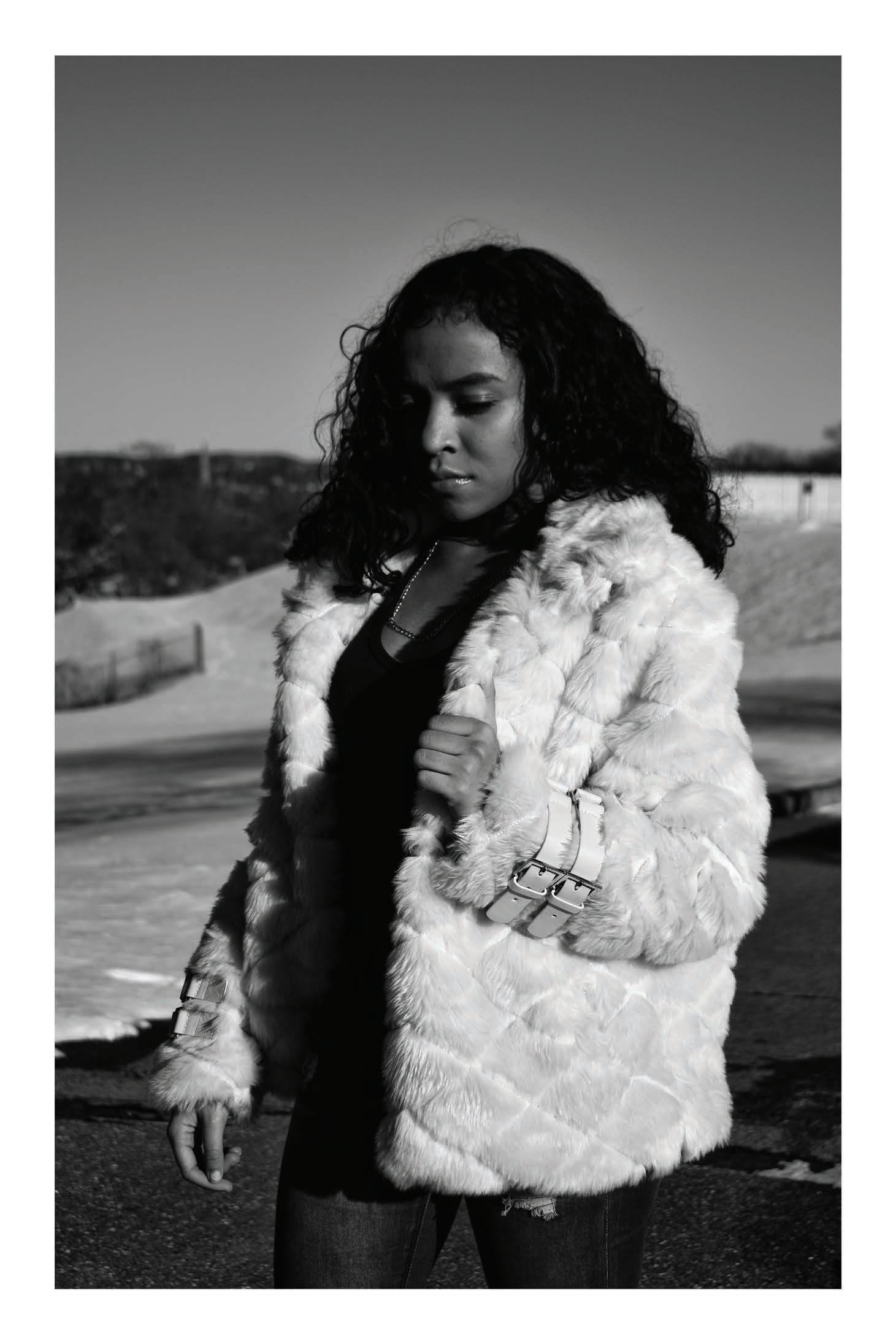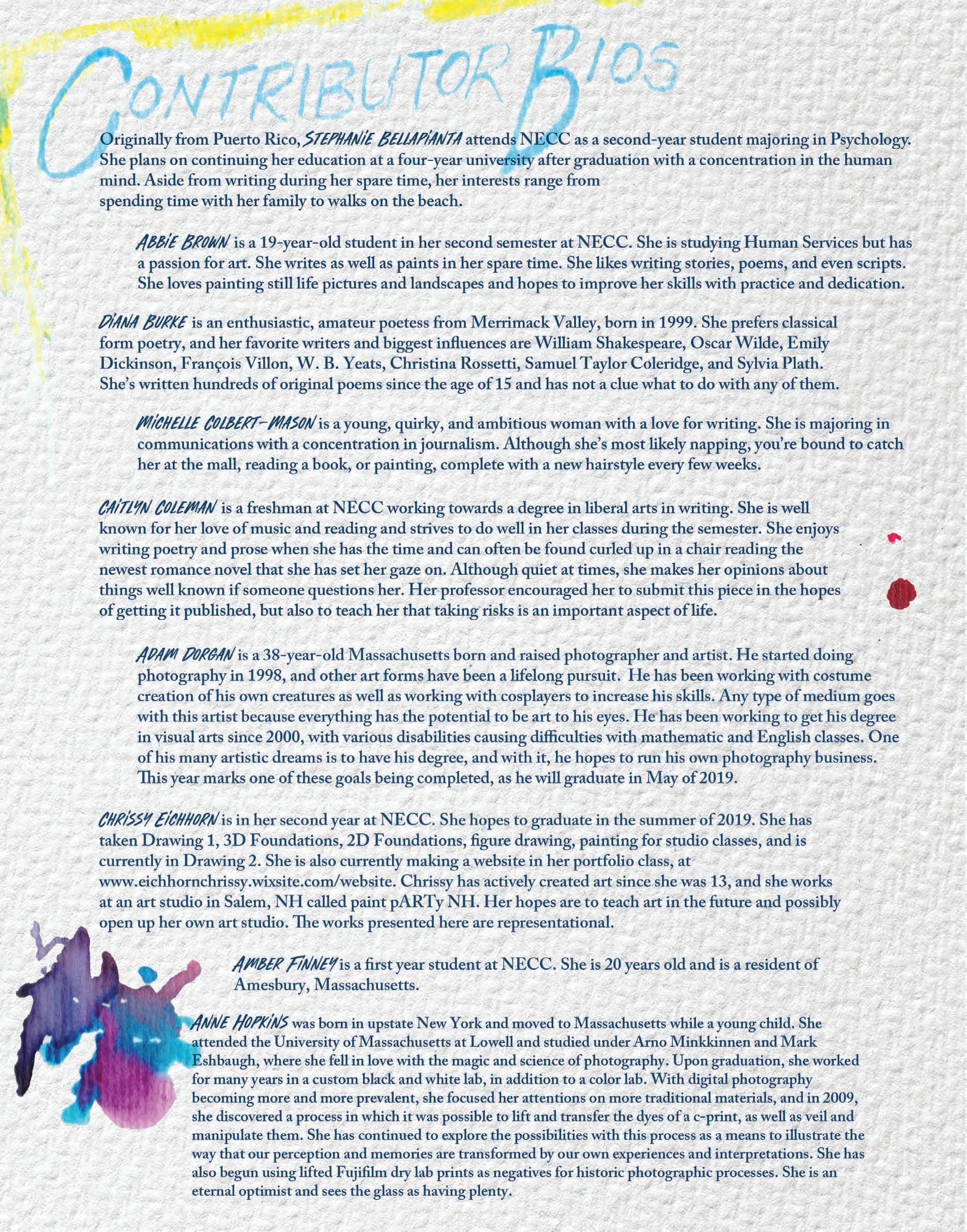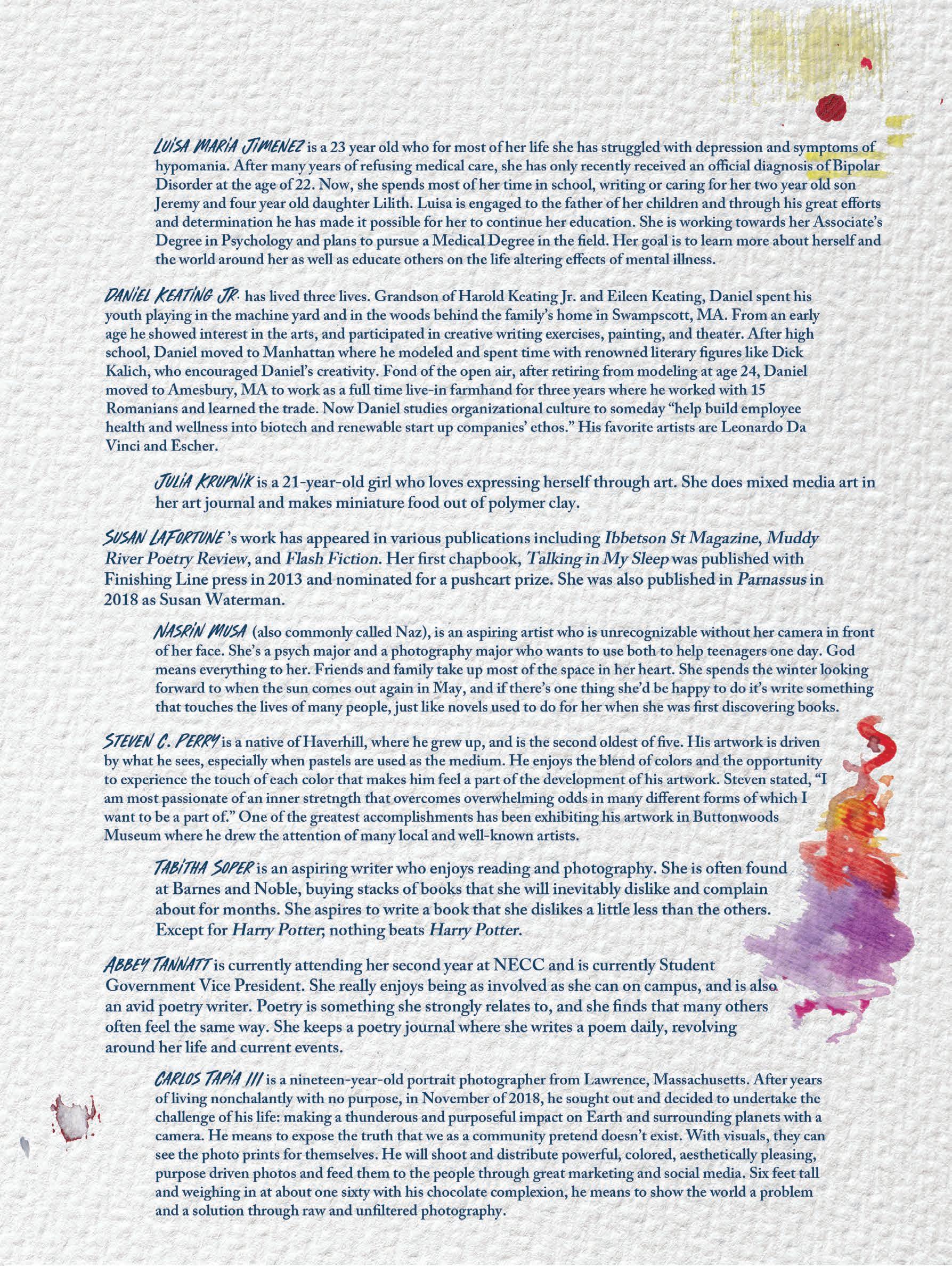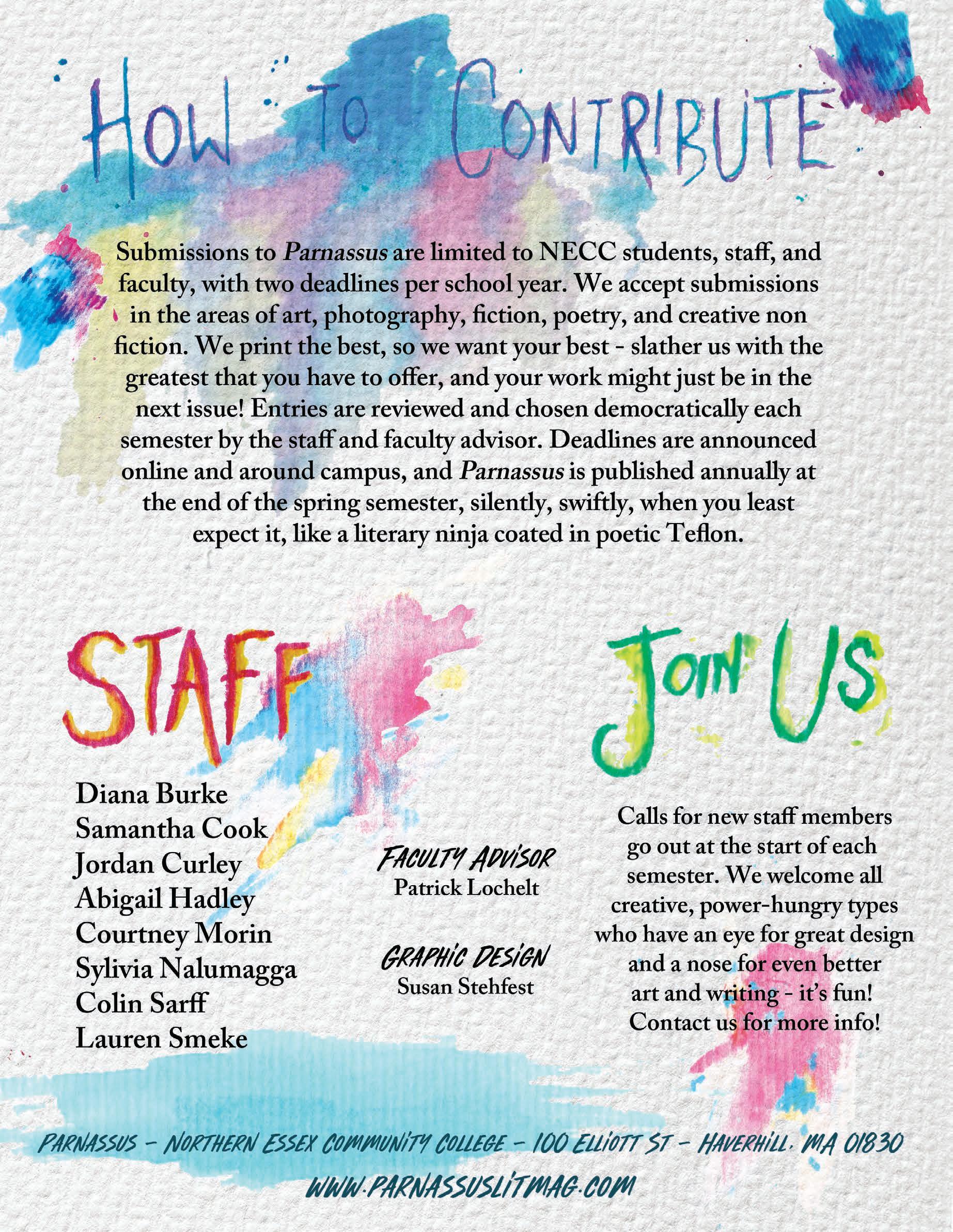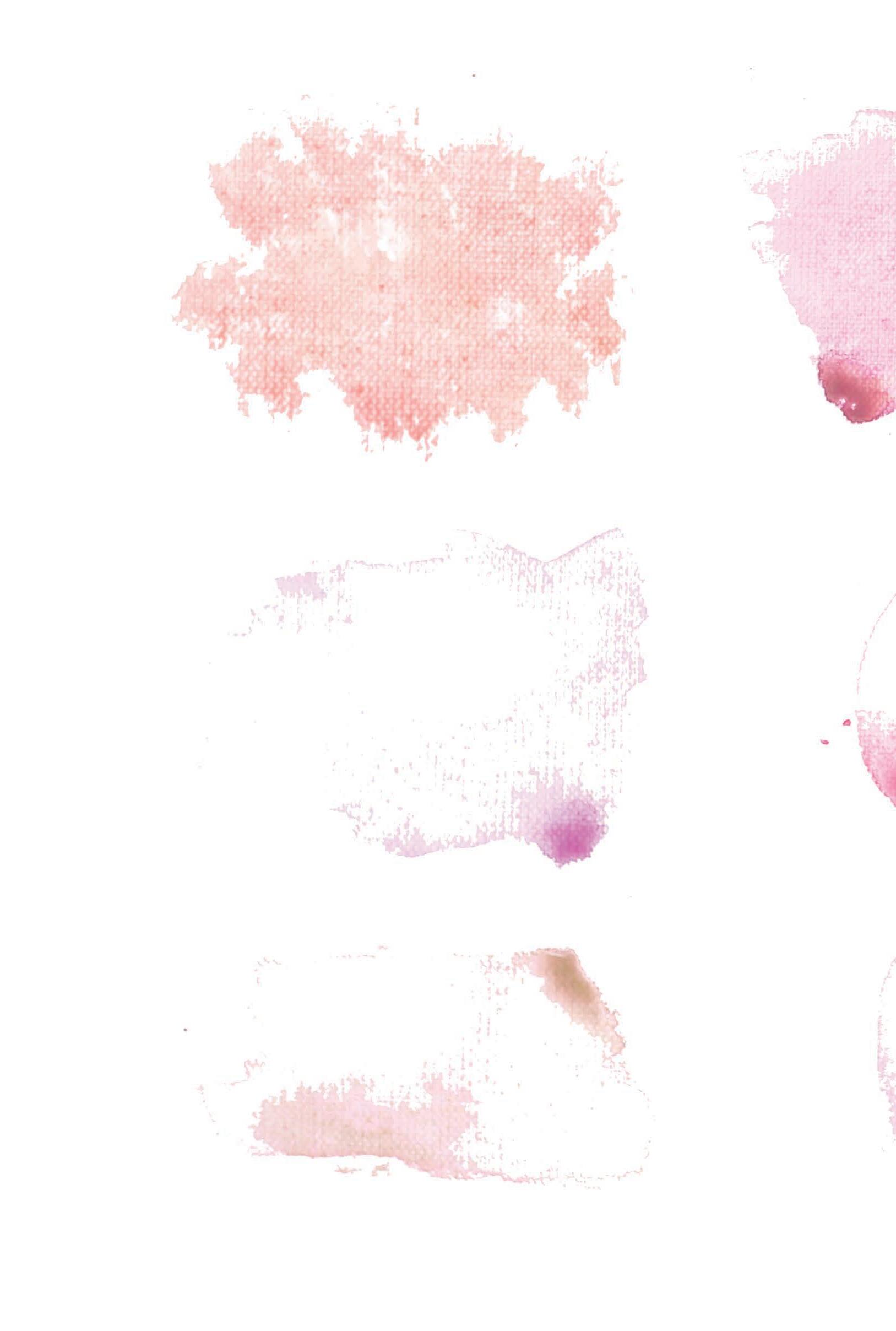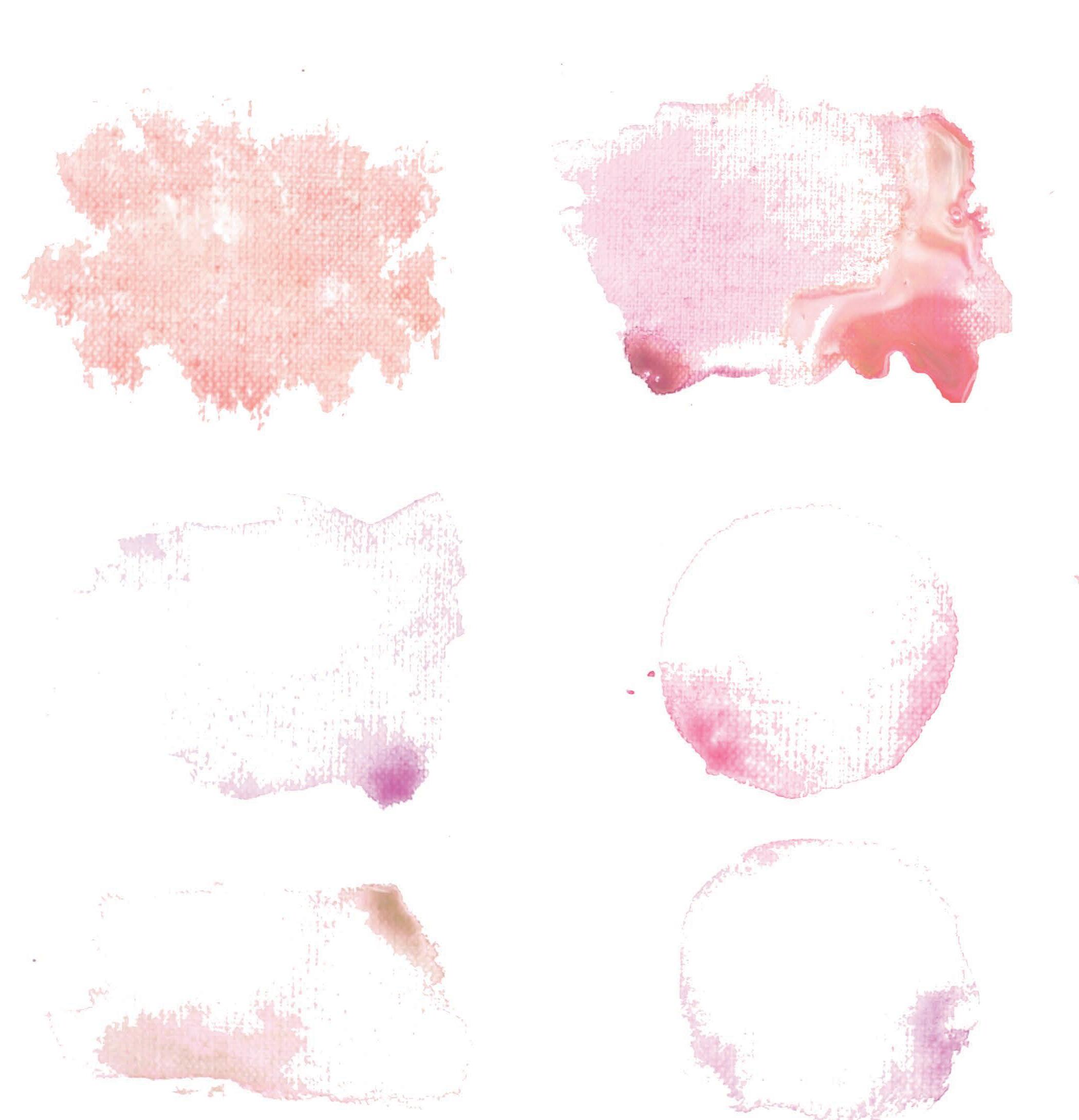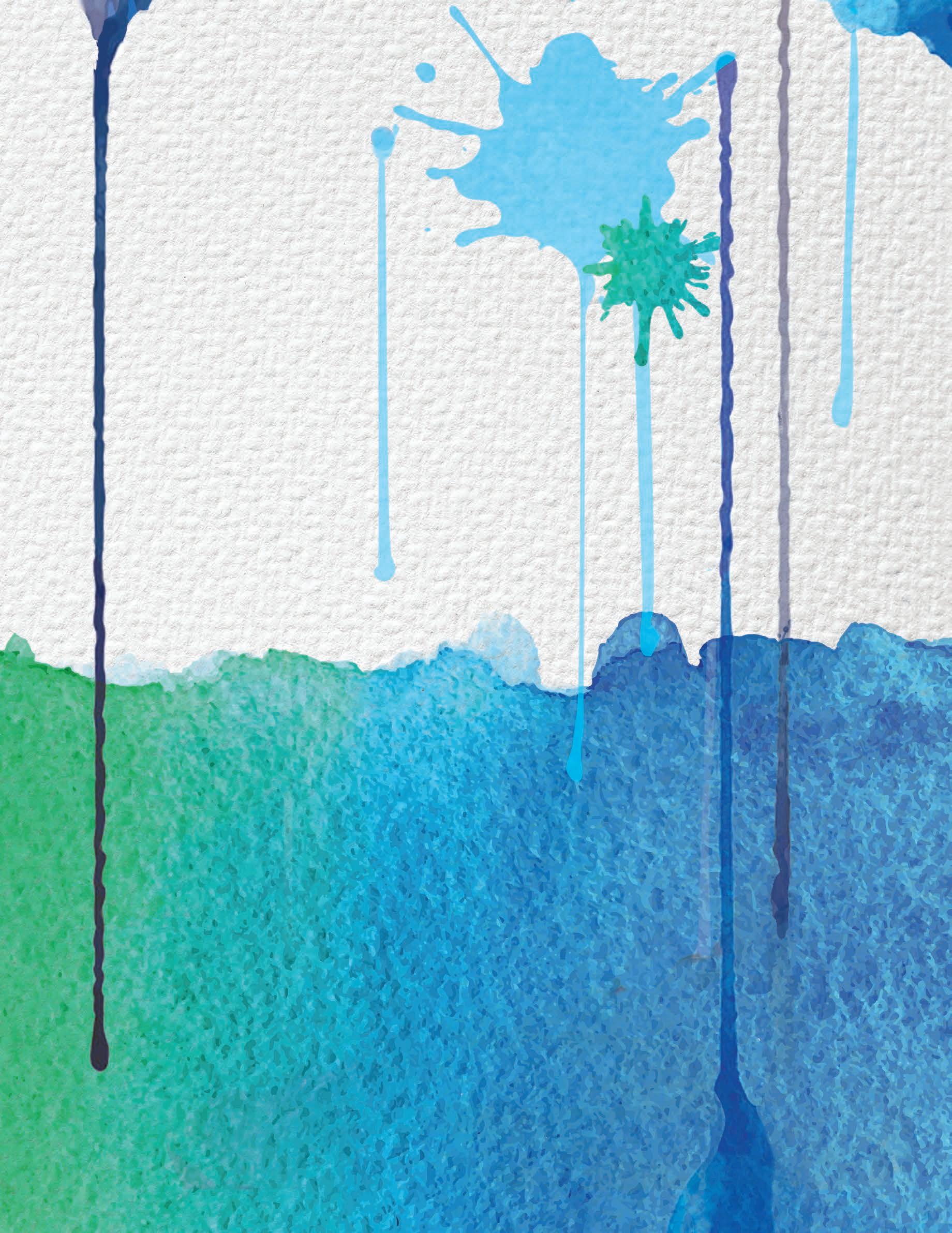poetry
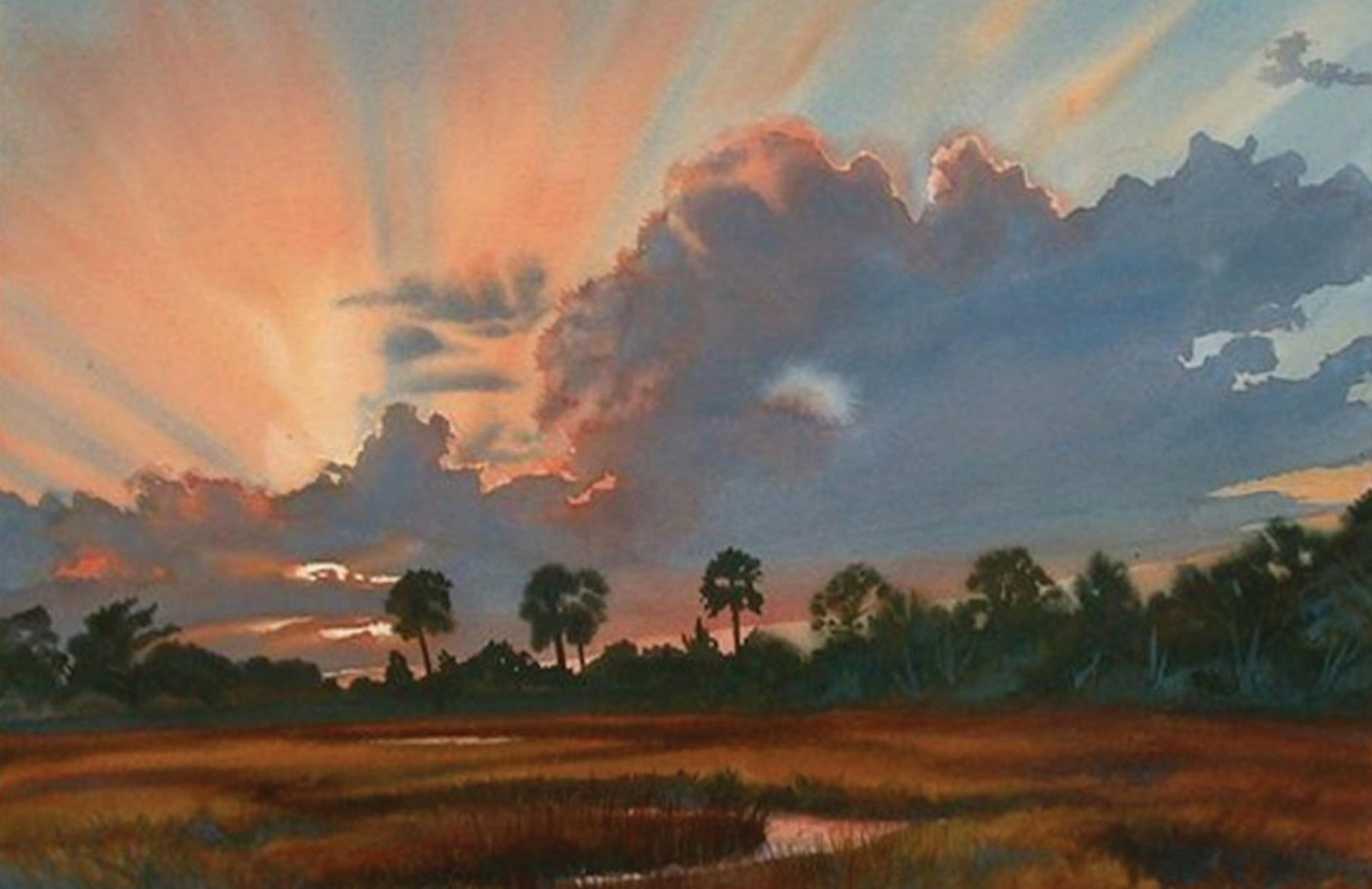


9 8
For I am born of honored genes Of scoundrel ruffians. The destitutes and libertines Gave unwrapped skeletons.


It’s far from only corpses left, It’s villages as well, Rewarded for their desperate theft, Sent off to different Hell—
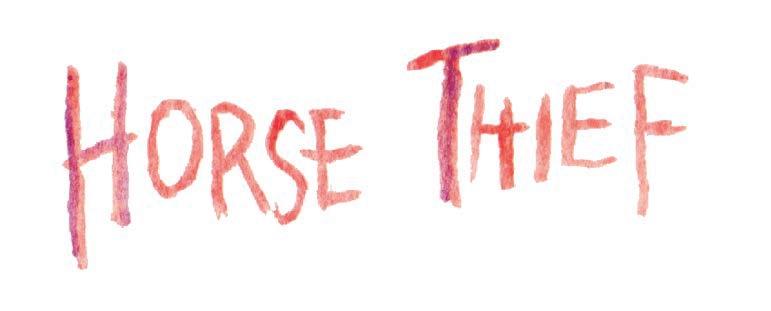
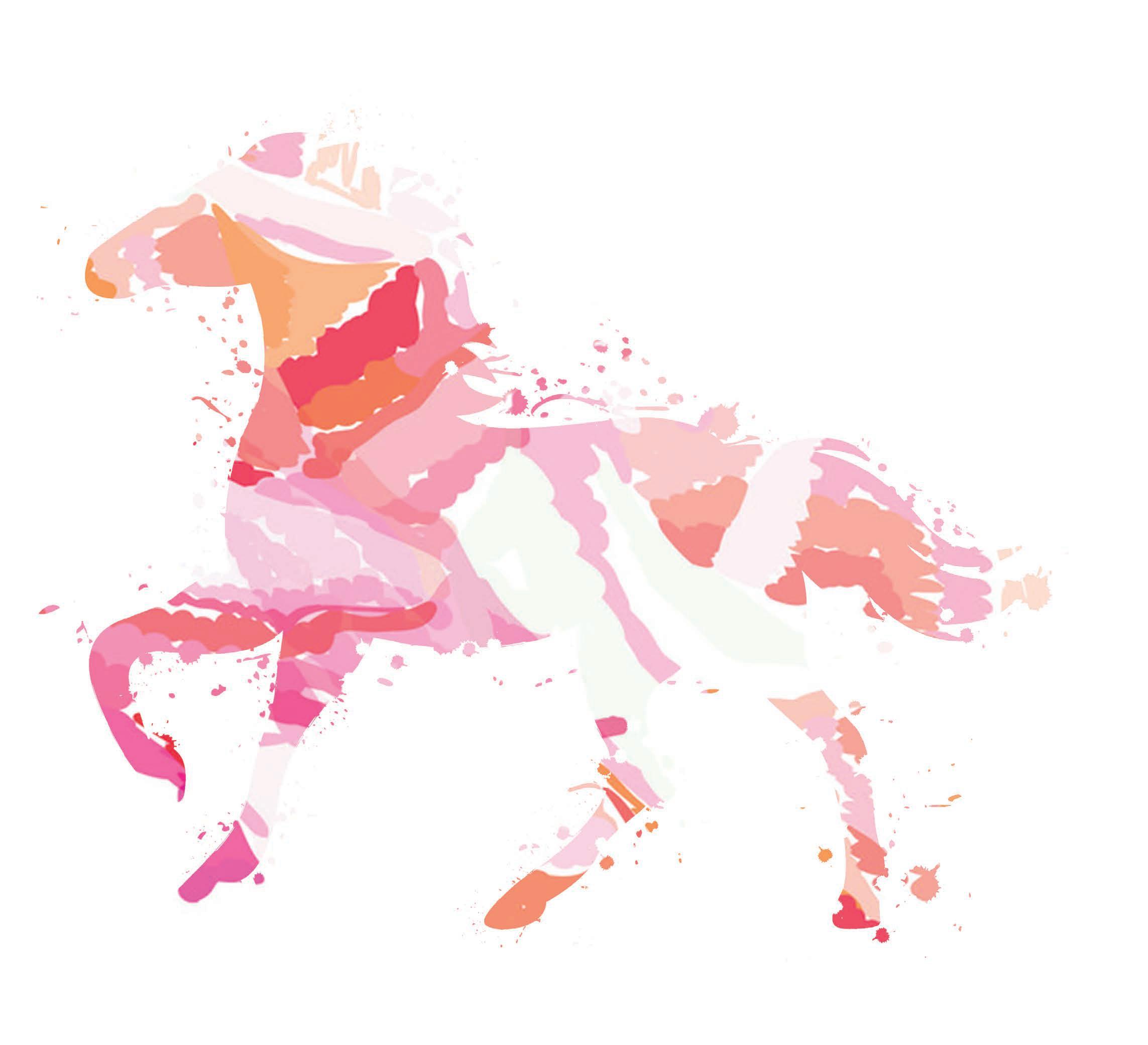
And thusly were my roots so clipped. The ultimate result Of exiles being poorly shipped, Is bred by catapult.
I stumble like a foreigner Where lies my origin, But knowing where the bastards were, Not where I do begin.
11 10
– Diana Burke
– Susan LaFortune

tricked by a bright star in late November
teasing them out from a winter’s bed and the rain pounds life against glass doors frosted window panes stuck on light lampposts house shingles each time the door opens they land on countertops.
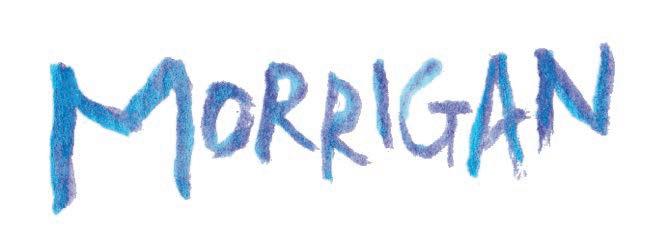
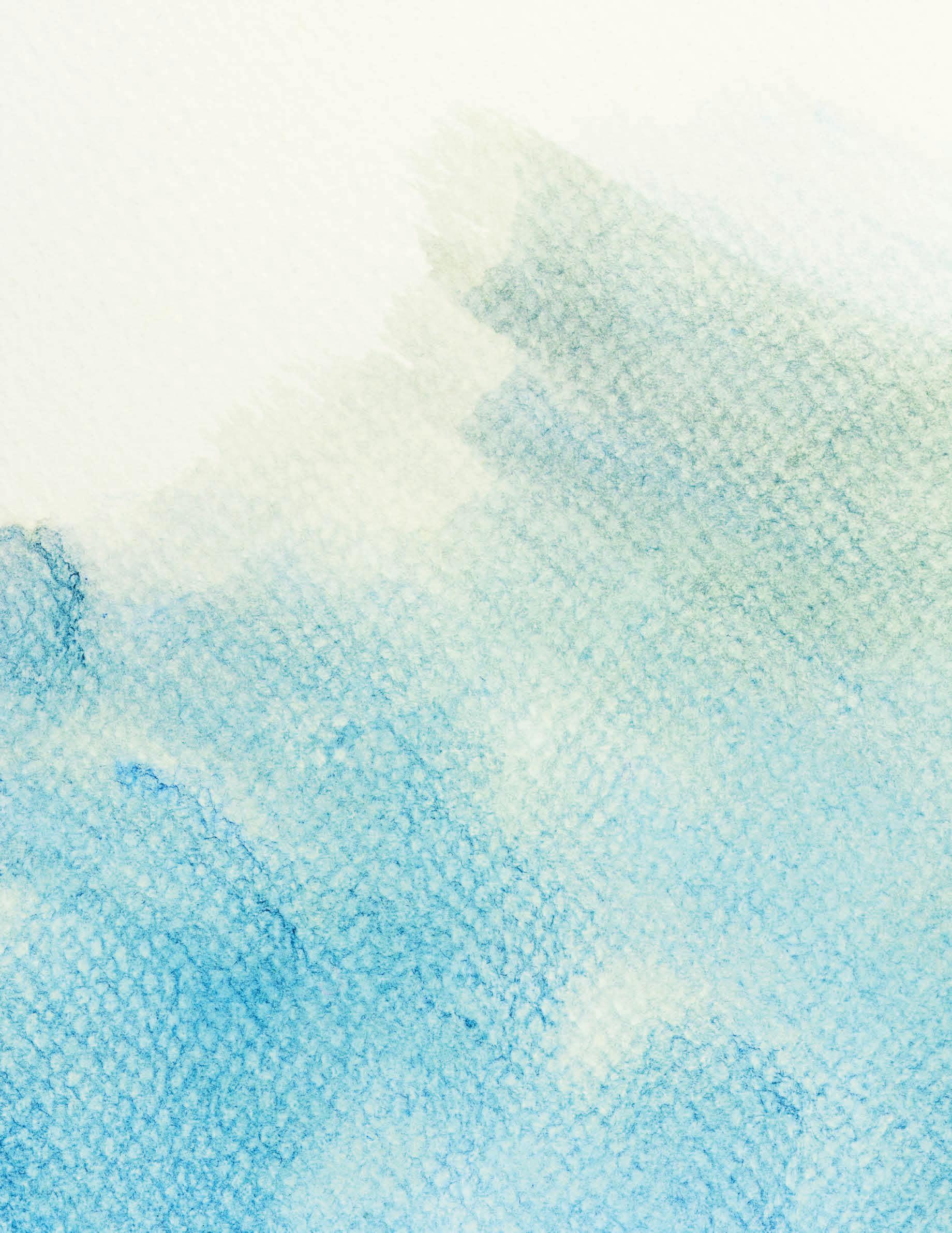
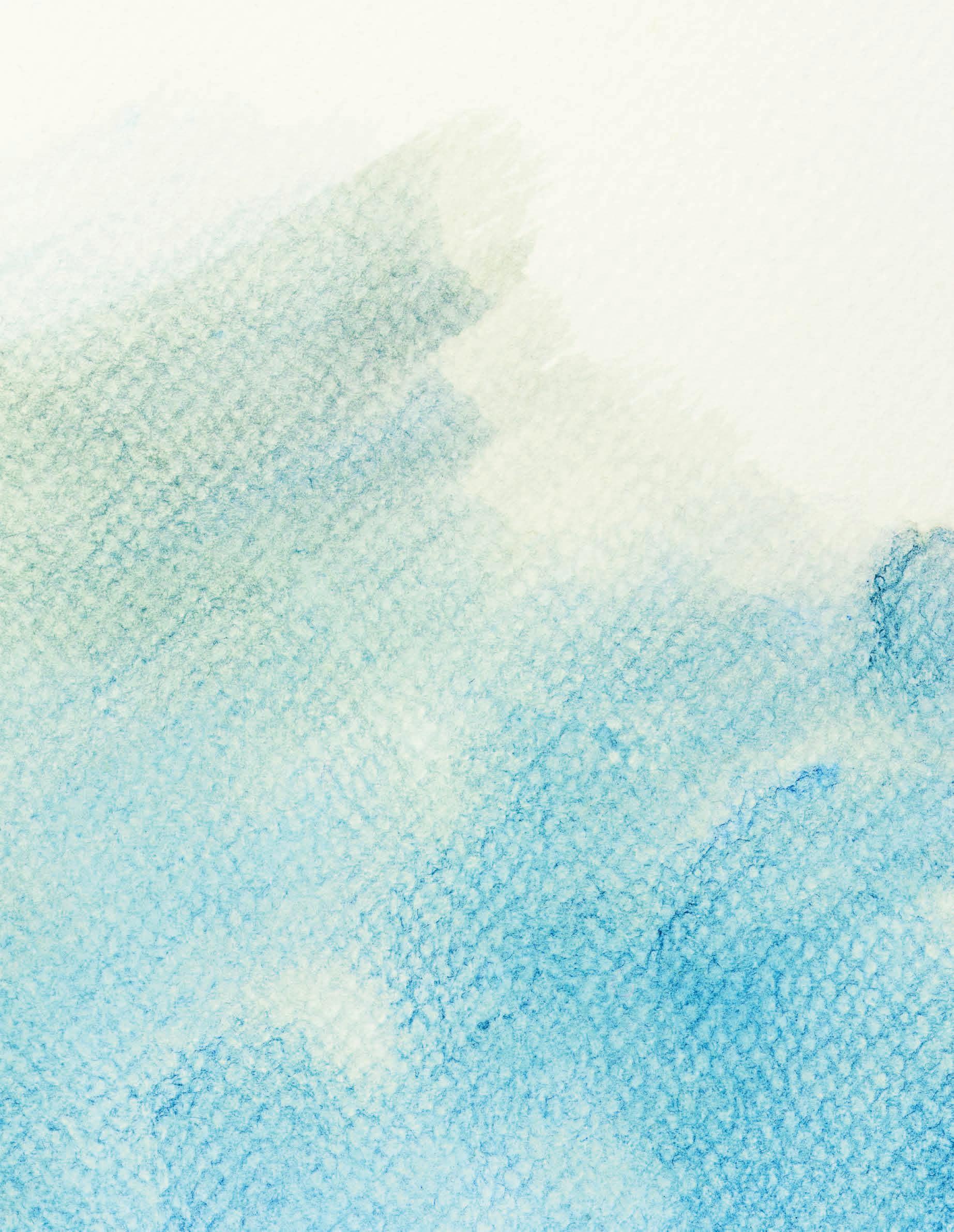
I find some days later clung to my sweater lying limp in the laundry basket and I remember how in the summertime they come with a veil of fluttering. Delicate bodies grotesque in mortality
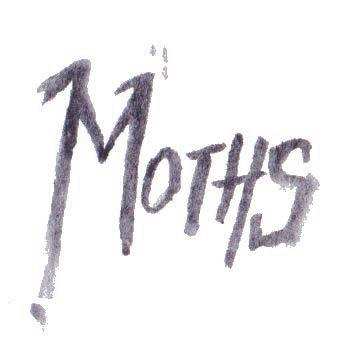
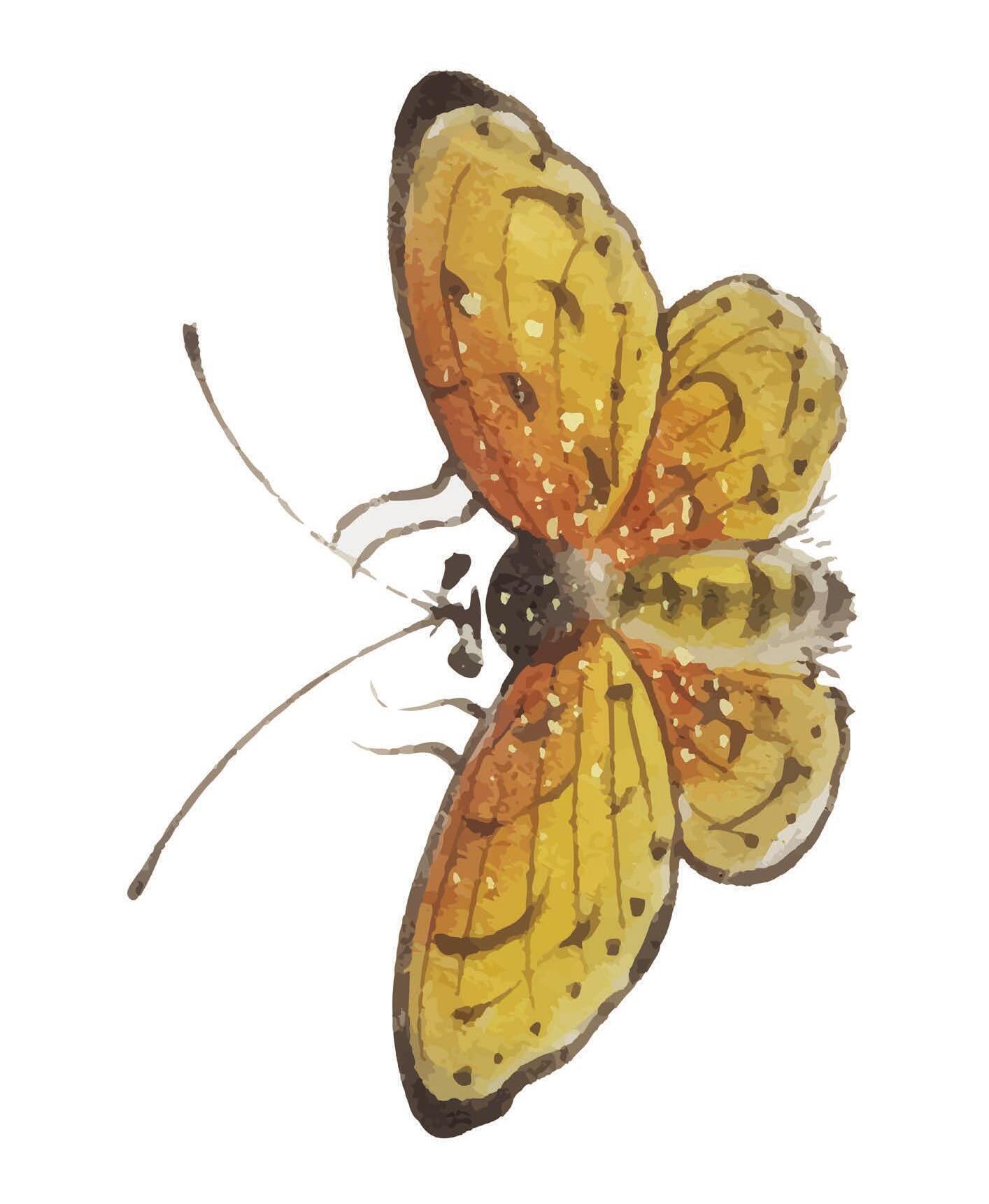
Dust is the glow of paper wings to flame.

Hot and wet, not in a way men would like; for where they are concerned, I’m a desert. I am a marvel of nature, a dry-blooded fiend who could make the Pope’s fez hurt.
Drenched from the ocean I live in; dehydrate internally, free from all fluid— Priests shake before me—their Christians have nothing comparing in years to a Druid.
Hiding societies dwell ‘neath the land; I am one of a people of many. Someday we’ll dive to the deck-top, and not a landlubber will have left a penny.
Dry on the outside and squishy within, petite humans may treat us with organs Perfect for flooding our mansions—the blooding sustaining a species of Morrigans.
Sea monsters surface on top of their turf is a vision of horror they dream not; Nightmares of peons exclude us—they look at their ponds and our shadows do seem not.
Scholars are wary; they know of our scary potential impending exhibit— They will be first of the village accurst to be dangled by liberty’s gibbet.
Hiding societies dwell ‘neath the land, but the populous thinks this surprising. Screams serenade on the hour, the soundtrack of our eventual rising.
12
– Diana Burke
–


Susan LaFortune
Son,
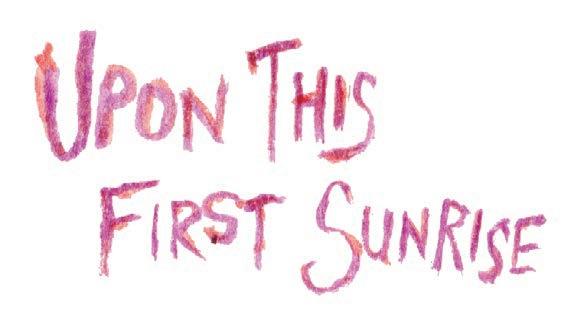
It’s 7:45 on Tuesday night, I just got your arrival call. There are no words to say, no letters to write, nothing to send. I can’t tell you what this feels like, as you-can-nottell me what or where you are; how tears harden in my throat. I want for you the world. I want for you to be ok even when it’s hard. It’s hard here too. It’s a black sky to know you are-hurting and missing the warmth of home. No matter where you are, you are loved.
But, like you, I need to keep going to get past the pain and focus on what needs to be done nowNow my heart longs to see you, my boy, my bright star.
Love, Mom
Susan LaFortune
My son carries a gun now, across a place or an island learning how to become a machine
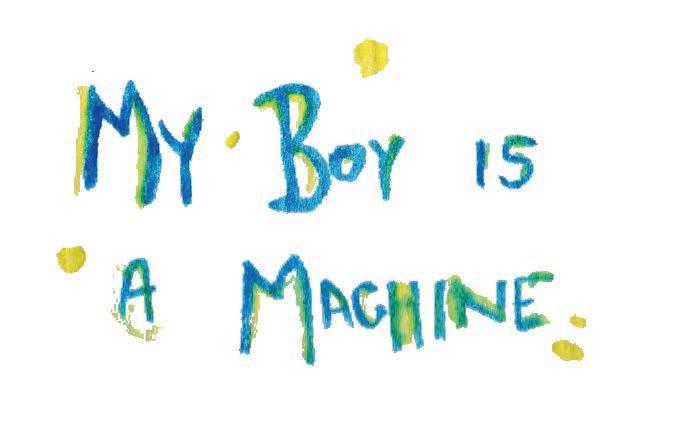

America runs by machines your body nowgears and metal meticulous in purpose eyes are scopes
They hear your squeaky wheels and drown you with oil
They found the hidden piece the place where your heart stays
replaced by a key that clicks revs your engine ….OOHRAH my boy’s body a transmitter in the dark perfect night vision
Oh say can you see a piece of me stays with you while you stay lodged in the pharynx of an eagle’s throat.
14 15
– Diana Burke
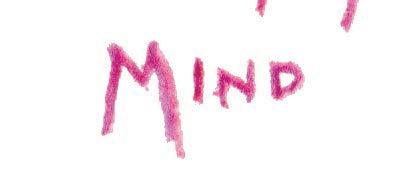
I do tell of the tale of Miss Mary Mae Moncrieff; she’s getting near six years of age. She’s got loving parentals who care for her dearly; they keep her locked up in a cage.
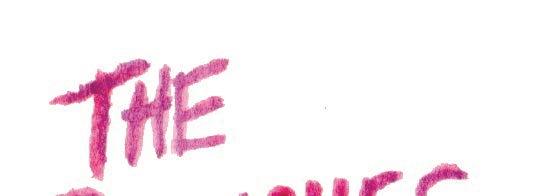
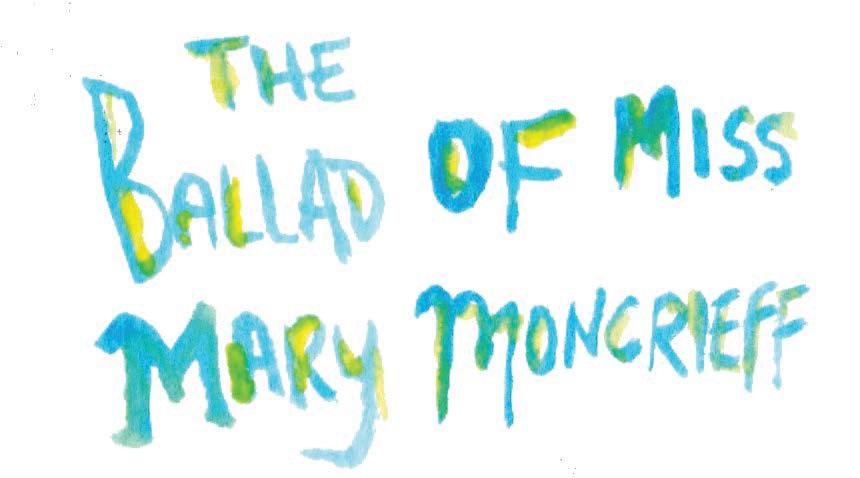
Giving kisses goodnight, she is tucked in so tight, and their daughter is put safe to sleep. They have padlocked the door, unaware of the lore of the monsters in Mary Mae’s keep.
When she closes her eyes there are goblins afoot, and their hands wield some twelve-inch-long claws. There are critters and creatures with horrible features that never so ugly there was.
They have set up a tea table, prepped for a party with Mary Mae’s favorite snacks, And she lets her feet rest on the ottoman, plenty accompanied as to relax.
They are friends—she is friends with the monsters. They’re her biggest secret and her they adore. They may snarl and be vicious, but love is malicious; they fight and she just loves them more.
She can feel in her cuts she’s got dozens of cuts that’ll fade by the time she awakes, But what stays there always is the inner turmoil, the most useless of troublesome aches.
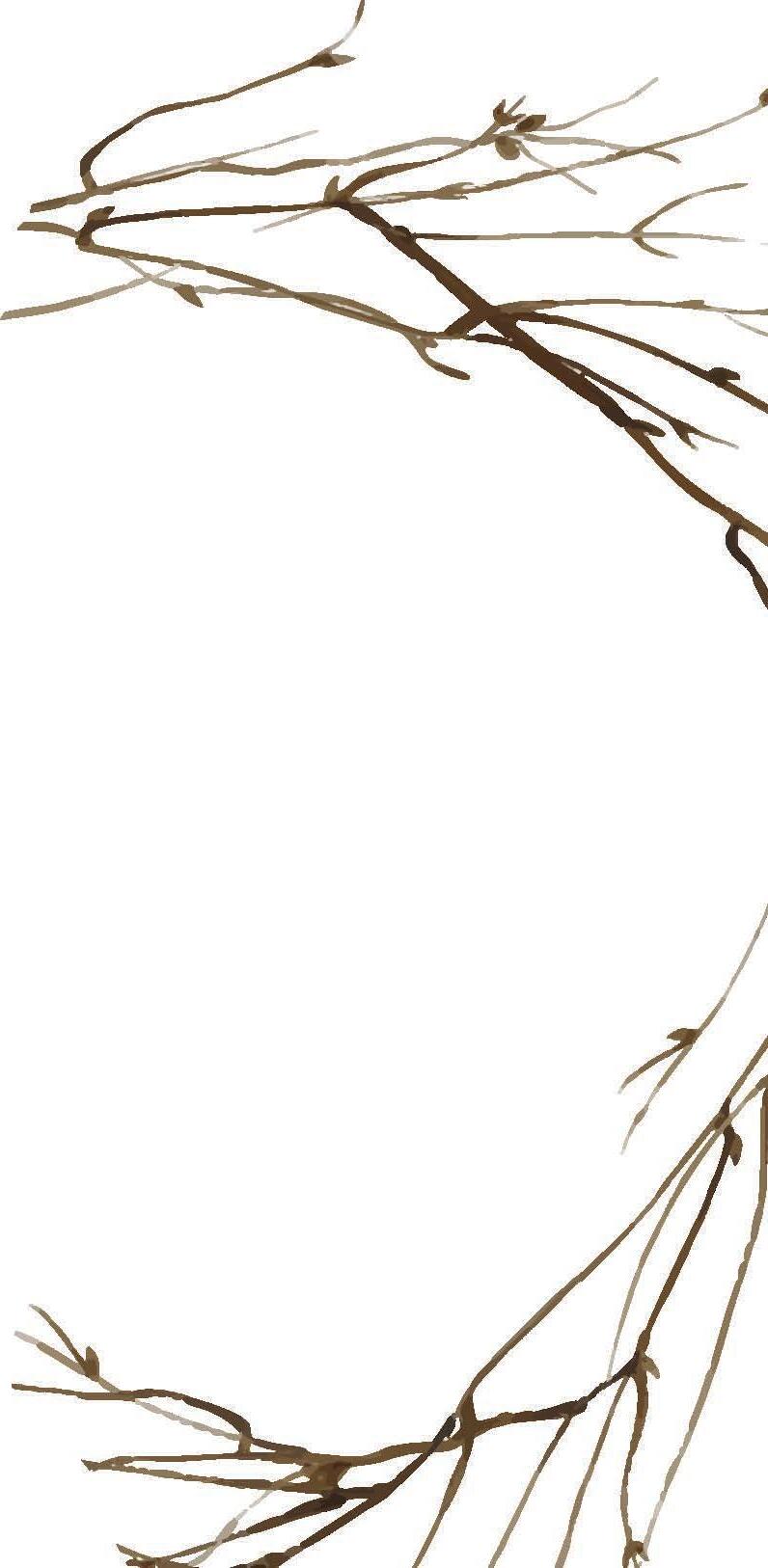
The perfunctory occasion ends with a persuasion—or, what the naysayers call, “threat,” And a swipe of a hand decimates the whole land in the midst of Miss Moncrieff’s baguette.
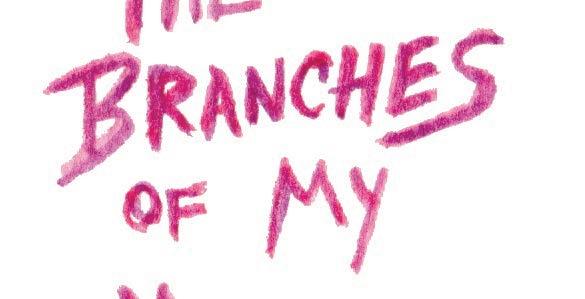
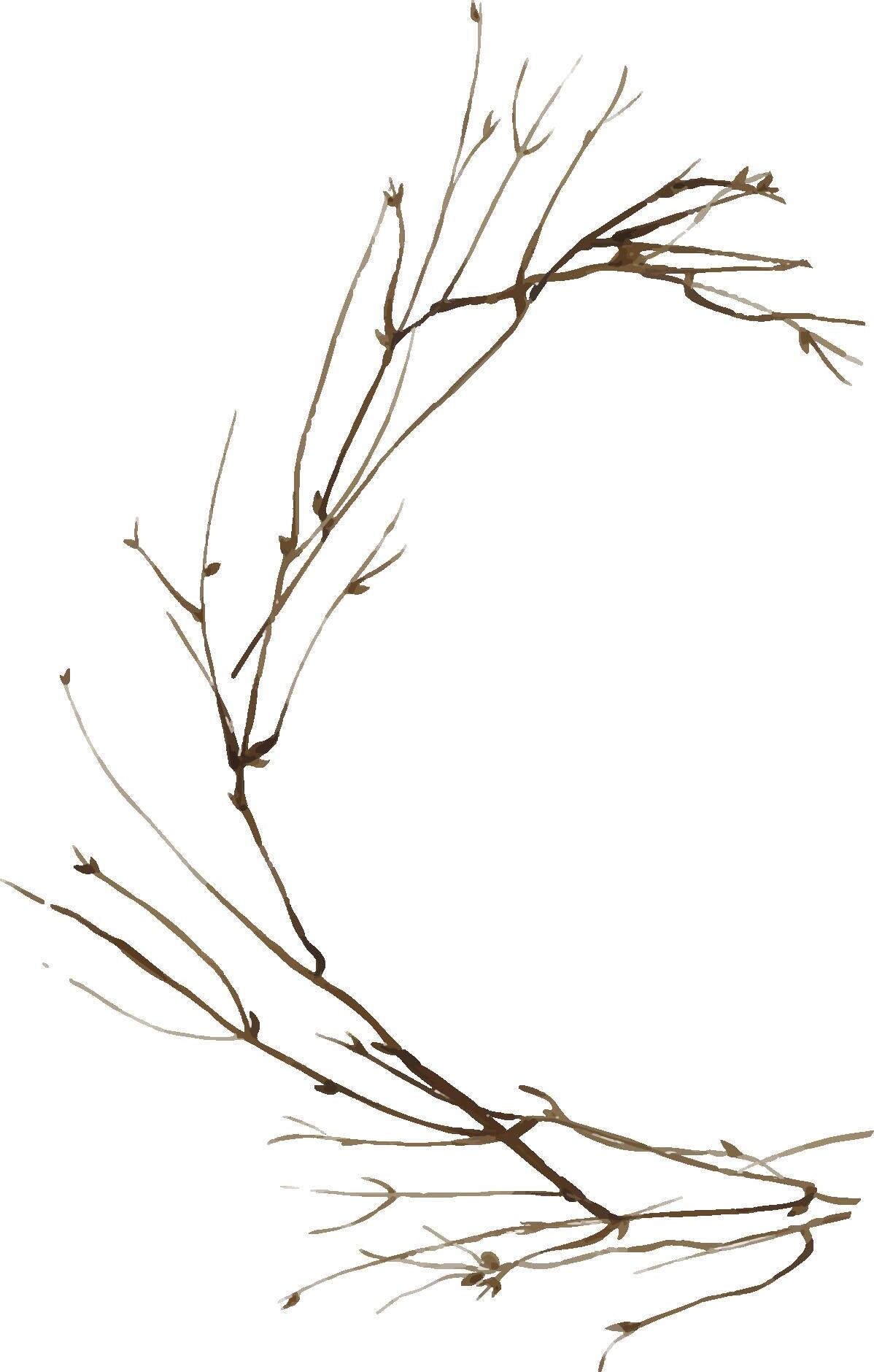

The girl opens her eyes and observes the sun rise and sinks little in child-like despair, She looks all in the room for some clues to exhume for her parents, and finds them nowhere.
Feeling quite like a fool, she is dressed up for school by a mother unknowing of harm, And her father drives off like a witless old toff, with his Mary Mae under his arm.
While her mother at home is upkeeping their Rome, she finds curiously smashed cups of tea, And imagines dismay of her sweet Mary Mae. Oh, what
– Susan LaFortune
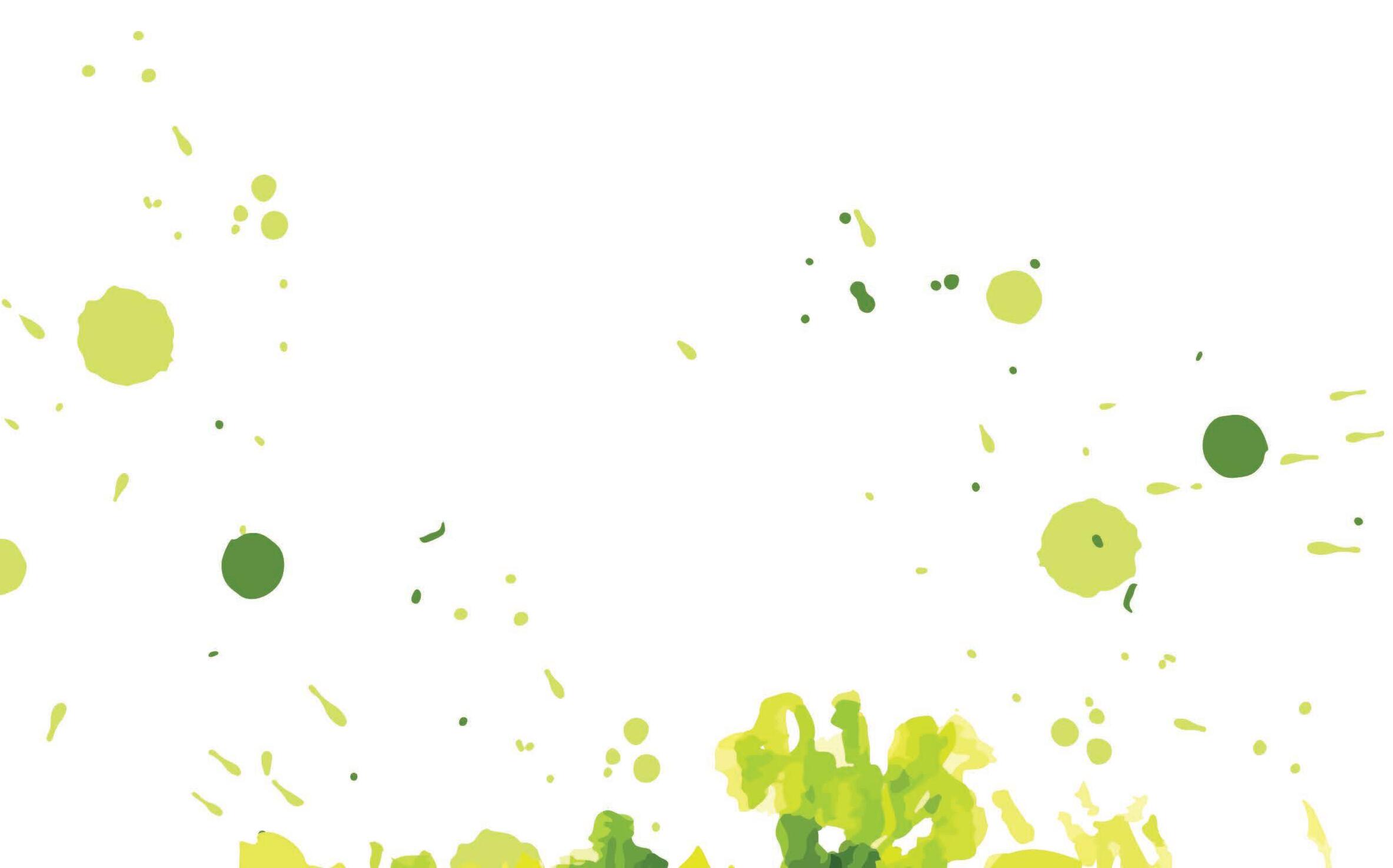
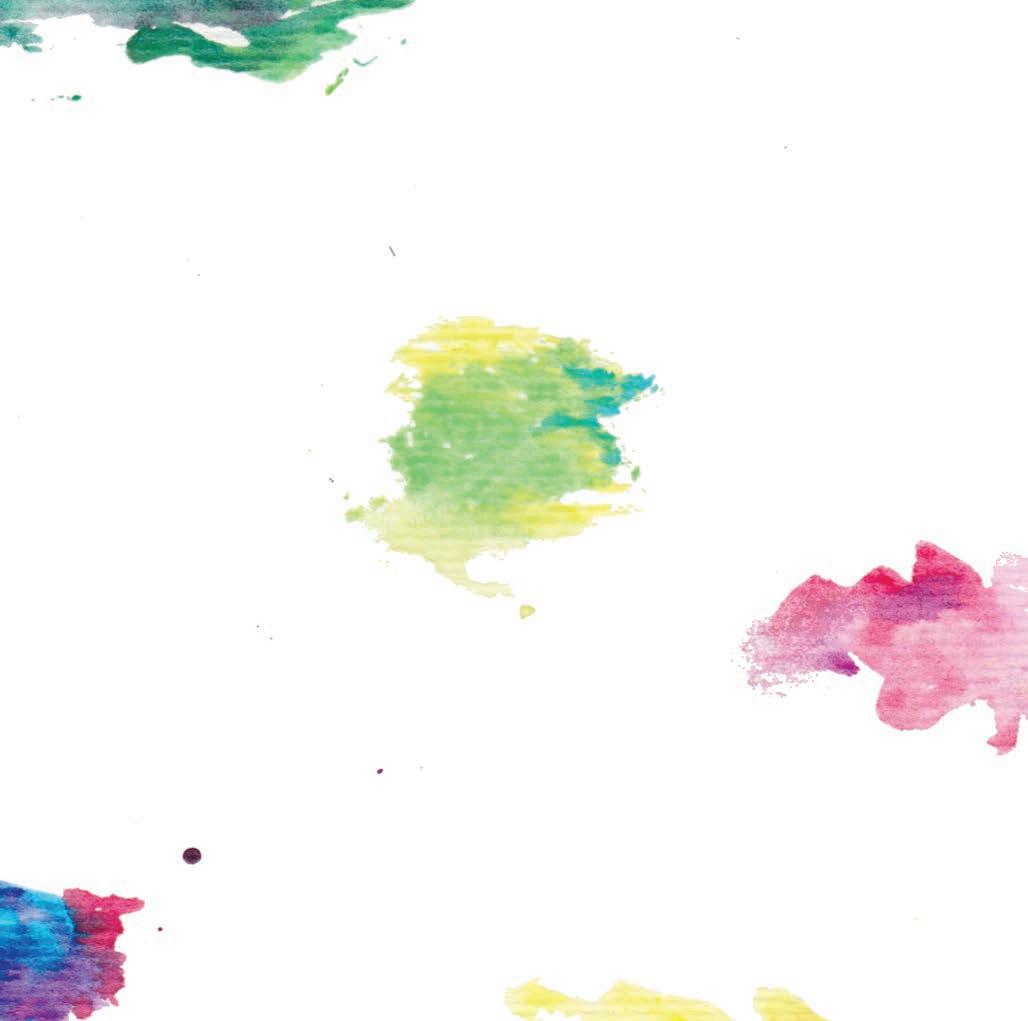


A girl small and tender, bones larger than her muscles be hollow as things forgotten, underneath her wet moss Oh how she moans, simmers long ( cold ) winter, budding spring, in summer, she finds a pointed roof, lowers her body down straight
a c r o s s the balanced edge, gravity holds her breathless and still a a r e l in
her mouth, as big as our moon, her tongue swells to oyster flesh, she hums mypearl
and swallows while her lips turn to blackened shells, air becomes ocean stars to salt stone, a girl finds her body again ( like ) holding on to a slippery fish-an electric eel.

With a joke to spare, Now calm, and collected. A shared laugh in the air. Fears laid to rest, and brow upright A chance smile finds its place across her once grim face.
The soldier, With a mind knotted and twisted by doubt seeking truth and purpose. Find himself leaning against your rippled and gnarled shoulder. Raging against the cage he built himself, A heart broken, But the soul spared.
With a whisper of the wind, he awoke, to new-found wisdom that Opportunity lends itself to the selfless. With a quiet mind and open heart, He marched on.
A life thrown asunder since the sky was blue, A seed took root, and a perspective grew. Many came and went. With love. With hate. For guidance. For forgiveness. For you. A guardian, holding fast in the gale, And gentle in the sun. Strengthened by love. Humbled by life.

18 19
P
of the dying
sick starving corners of their lips bleed, Life is still a part of us
skeletal piles of rag’n’bone
– Susan LaFortune
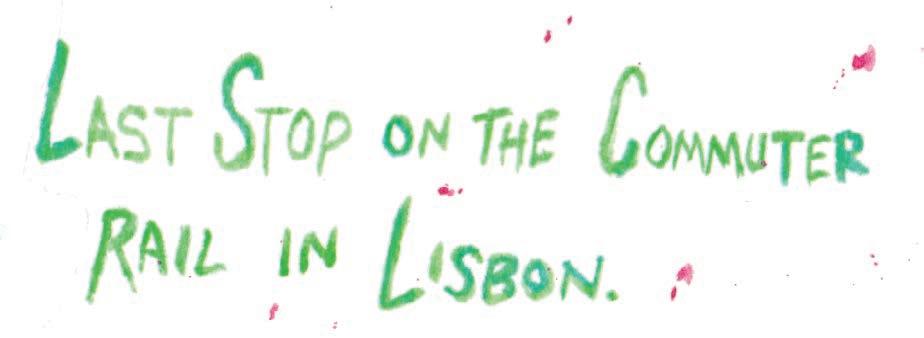


empty eye sockets hold, the locusts make a shadow on the sun
-a distant warning of War

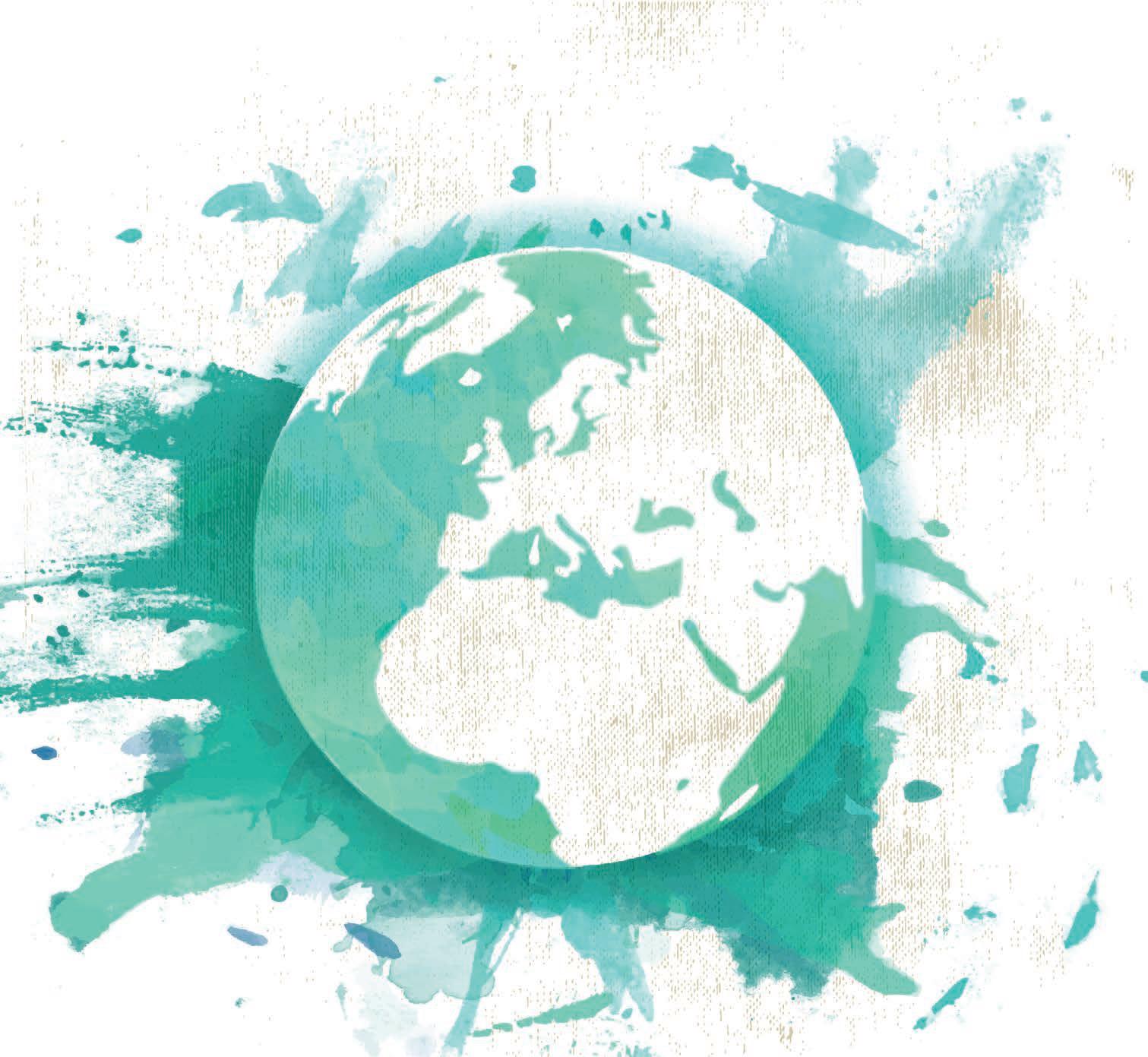
fighting ghosts in the dark
Our banquet table holds a fatted calf
We cover our ears to the cracking of bones
Daniel Keating, Jr.
This poem is a journal entry from my travel journal. In 2017, I went to Romania to my friend’s home, to meet their father before he passed and to soak in some culture. On the way I spent a night in Budapest and I was a little restless, so I walked the entire city that night to take in the sights. I had just decided it was time to move on and start my third life so I had a lot to work through on this trip, and the plum brandy my friends were experts at making helped to lubricate the process. Every line in this poem refers to an event that occurred on the trip. When I wrote the poem I had just hitchhiked back from a beach outside Lisbon, Portugal. In the early airport hours where my plane had arrived but security wasn’t open yet, I started a sentence that just felt like that magic trick where the magician pulls on a cloth that never ends, and then he lets go and the cloth keeps coming out of his hat without him pulling on it anymore. At the end I felt like I’d exorcised a demon or something.
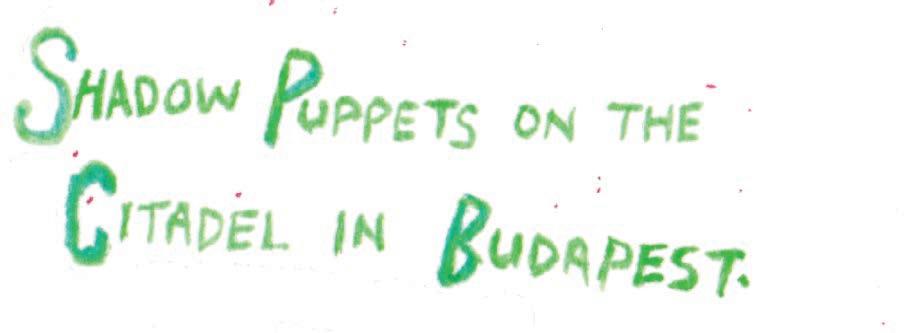

*Read quickly while whispering as if praying a familiar rosary*
Skinny dip pig slaughter foggy vineyard panorama firecracker in the woods fish feet sauna buckets brandy maker stone oven bread baker coming home go to Maine spiced wine orphans sang glass of port glass of port glass of port leaving notes for my cohorts now I lie alone and wander through my mind and over yonder eerie peaceful pitch black beach my flight is here but out of reach one more language without speech and now to god I do beseech leave me be leave me be and let me sleep I am not yours for you to keep I contemplate to make the leap but do I dare to fall so deep it is now time but without place it is now depth but without space I cannot sleep I cannot slide beneath my conscious I reside no oasis I can hide this time on earth is mine to bide my shoes are worn my soul is too and laces replaced and laced anew but without rest I will remain until I see your face again I miss my youth I think aloud nostalgic sprites may sing and cloud like mountain mist familiar shroud this path thus passed I am not proud so do you see are you aware my soul to you I have lain bare perhaps you whisper ‘haps you stare I only write I cannot care and there again the problem lies impact comes not from long goodbyes or bygone whys these bees they fly within the confines of my head swirling whilst I lay in bed, shut up begone and go away I plead and beg but there’s no way they scratch like sweaters lined with hay,
4 A.M. the clock doth strike and driven like the golden spike unites the night unto the dawn, The mighty king us useful pawns in his faithful name we pray watch us mary while we lay, mirage and falsities I detect “but no, tradition!” You object, Can faith exist but without doubt?
I am within and yet without.

21
Let my body be the trees that guide you through a forest of hope
Let my arms be the branches which show you the way to ambition
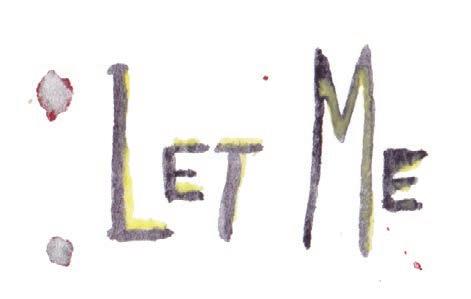
Let me be the leaves which grace your cheeks with sunshine and autumn touch
Let my hands be the ground you walk on so I may catch your fall
But let me be the rays that kiss your eyes
Let me be the stars you gaze upon
A single heartbeat
A breath, Soft and silken like The drip of water onto cracked, begging lips.


A stroke of skin
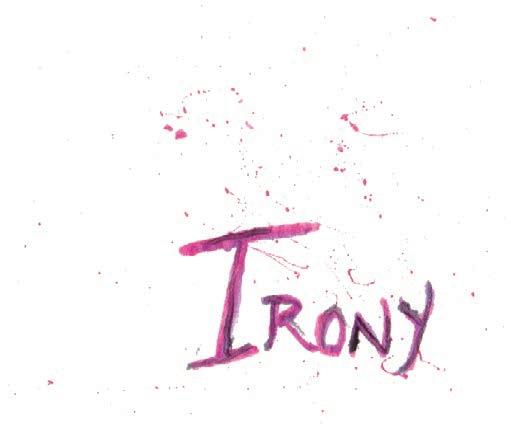
Just barely a touch. A moment of more, Lust at its precipice. Two meet without A past or future Written in stone. Moments frozen in time. Never the same, Never forgotten. Moving forward, Into the unknown. Together, Or apart.


The girl who swore off love Finds it in the man she despises
The girl who strives for freedom Is afraid of responsibility
The girl who lives dangerously Is terrified by death
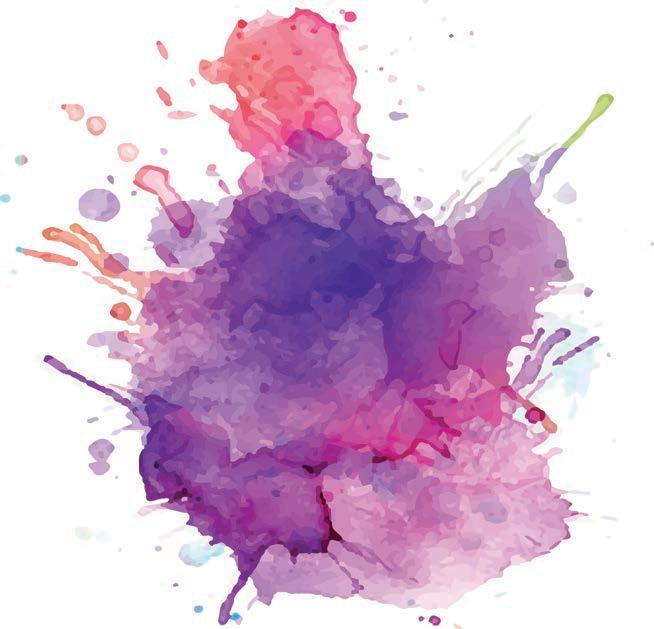
The girl who lives her life in the shadows Shines brighter than anyone
The girl who keeps to herself Is telling you her deepest secrets
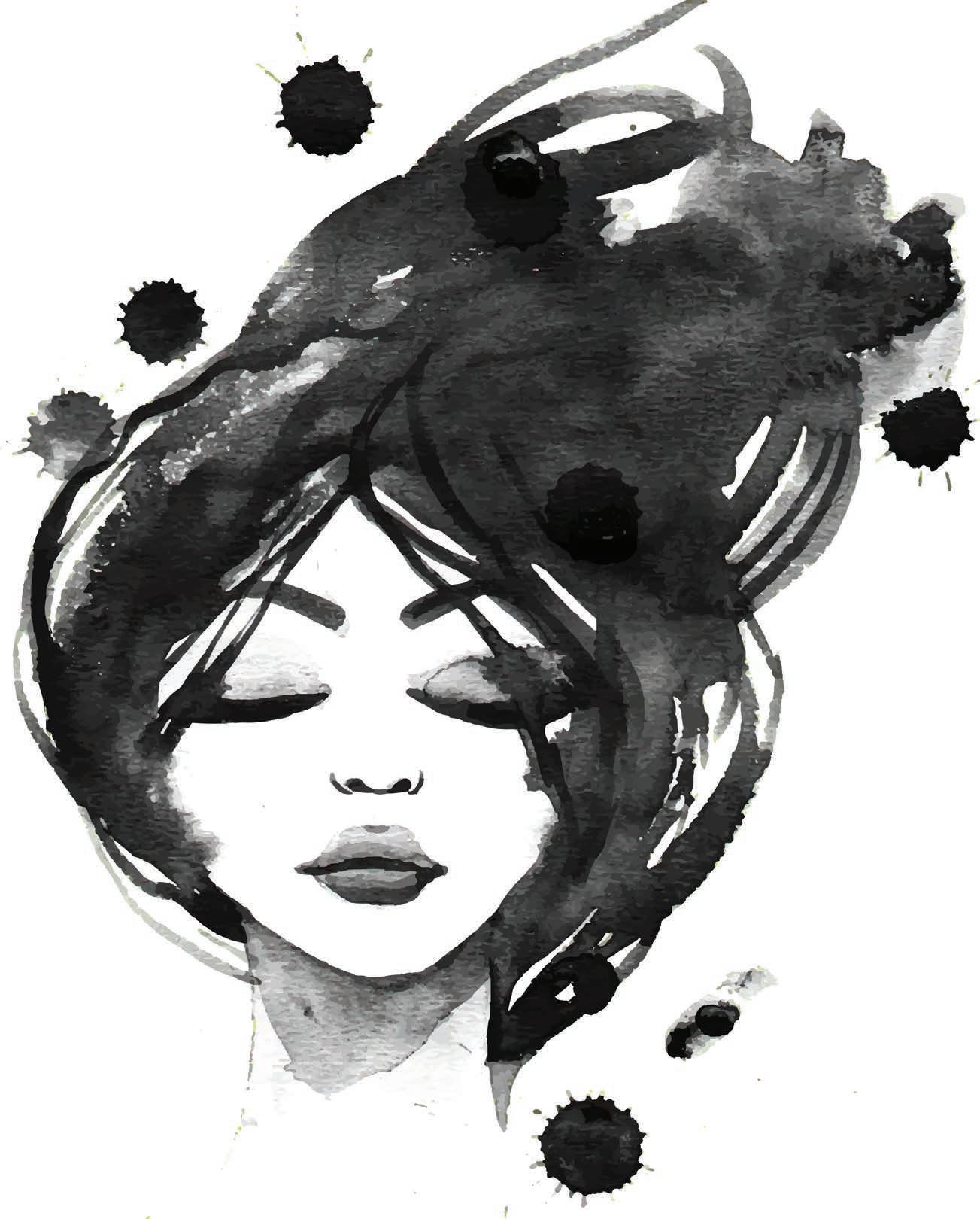
23 22 22
– Tabitha Soper
– Abbie Brown
– Caitlyn Coleman
prose
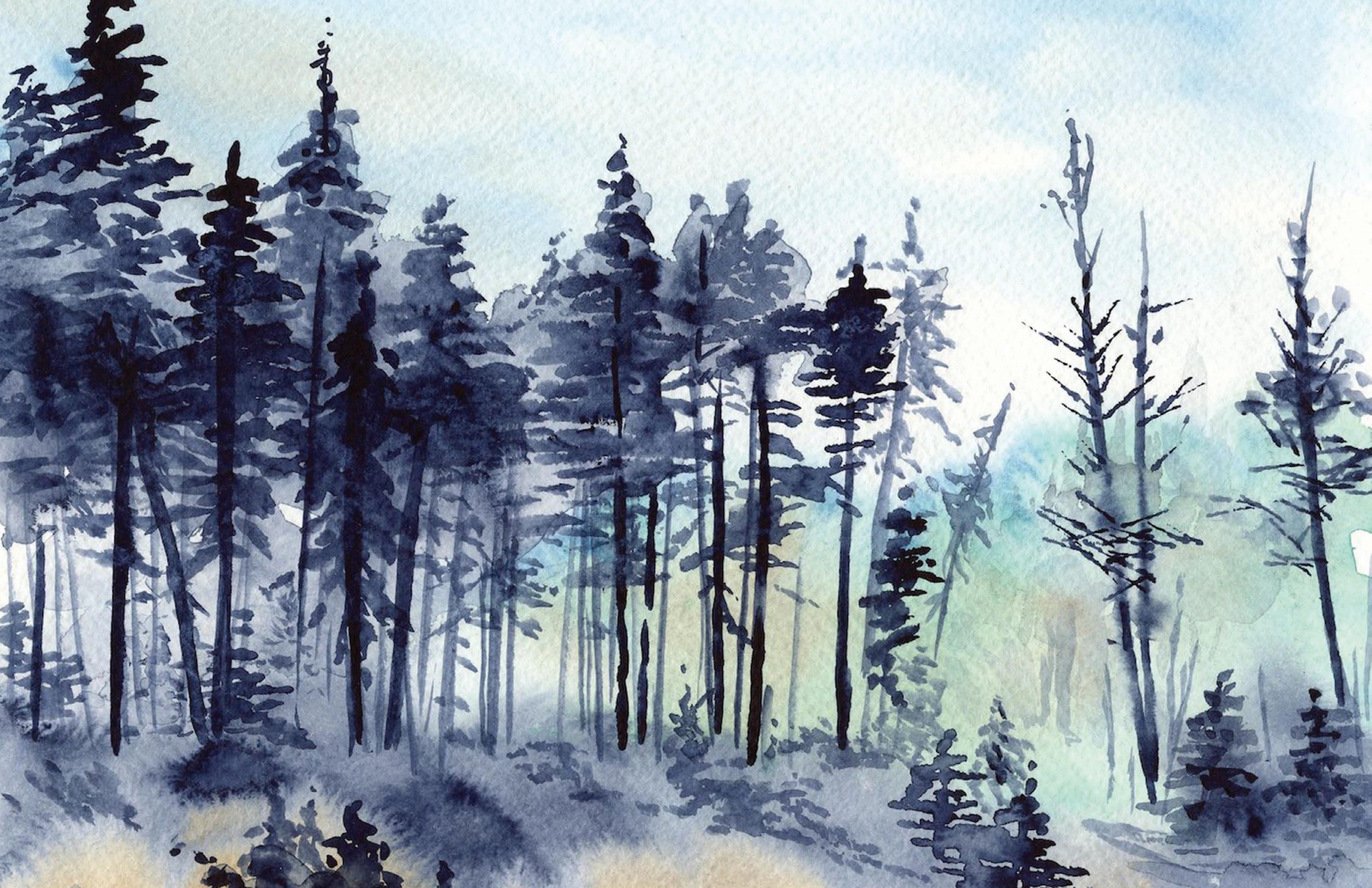

24 25
– Amber Finnney



I don’t remember the first time I experienced the ocean. Nothing in my memory recalls the first moment my feet stepped upon the rough sand, warmed by the sun, or when the chill of the Northern Atlantic first made my muscles tense and my teeth chatter. I can’t remember the first sting of a bite from a greenfly or the distinct smell of salt that always managed to seep into my hair and the pores of my skin. No, I don’t remember the first time I experienced the ocean, but I do remember the last.
I always considered myself lucky to live near the coast. A drive to the beach from my house took thirty minutes at the most, accounting for traffic. As a child, most of my summers were spent on the beach, either in Salisbury or Hampton. My mom, my brother, and I would escape from the confines of the house for a few hours at least once a week. The thing about New England beaches is that the water maintains its chill even during the dog days of summer. When you first step out into the tide, you are promptly greeted with a numb, stinging feeling in your legs as the water pushes past you onto the shore and back out again. As a child, I didn’t mind the feeling. The three of us would always play this game that my mom showed us where we jumped over the waves as they came to a crest. As the tide rose, it became harder for us to jump higher than the tall wave and we’d eventually be outpowered by the strength of the wave and fall back onto the sand or run back up the beach before it could get us.
Those are the earliest memories I have of the New Hampshire beaches, which are nothing compared to the beaches of Kittery, Maine. My mom’s side of the family owned a house on Gerrish Island once upon a time, and to this day, some member of the family manages to rent a little bungalow near where the old house used to be almost every year. Gerrish Island is occupied by seasonal and permanent residents and renters. My first memories of the island are with my cousins and my mom, eating fruit salad on the deck of the house that overlooked the ocean. I can remember making the trek from the house to the water over the rough landscape of rocks, periwinkle filled tidepools, shells, and seaweed left over from high tide. We were always alone on the beach, always just me and my cousins. While Hampton and Salisbury were always crowded and noisy, Kittery was secluded and quiet. Only people with property on that side of the island used
the beach, because it was rocky and sort of out of the way and not at all attractive to tourists. It was our place for the day, our beach. Back then, the beach meant fun and games, and spending time with my cousins. It meant running into the tide with no fear of it pulling me out with it. It meant swimming in the cold water until my lips were blue and my fingertips were well-past pruned. Back then, I could spend all day at the beach.
Those were the innocent, early years of my childhood, where my biggest problem in my life was not getting a toy that I wanted, the only uncertainty was what my mom would be making for dinner, and the worst pain I had experienced was a skinned knee from falling on the rocks of the getty at Gerrish Island. Somewhere along the way though, things changed. The beach trips became a rarity during the summer, partly because my mom no longer had the time to take us, and partly because I grew to dislike the beach. I didn’t like how the sand stuck to my skin, or the bites from the horseflies, or the cold sting of the water. I got too old to jump over the waves, holding my mom’s hand as I tried to beat the falling crest. I was afraid of being pulled out by the unforgiving waves and we stopped visiting the house at Gerrish Island.
During my middle school years, I only remember going to the beach on various field trips. In sixth-grade, my entire grade went to Plum Island for a whole day, a reserve with tall grass and purple sand. I remember winning the sandcastle building contest with a recreation of the Colosseum and how one of my friends swallowed a mouthful of sand because she thought that because that it was purple, it would somehow taste better than regular sand. Another time, my seventh-grade class spent a day a Odiorne State Park, where we walked through the tidepools to find periwinkles and sea stars, but I was more focused on what my friends were planning to do for the weekend and the test I had in math the next day. Living so close to the ocean, I began to take it for granted. There are people in landlocked states and countries who, in their whole lives, have only seen the ocean in pictures or TV and here I was, only a town away from some of the most beautiful beaches in New England, not wanting to go. What was wrong with me? I spent so many beautiful summer days in my house, basically suffocating in the stuffy heat, when I could have been spending the days as I had in my childhood, at the shore.
I don’t really remember going to the beach again until the summer after I graduated from high school. I finally had a car, and that meant I had a little more freedom. During the school year, I only really drove to and from school. Senior year was very stressful, and to be honest I just hate driving anyway. It wasn’t until early July that my best friend, Sophie, would call me asking to hang out
27
and suggest we go for a drive to the beach. We went a handful of times; I’d drop whatever I was doing and leave the house for a few hours. Sometimes we took her car, and other times we took mine. Either way, we’d have the windows down, blasting Kendrick Lamar or Taylor Swift as we made our way to the coast. It was early enough in the summer that I wasn’t yet worried about leaving home and going off to college; I was just stuck in the limbo between childhood and adulthood, just about to jump over the biggest wave I had ever encountered. We were usually at the Salisbury Reservation right before sunset. There were few people and it was comfortable to sit on the sand, having cooled down from the afternoon when the sun was beating down on it. I would lie down and close my eyes and feel the soft salty breeze. The reservation had always been my favorite local beach because of the lack of greenflies and the fact that you didn’t have to pay for parking after a certain hour.
I remember the last time the two of us drove to the beach. It was mid-July and still, neither of us were thinking of college. We drove up and down Hampton Beach for a while. It was the late afternoon and all the restaurants and shops were busy. The sun was beginning to set when we finally made it to the reservation. It was getting a little cooler, and when I stepped into the water, it was freezing. We didn’t end up staying very long because we were suddenly covered in greenflies that must have come from the tall grass behind us.
I haven’t seen the ocean again after that, or Sophie for that matter. A few weeks after our last trip, her sister died of an overdose and after that she took off for college in Alabama. During that time, I couldn’t find the courage to pick up the phone and suggest a drive to the reservation. The beach was once an innocent place for me, where I would play and build sandcastles and hold my mom’s hand as we stood in the water. All of a sudden, I could feel myself being pulled out by the tide. I didn’t know how to console my best friend. Nothing felt so innocent anymore. The summer became suffocating and the wave that I was going to have to jump over seemed to be getting bigger and bigger. I never ended up finding the words to say and the summer seemed to come to an abrupt end all too soon. I could still feel the greenflies on me, the hot sand burning the soles of my feet and the aching chill of the Northern Atlantic water.
Flames dance from the fire pit in the back yard. We sit far enough away, but the fire, like a greedy mouth, keeps devouring our things; it jumps, and the smell of scorched hair fills the night. Clarissa throws her doll into the fire and claps her hands. I hold my journal tight to my chest. Mama sits in a broken lawn chair, her arms and legs sprawled out underneath the moon. She’s wearing Rick’s sunglasses and drinking her last beer.
“Throw another one of his goddamn shirts in there,” she slurs at us as she lights another match and flicks it to the gas soaked ground. A whoosh of orange explodes into a fast moving path toward the house, where it disappears from us.
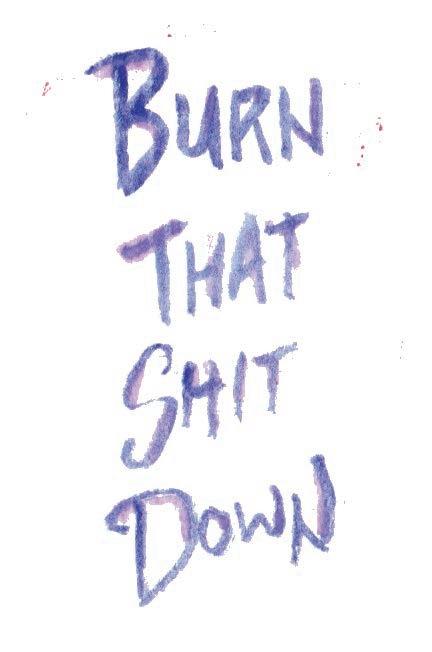

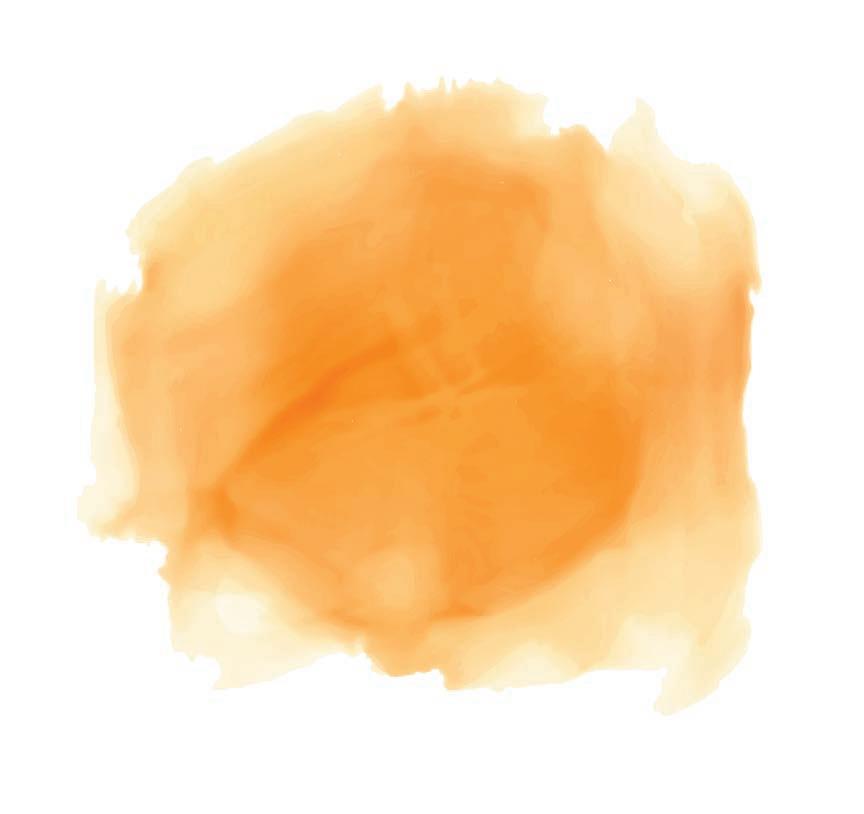

The house begins to shine as a jack-o lantern; the windows are eyes, the red door a gaping mouth caught in surprise or fear.
I walk over to the pile of things she’s pulled from the house, mostly her boyfriend’s clothes and pictures. I’m sad about some of it, like the pictures from Disneyland. Rick carried me when I got tired-I might miss him-I don’t miss them all. Clarissa forgets everyone.
Our stuff is packed up in the car; we’ve never burned a house down before. I can see the light getting brighter where my bedroom window was; with a pop of glass, the flame pushes itself through the window and runs up to the roof. Clarissa is too young to be afraid so she laughs instead. Mama’s not crying yet; she’s just watching the fire with the moon shining down like a flashlight on what we’ve done.

When we hear the faint wail of sirens, Mama says it’s time to go. She blows the house a kiss and picks up Clarissa, tells her to say bye-bye, too.
Clarissa smacks her hand to her lips, makes a raspberry sound, and then holds her tiny hand out to the world as if it has something to give her.
I kick a stone along the dirt in the dark and imagine the next place, and the next one after that. I close my eyes-that’s as far as I want to see; that’s as far as I’m willing to go.


I’m in the front seat so I can help Mama drive when she falls asleep. Clarissa is surrounded by boxes in the back; she starts using her hands to drum on them and sings a song about ducks. Mama sings the quack-quack parts.
“Are you ready?” she yells like the man at the carnival, and Clarissa drums louder. I’m starting to get that loop-dee-loop feeling again.
The road keeps rising up and coming down. When the firetrucks speed by, Clarissa points to the flashing red light and laughs. Mama sings until she blacks out and as her head hits the steering wheel I shift the car into park and wait. Clarissa blows raspberries into the palm of her hand and laughs until she sleeps.
– Susan LaFortune
I remember a four-leaf clover I once picked out right by a large oak tree that stood right by the middle school I attended.
I remember the chocolate diamond my uncle gave me when he visited me, after not having seen each other for more than a decade; it’s the only souvenir I have from him.
I remember how I got a small scar, just below my nostril; it was when I jumped off a Bouncy House and slid face down onto the ground.
I remember my grandmother’s ashes being thrown inside Pozo Jacinto, just the way she would have liked.
I remember the day my younger brother was diagnosed with severe autism, at just six months old.
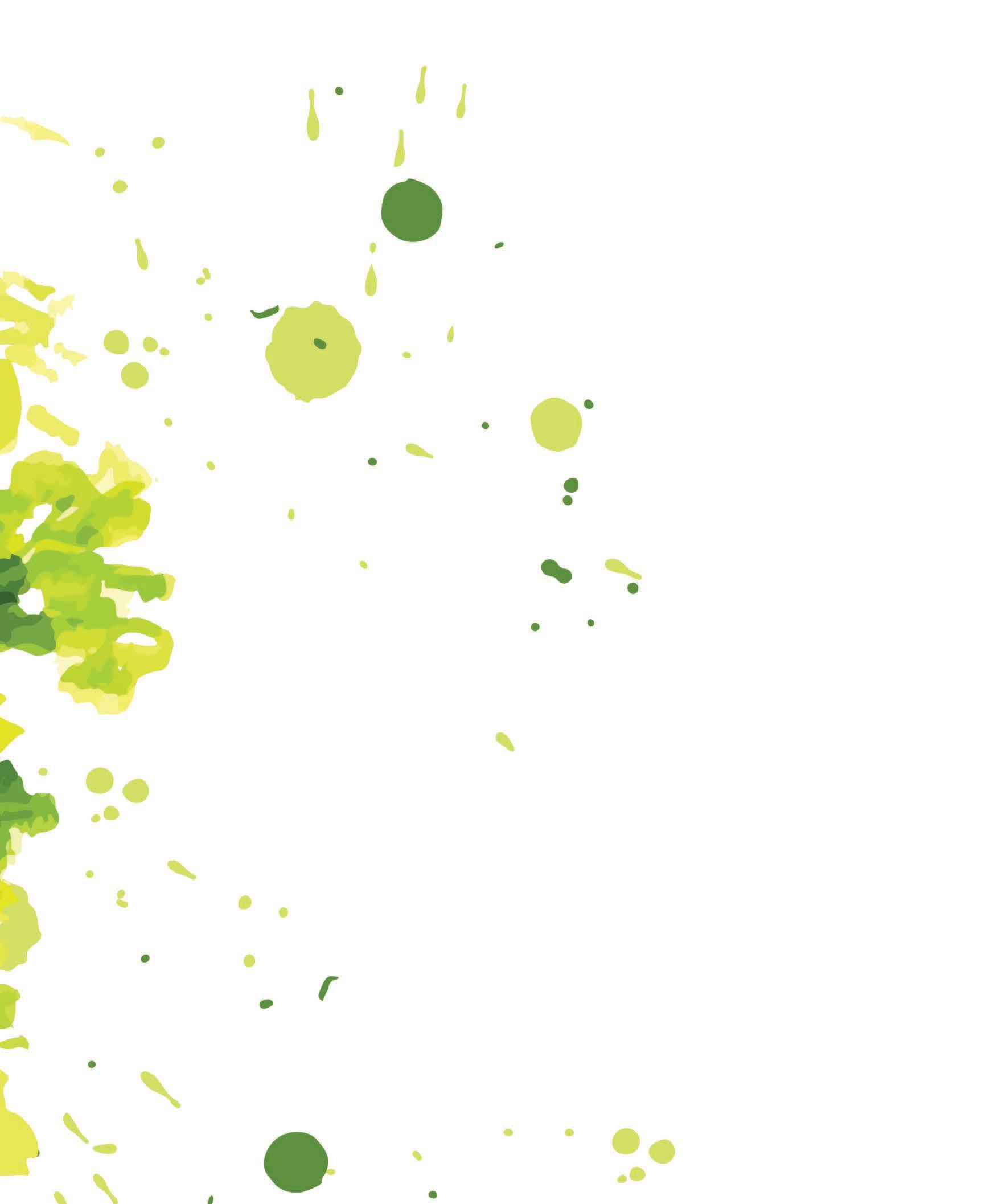
I remember when our class held a sleepover in middle school; we would lay in our hallway, tucked inside our sleeping mats.
I remember the first thing I remember. A piggy bank shaped like the Tweety Bird from Looney Tunes.
I remember when my mom hit a rat out the kitchen windowsill; she swung her broom like in a game of baseball.
I remember our last house in Puerto Rico and its white wallpaper filled with water caused by the destruction of the second story.


I remember the pink jewelry set our roommate, Eva, gave me during our last day at the family shelter.
I remember my first video game that I played in GameCube.
I remember sitting down looking at the stray dogs trotting by our neighborhood. I remember walking with my mother every Sunday to our Pentecostal church up the street.
I remember swinging on a tree branch next to our first apartment.
I remember waking up the day after the Election.
I remember December 17, 2005; it was the first time I stepped on snow in Massachusetts.
I remember winning the Spelling Bee in elementary school and becoming the first Spanish speaker to do so; the word was seriousness.
I remember being ungrateful in the times where I should have been. I remember those times where I cried more than I should have.
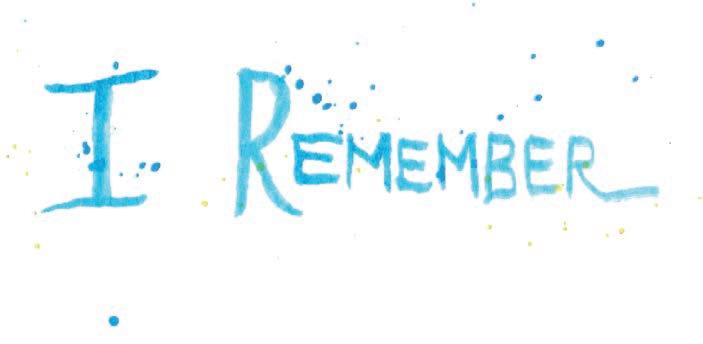
I remember visiting once a wooden house that stood atop a swamp in Ecuador built by the single mother that owned it.
I remember the sunflower necklace one of the local neighbors gave me. I remember making heart origamis for my children at Jumpstart. I remember receiving a same heart origami from a child in Ecuador after I helped her with homework.
I remember the avocado trees that our family would grow behind our house in Puerto Rico.
I remember my father visiting me for my high school graduation after not having seen each other for several years.
I remember riding my first bike on the pathway of a public park while my father held the handlebars.
I remember my mother working as a housekeeper while working as a cashier for 7-Eleven.
I remember when my father became homeless in Newark, New Jersey. I remember when I asked for more than I should have.
31
– Michelle Colbert-Mason
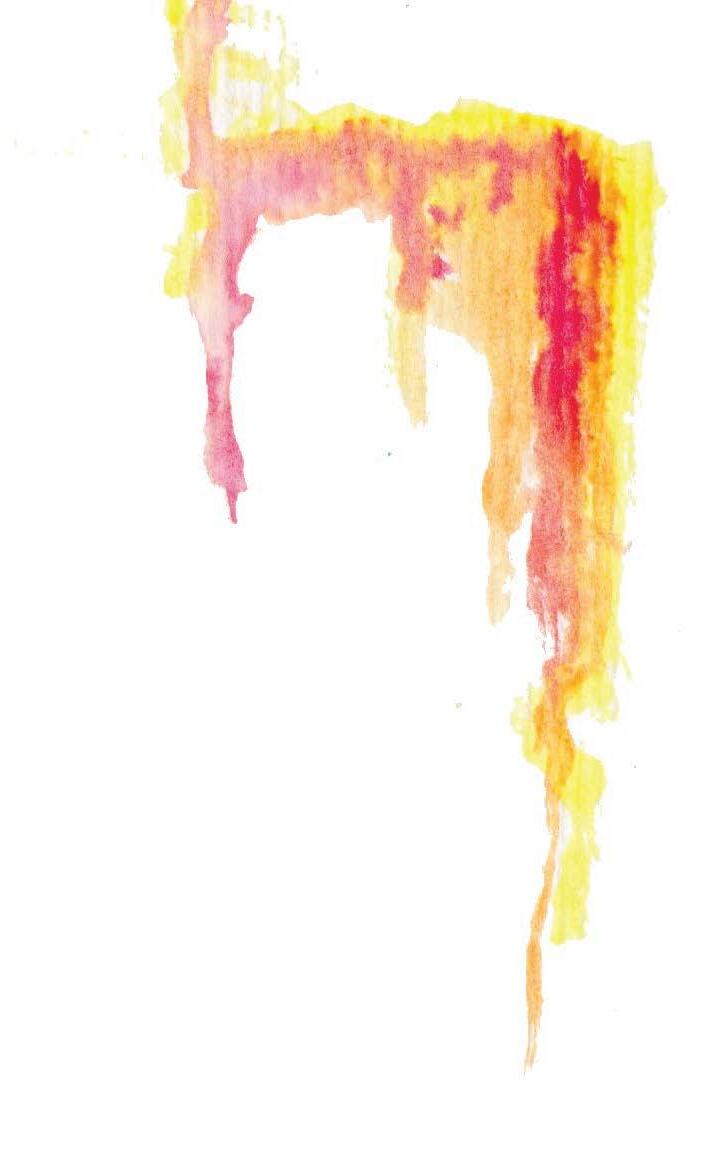
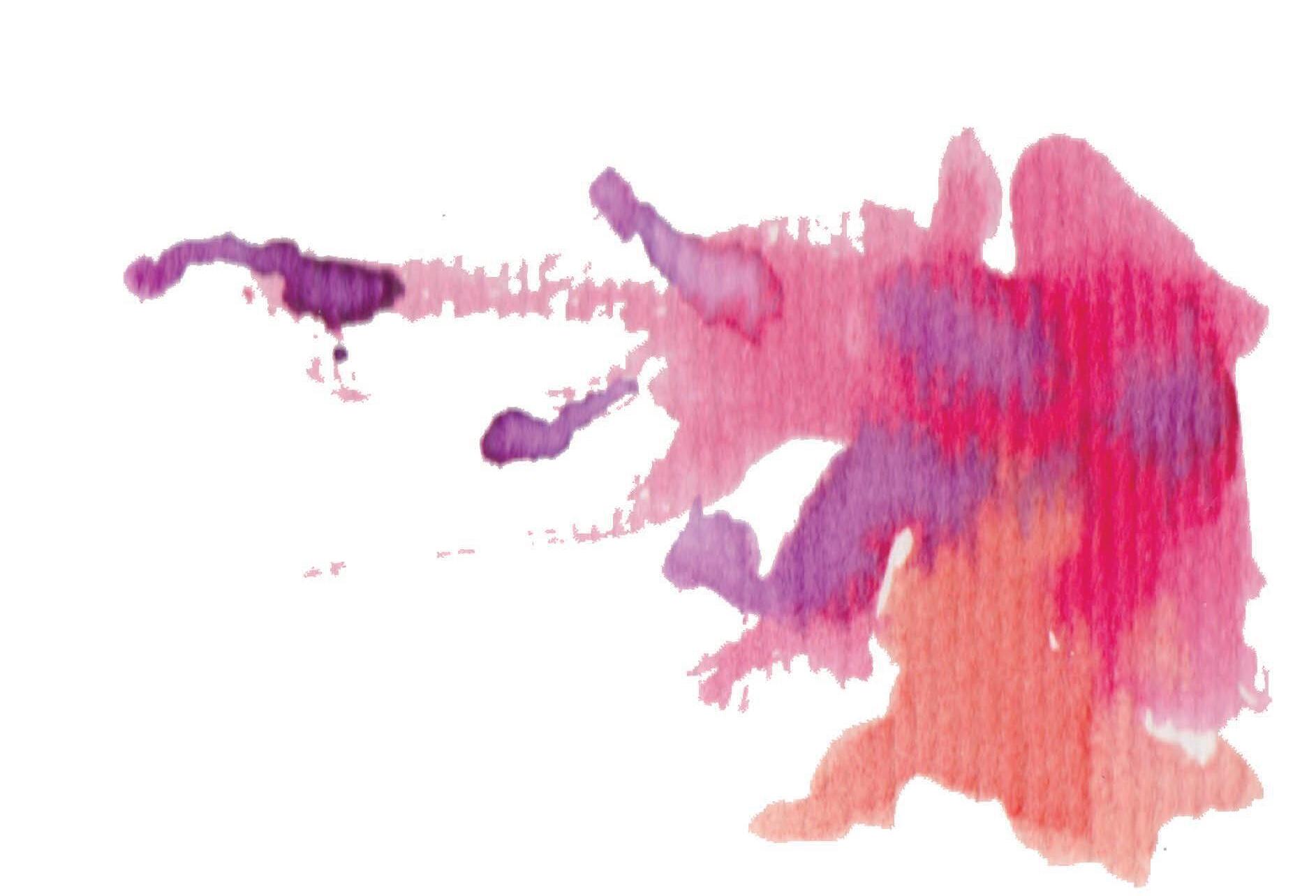
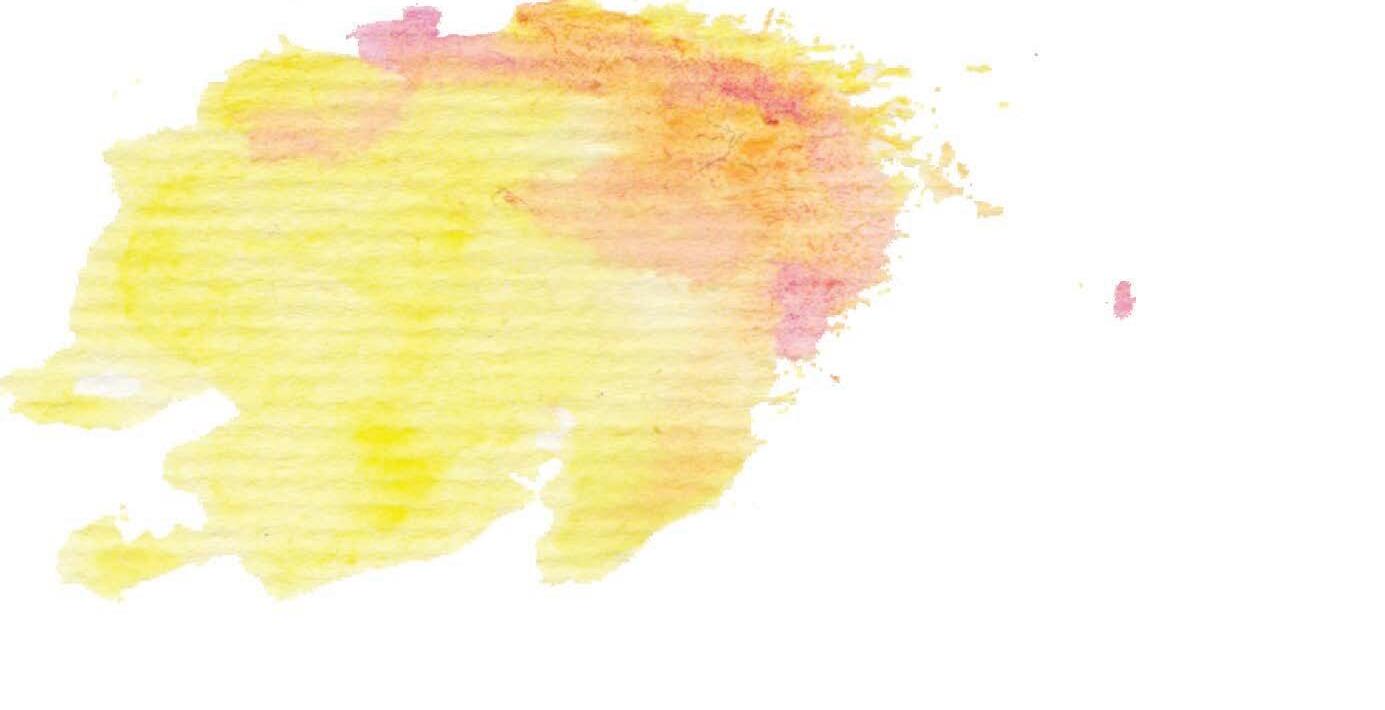

Sometimes light and inspiration are found in the places you’d least expect. The Washington Square Transit Station, headquarters of the Merrimack Valley Regional Transit Authority, sits in the center of the busy downtown Haverhill area. It’s a small brick building, sitting by tall, old mill buildings now used for low-income subsidized housing. On the surrounding streets, people buzz about in the many cafes, restaurants, and small businesses.
I spend a lot of time here, commuting to and from Northern Essex by bus, four days a week. Often times it reeks. Upon entering the building, I’m greeted by a foul smell causing me to scrunch up my face until my nose grows accustomed to the smell. The setting can be described as dank, dark, and dreary. The only light either emerging from the natural rays of the sun coming in through the three windows at the back of the building or emanating from the lights in the office where the clerks sit to assist people with schedules, bus routes, and purchasing Charlie cards. In the evening when the sun has set, some lights come on in the waiting area, but they’re dim and hazy. In the space for riders to sit and wait, there are three short benches and walls filled with graffiti. The literal writing on the walls range from cheesy jokes to random names to drawings of male reproductive organs. I assume the artists were young kids or teenagers, reminding me of the behavior of my mischievous old friends and I years ago.
Many times I’ve sat in this area thinking of how I would remodel this place to make it more comfortable for passengers, passerbyers, and those that work here. Maybe I’d add some bright, but cost effective, lighting throughout the building. Definitely install more comfortable seating offering back support and cushion. A bigger office for the clerks who spend hours here with more space for better organization. A small kitchen or an area with a microwave and utensils to heat up food for the bus drivers on break and even hungry passengers waiting for their bus. Oh yes-better flooring is a must, as well. To the side of the space, there’s a door with that word “Azkaban” written above it, presumably by a humorous Harry Potter fan. The door leads to a narrow space where they put trash, brooms, mops, and other cleaning supplies. It’s dusty, grimey, and I wouldn’t be surprised to find some sort of creature lurking in there.
Public transport can be found worldwide. When you think of busy cities like Boston or New York City, I’m sure the immense amount of foot traffic and public transportation comes to mind. Public transportation is great not only because it saves you money, but also because it helps to reduce air pollution and traffic congestion. All types of people rely on public transportation. It’s not reserved for the poor, but I’ve noticed that’s who you’ll see at the station more often than not here in Haverhill.
Multiple homeless people come to the bus station everyday. They come inside to make conversation with the clerk and waiting passengers, warm up from the bitter cold, regrouping and organizing their backpacks, wait to catch a bus to wherever they need to go, or stay outside sharing cigarettes or tobacco with one another.
I’ve found many quick to judge these individuals, including myself, making assumptions and shuffling away from them. But, despite their rough, disheveled appearance and sometimes not-so-pleasant scent, they are some of the nicest people I have met. Often times they’re offering kind smiles to everyone, hugs, advice to stay in school and do well, and easily making conversation about life’s problems or the day’s work.
With the variety of people, mellow environment, and daily passing through of the same people on their commute to work or home, comes a sense of familiarity. Passengers and bus drivers know one another by name, always greeting each other and stopping to conversate. It seems people actually care about one another. I see many become pals, laughing and sharing stories with each other, offering comfort when needed, and trying their best to help when they can.
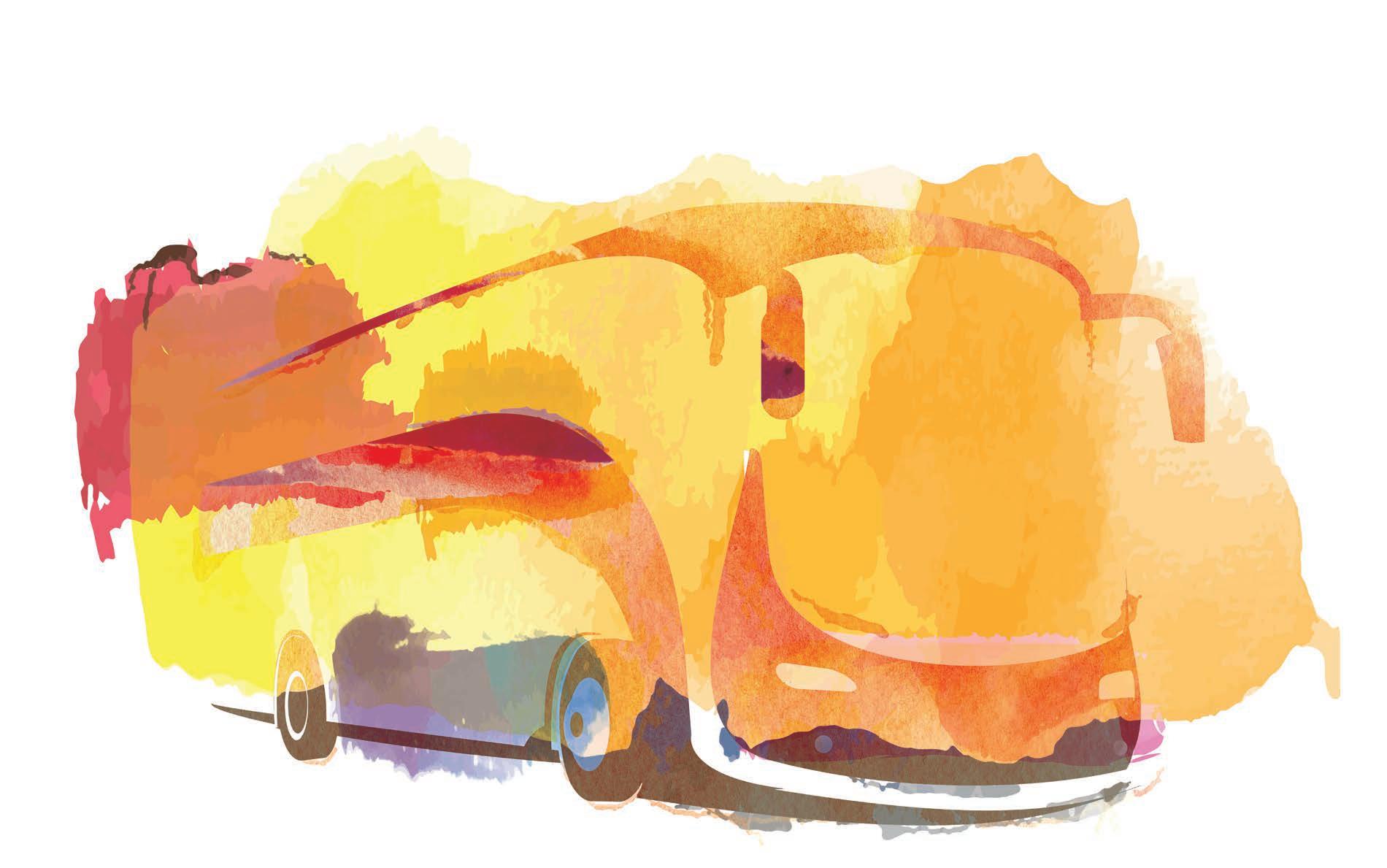
One evening in November as I was waiting for the bus, a man came in carrying warm food he didn’t want but would rather give to someone in need than simply trash it. He offered the food to anyone who needed it, but when everyone declined, he asked to leave it for a homeless man he was familiar with that frequents the bus station.
This thoughtful gesture was very heartwarming, restoring some of my faith in humanity, and prompted me to help in ways that I could as well. It’s amazing to see the people who have the least and are treated poorly bond together and treat one another, alike or different, with the kindness and respect they deserve. This kind gesture, many others like it, and sense of community make an otherwise dreary place feel warm and lively.
If there’s one thing I take from my time spent at the Washington Square Transit Station it’s this: smile and be kind.
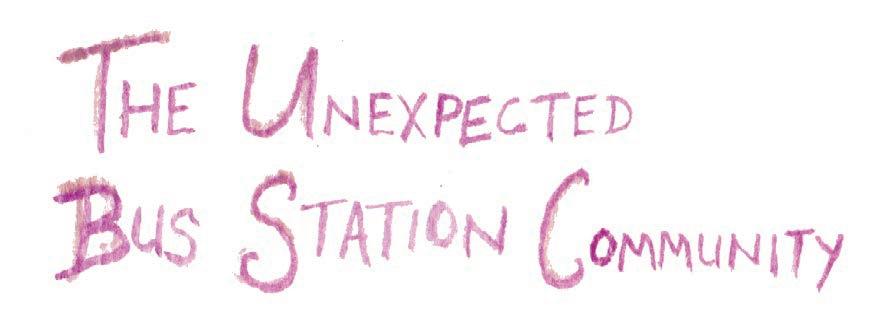


32
Luisa Maria Jimenez
Bipolar disorder can lie dormant inside its victim for years. It can stay inactive for an entire lifetime, an entire family’s generation, lying in wait. Sometimes it's obvious; puberty hits or one enters early adulthood and is suddenly showing erratic behavior. They are too spontaneous, talking too fast, they are just too alive. Then, like a switch, they are not alive at all. They are numb in a shell surrounded by desperation. Past the desperation is every emotion felt at once. Then those feelings are coated in a fine layer of ambivalence once again. Other times it’s lurking lazily behind other genes. Hiding from the world, sure to remain unseen, until something tragic happens.


Something leaves the person traumatized so deeply that they are scarred forever. Permanently changed, it seems, but that is not true. You are not changed at all. This was always inside of you, this demon. The trauma only gave it reason to come alive and make its appearance in the world. A coping mechanism of the body, to show its true self. The self that is inside every family member, yet remains undetected. The self that separates you from everyone else. Not even those with demons of the same name, with the same bitter taste at the back of their throats, and phantom screams at the tips of their tongues… not even they can truly understand. Every demon is so unique, like a snowflake. All falling in uniformity to the blind eye but under a microscope holding its own distinctive features.
This demon defines you. This demon destroys you. Yet, everyone says you have no right to blame this demon for any of your problems. It’s real, just irrelevant; but how can something that by definition alters the functionality of your life not be relevant to how functional you are in life? How can something that is so integrated into your very being, something that stares you in the face every time you look into the mirror, whispers your name in a crowded room and screams it when you’re alone, luring you into a desperate state everyday, not affect you?
How are you expected to survive? How are you expected to feel alive when you are tied to your bed by the vacant arms of your disease? How can you stay alive when you don’t feel real? Yet, the highs are incredible. You feel so alive you can feel the sunshine. It’s exploding inside of your chest. You are sunshine. You have spontaneously combusted and the tears are coming down because you can feel the life force flowing through you; if there is a God, you are God.


You are invincible, you can do it all. You can finish any task, a hundred in record time. You can jump off a building and live to see another day. You can hear the wind whispering and the flowers smell more potent than before. YOU are God! YOU are sunshine! YOU
are everything! You can build a world in less than seven days and fix all of our current world's problems with the wave of your hand. You stand on the roof of a building, far too close to edge, and you just feel the wind filling you with powers, the likes of which the world has never seen. You are the most alive being in this universe, the cosmics move within you, through the veil you see it all, but you are not alive. This is not what it feels like to be alive. This is holding life in your hands, yet not owning it. It’s being pregnant with the hopes and dreams of what a healthy happy life could have been but when it’s time to give birth you are left with a lifeless body in your arms. Your life is a stillborn baby on life support keeping its organs viable until a decision is made.
You are the line between life and death. The conflicting feelings literally tear you apart from the inside. You are fighting multiple wars throughout the day. How exhausted you must be. It is not the dog you feed the most who survives; it is the dog with the sharpest teeth, the faster reflexes, the bravest heart. That is the dog who will kill for his food. Because, honestly, do you have the energy to feed either dog? They must fight for their lives and pick away at each other bite by bite until one is left the victor. The lone dog, the champion who is unlucky to be alive. What name has the dog given itself inside of you?
For you, life is nothing more than the pair of hands grasped firmly onto your shoulders. They slowly pull you into the abyss. There are days you try to fight it. You carry on because you are strong. You are fearless, and you are someone worth loving, worth living, worth happiness. Other days, you let it take you. It drowns you, perhaps at a slow pace at first. You’ll feel its gentle tug during your morning coffee; you just can’t seem to drink fast enough to keep it warm. Then it tugs again when you feel alone in a crowded area. The subway, where as a unit, you are all there for the same resolution. You are waiting impatiently for the next bus to hit the tracks to get you to work or school or maybe even back home. Yet, you feel as though you are different somehow. You are in the way. You are a burden to your fellow passengers. Then suddenly you are laughing and joking with friends and you feel it again. That last tug. Like a punch in the gut. You’re a fish caught on a string and the hands are your guide to your captor. Your friends are still laughing and you stop, but they don’t seem to notice. No one ever notices the fact that you are surrounded by blackness and all that is left to see is the features of your face. Even that sinks down under forcing you to hold in your breath.
After a few moments you can breathe again. You are in the abyss, you are one with the loneliness and frustration that courses through the world. You are a medium who lives off of the negative energy around her. Now, what is one to do in the abyss? Are you to solemnly sulk until you feel the highs of mania again, or do you simply get high? Pop a
35 34 –
couple of pills and wait for them to take effect. Smoke an extra cigarette even if you’ve already smoked two. Do you lay in bed wallowing over the life that could be, or do you write? Do you seek comfort in the arms of a different lover night after night having had more poison than someone with a death wish? Or do you go numb? Do you sleep the day away? Do you stare off into space? Do you meditate? Do you breathe or do you hold your breath as you watch the cars pass you by, hoping for the strength to hold back the temptation to finally take that glorious step in front of a speeding car?
Toying with the idea of the here and now, with the idea of living a life on the edge. You do seemingly impulsive things that can cause serious harm if not done correctly, and many other things you shouldn’t do still. You miss doctor's appointments, forget to take your pills, jump off the roof top onto the car for the hell of it. You are bad with relationships, and not just those of a romantic nature. There’s always some sort of disconnect. You may not look both ways when you cross the street and at times you may carelessly throw someone out of danger’s way and harm yourself in the process. You may smoke cigarettes. Boy, do you smoke cigarettes. It is the slowest form of suicide. You do all of these things because at our core we don’t care enough about our lives to stop.
You contemplate signing a DNR in secret. No one has to know until it’s too late. You would never want to live in a coma you tell yourself, but the truth is that if you are lucky enough to be on the brink of death, without having done it to yourself. You don’t want to waste that chance by having those meddling doctors bring you back to life. This way your family can remember you as they wish to. They can naively remember your death as an unfortunate accident and not a suicide they should have spotted. They can’t be heroes if there’s nothing left to save. Their innocence, still in tact, lay forever in your cold dead hands.


The general consensus is that suicide is easy, it's a cop out, it's a selfish act committed by a person who cares not for the feelings of their loved ones. This is not true. Have you ever been suicidal? Have you ever had the pills in a bottle next to you, rat poison on the counter, knives in arms reach and thought about how easy it would be to just end it all? Some of you are horrified by this question, as you probably should be. I wouldn’t know. The reality is, suicide is not selfish. It's not a moment when you say, “Screw the ones I love.” It is the hardest and scariest thing you can do in life. One can almost easily romanticize suicidal ideation. After all, it is the bravest thing one can do. It is difficult to reach the point of desiring death to come but making that finalizing decision and executing it goes against every instinct we have, and that’s a terrifying thing.
Dear readers, I hope in no way you take this as an encouragement for suicidal actions. It is brave to die when your world seems to be falling apart, but it is much braver to live through these horrid chapters long enough to find some peace in the future, because there should be a future. So next time you feel alone and are determined that tonight is the night. It has finally come. Please, remember, millions of us, myself included feel the same way. Together we can seek solitude and hopefully you will see the future because there could be great things behind this horrid horrid block in our lives, whether it be mental, physical or theoretical. There will be good days. All we can do is wake up every morning and say, “Today will be a great day.” Even if you don’t believe. We are here. We are a community. Perhaps a silent one walking by each other unnoticed in the halls. The only indication we are one is in the glimpse of recognition when our eyes meet, they’re saying, “You are not alone.”
37 36
My aunts don’t want to put Baba in a nursing home because they know he will run away. He threatens to keep driving until there is no road left. When he moves in here, Mama steals his keys, replaces them with a fake set. We redirect him each time he talks about going for a drive.
He has lived with us for a few weeks and there is starting to be a faint smell of urine in every room. All of our chairs are adorned with blue pads. I sit on the floor. My sister is back sharing a room with me, and her unwelcome essence lingers on my clothes. I can’t escape her.
In yellow gloves up to her elbows, Mama scrubs the bathroom floor; her hair is wrapped up in a kerchief with curlers peeking out. We don’t ever use bleach; it hurts her lungs. Instead, we refill an old plastic container with some cleaning product that looks like green sand and shake it onto the toilet seat, bathtub, and sink. It only moves the germs around and smells like something rotting.
Blue pads and Depends are overflowing from the diaper pail we keep by the door. I hear Baba shuffling down the hall, into the kitchen. He stands just inside the bathroom, blank faced, watching Mama cry. Her gloved hands scrub the floor around the toilet.
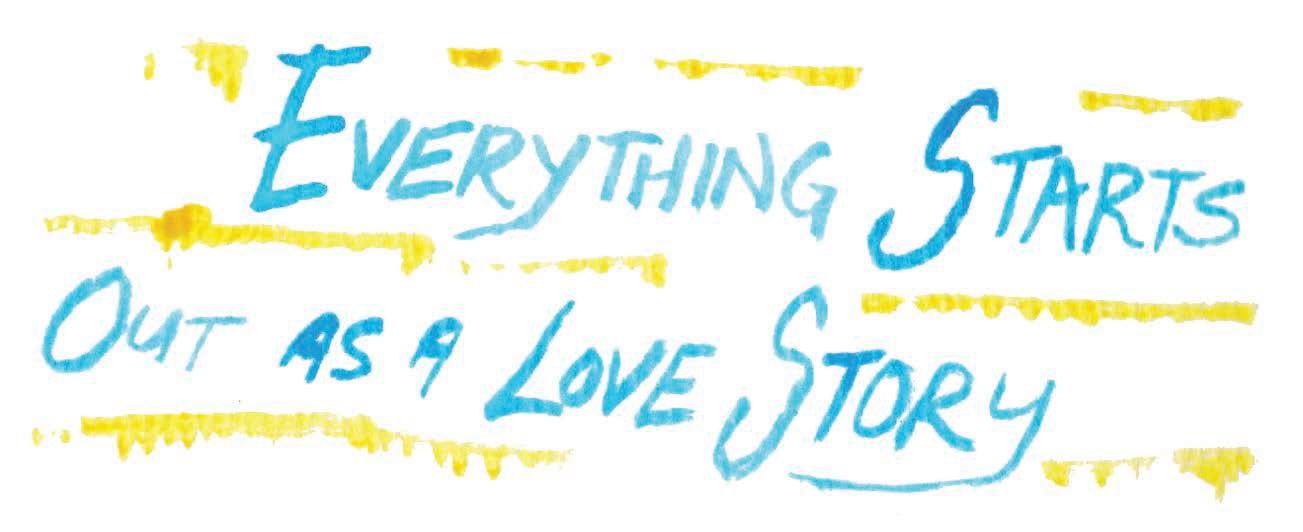


“What’s for supper?” he asks.

“Daddy, we just ate.” She wipes her tears with the upper part of her arm. He doesn’t even remember the bathroom incident. He nods his head in understanding then shuffles back toward his room, stops for a moment and turns around again.
“What’s for supper?”
I want to answer this time, but I can’t talk to him; I move around just outside his peripheral vision. The distance between us is so unfamiliar; I search the face of my grandfather for a hint of me.
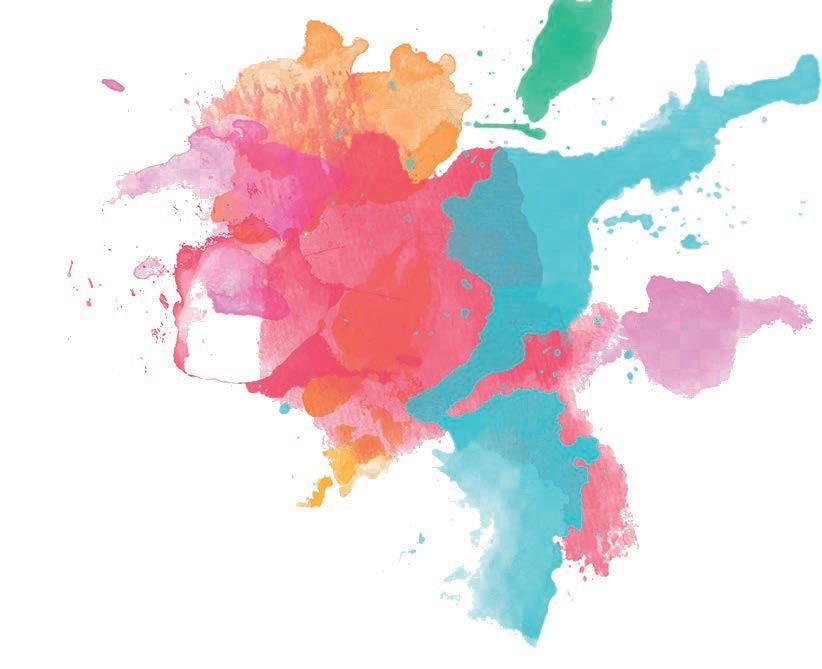
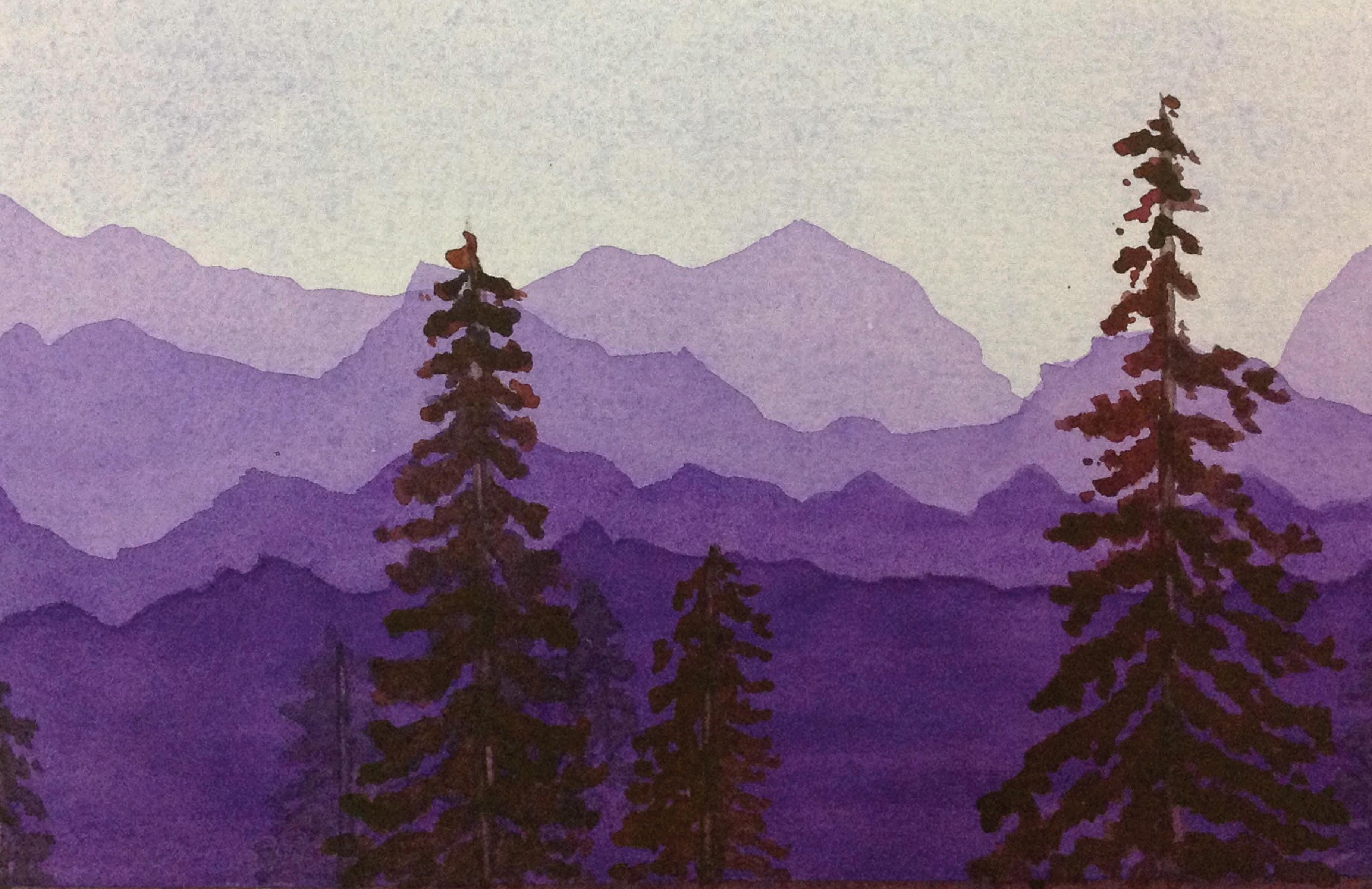
“You never feed me!” he complains, “I’m starving!” He heads back to his room again.
Our house was once perfumed with Lavender soap, fresh linen, and holy water. I am catching hints now of blood, vomit, and loss. My father left this morning. Mama tries to sing herself a lullaby while she cleans the bathroom again.
I can hear Baba in his room; the rocking chair creaks on the dip backward. Over the television noise I hear him call out,
What’s for supper?”
Mama sings just a little louder.
Weeks later he is in a nursing home, and Mama doesn’t visit. Baba refuses to see her, refuses to eat. One of my aunts shows us a picture she took. His face is a sunken mass of skin; he is less than a hundred pounds. Baba has always been round, too round, too plump, too much. Love is starving. My mother hangs the picture on our refrigerator; my father never comes home.
– Susan LaFortune
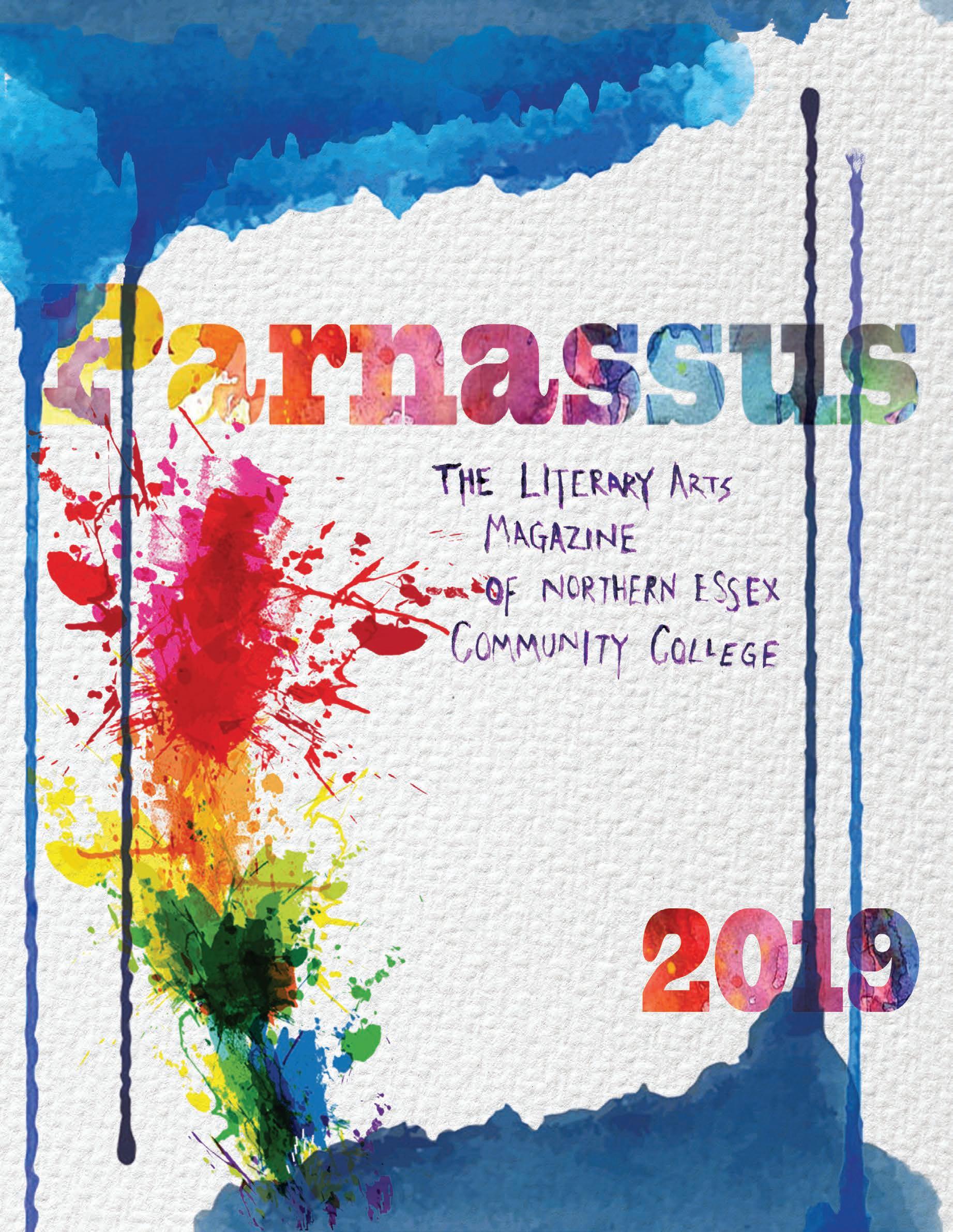

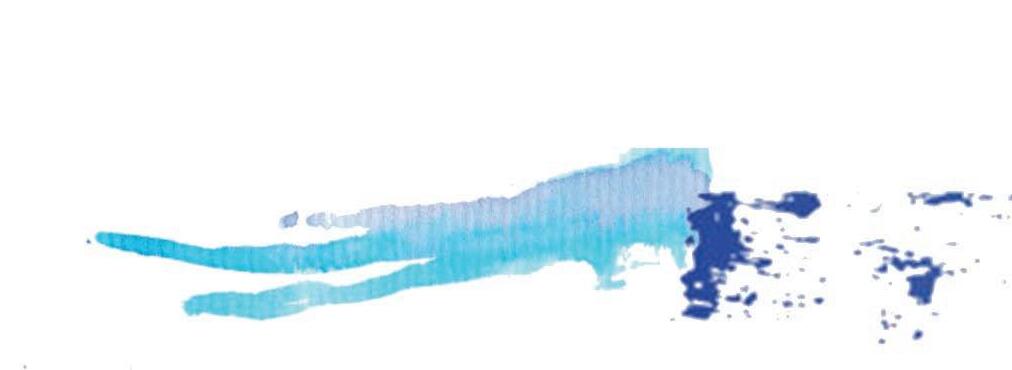








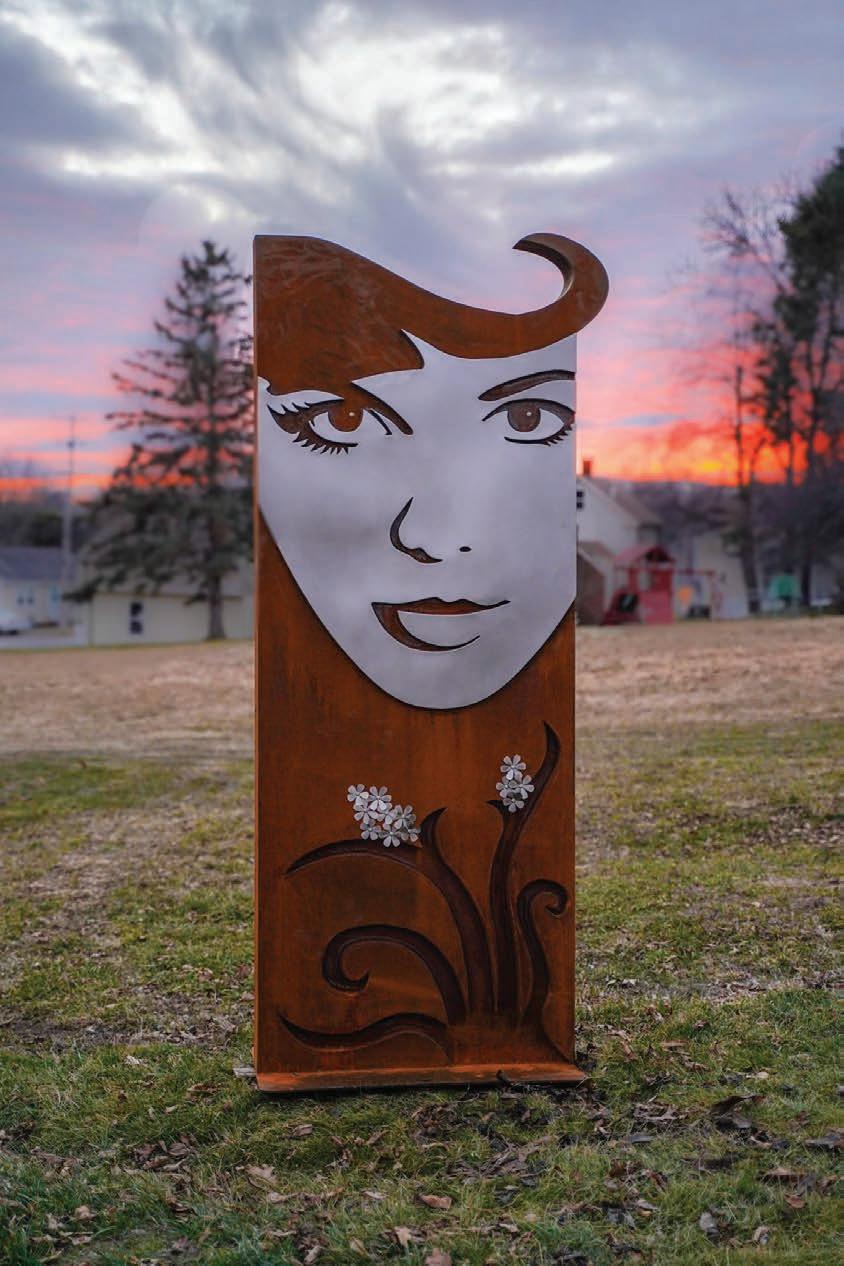
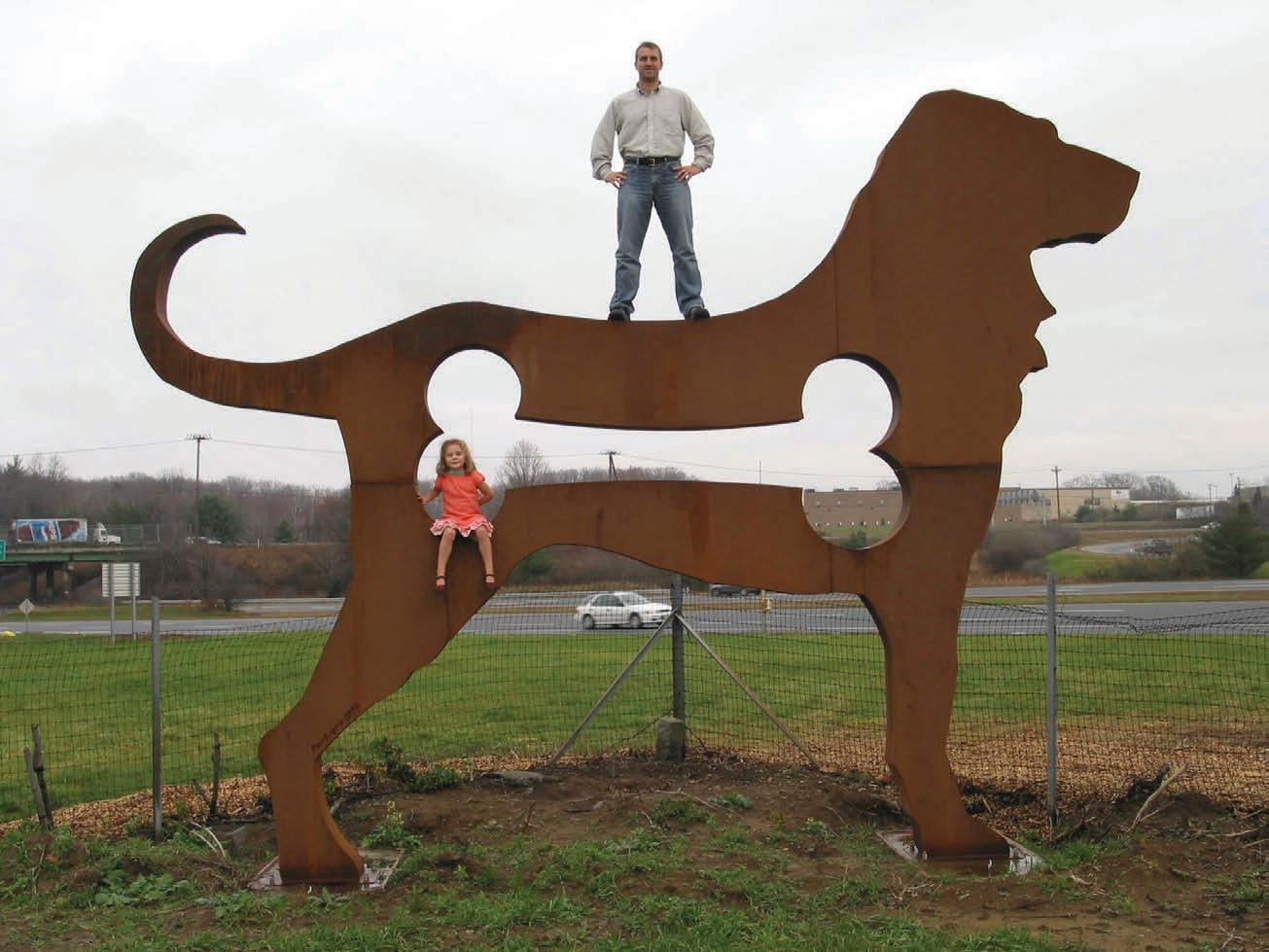

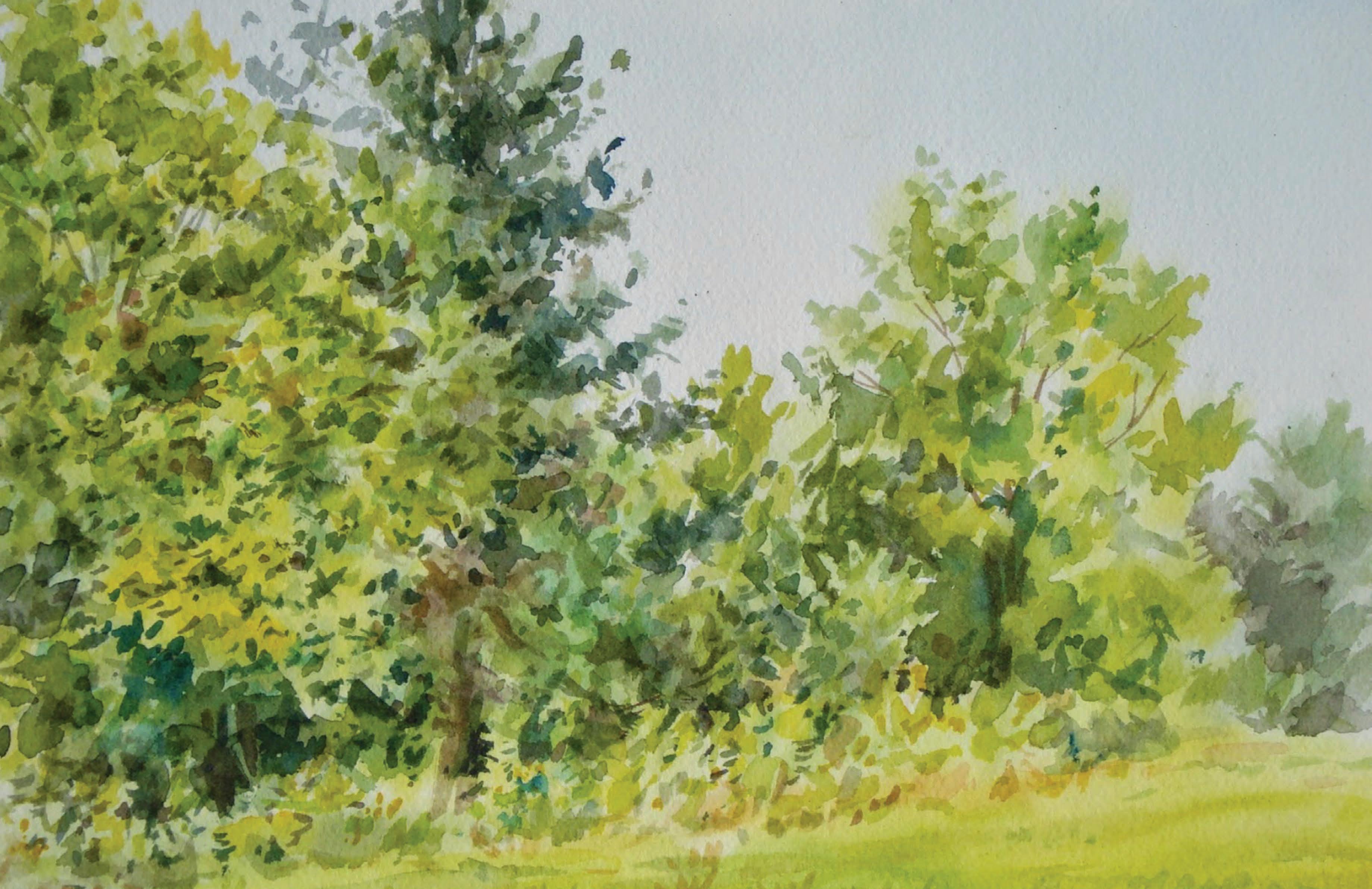
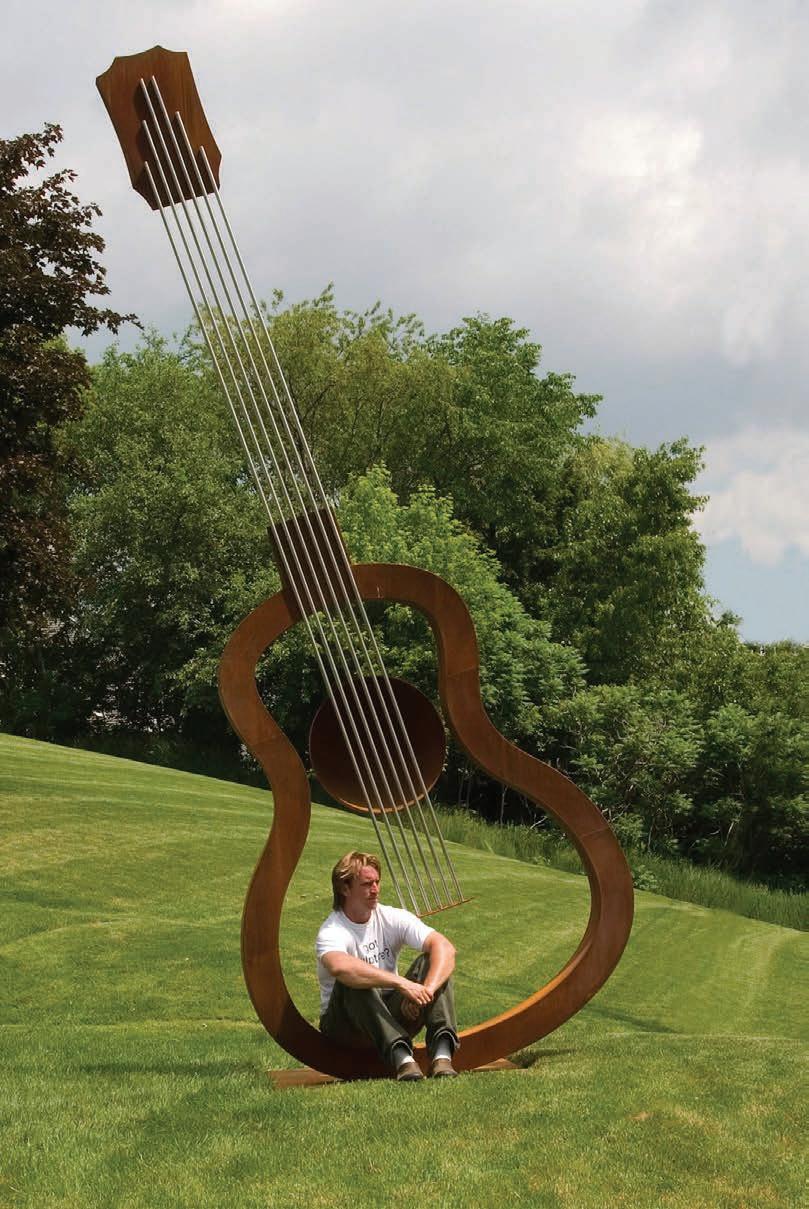
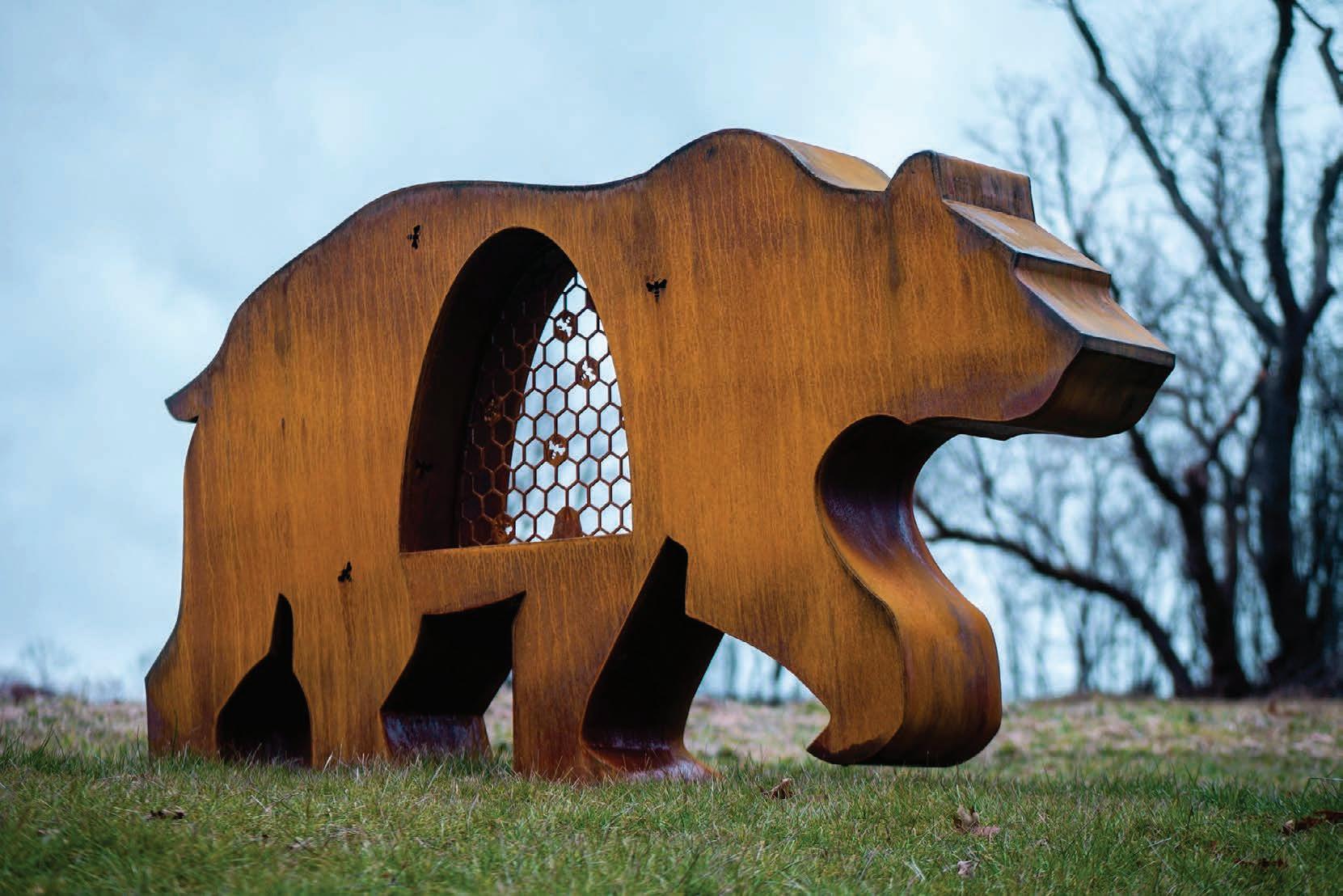
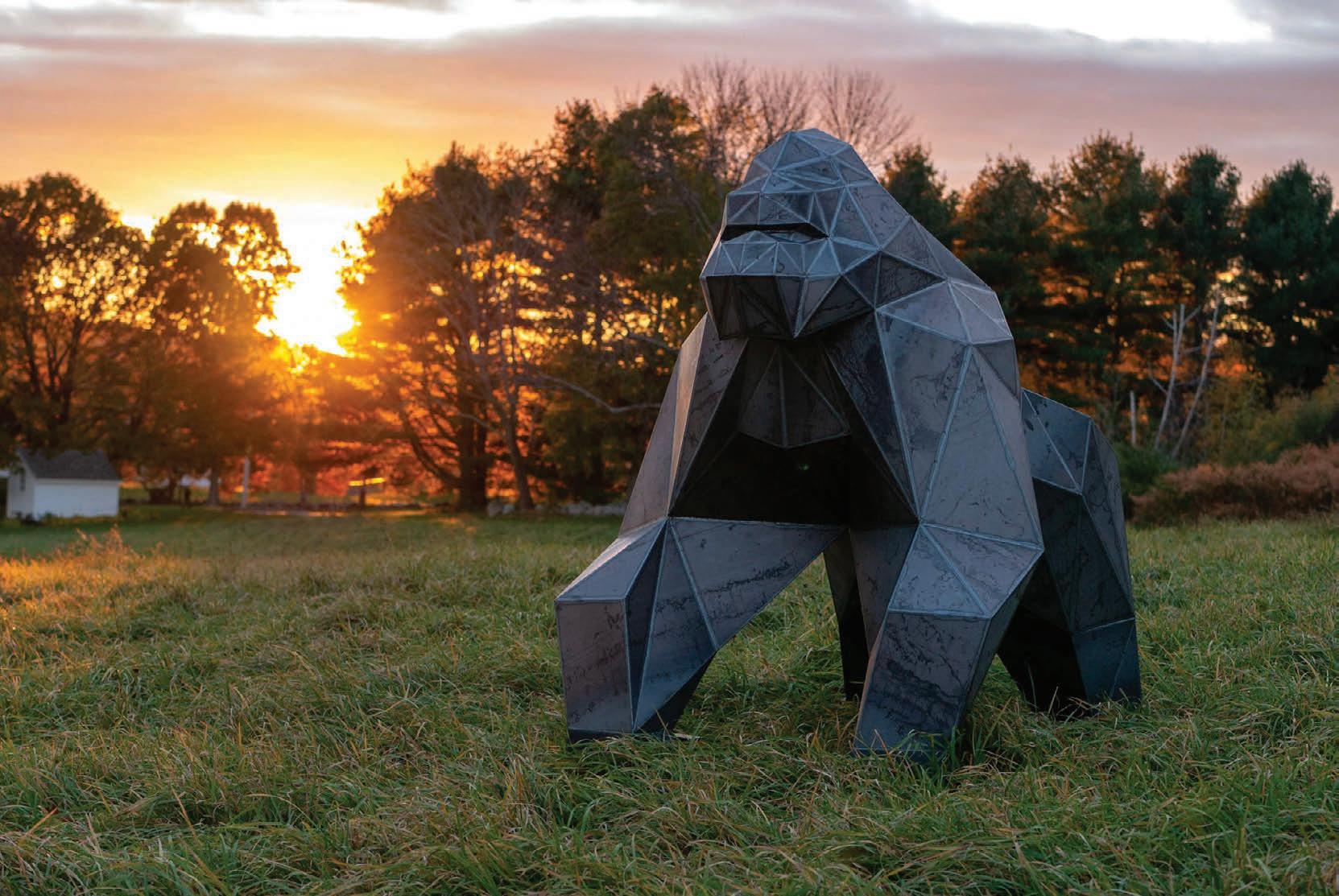
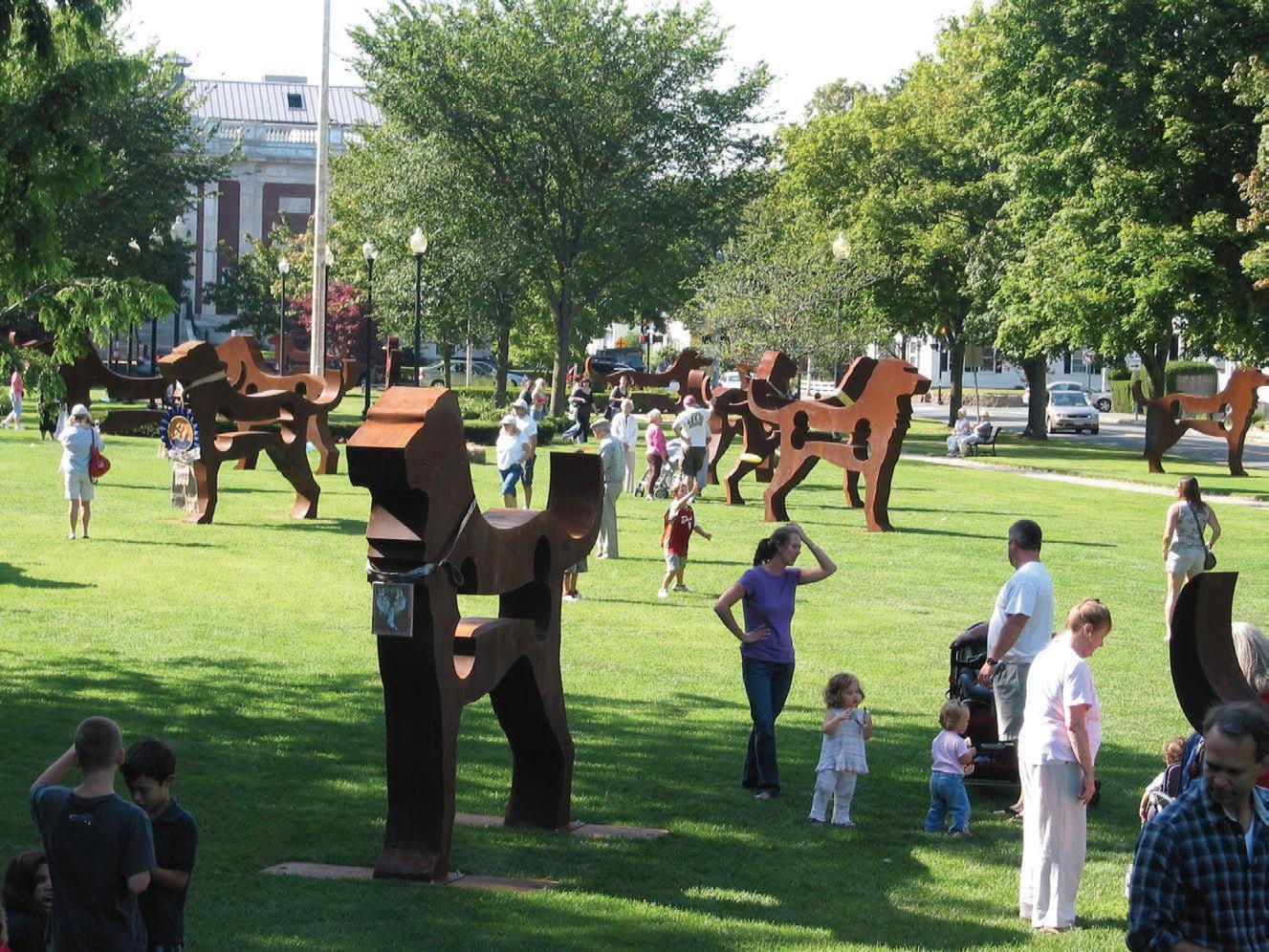 - Dale Rogers Jr
- Dale Rogers Jr


















































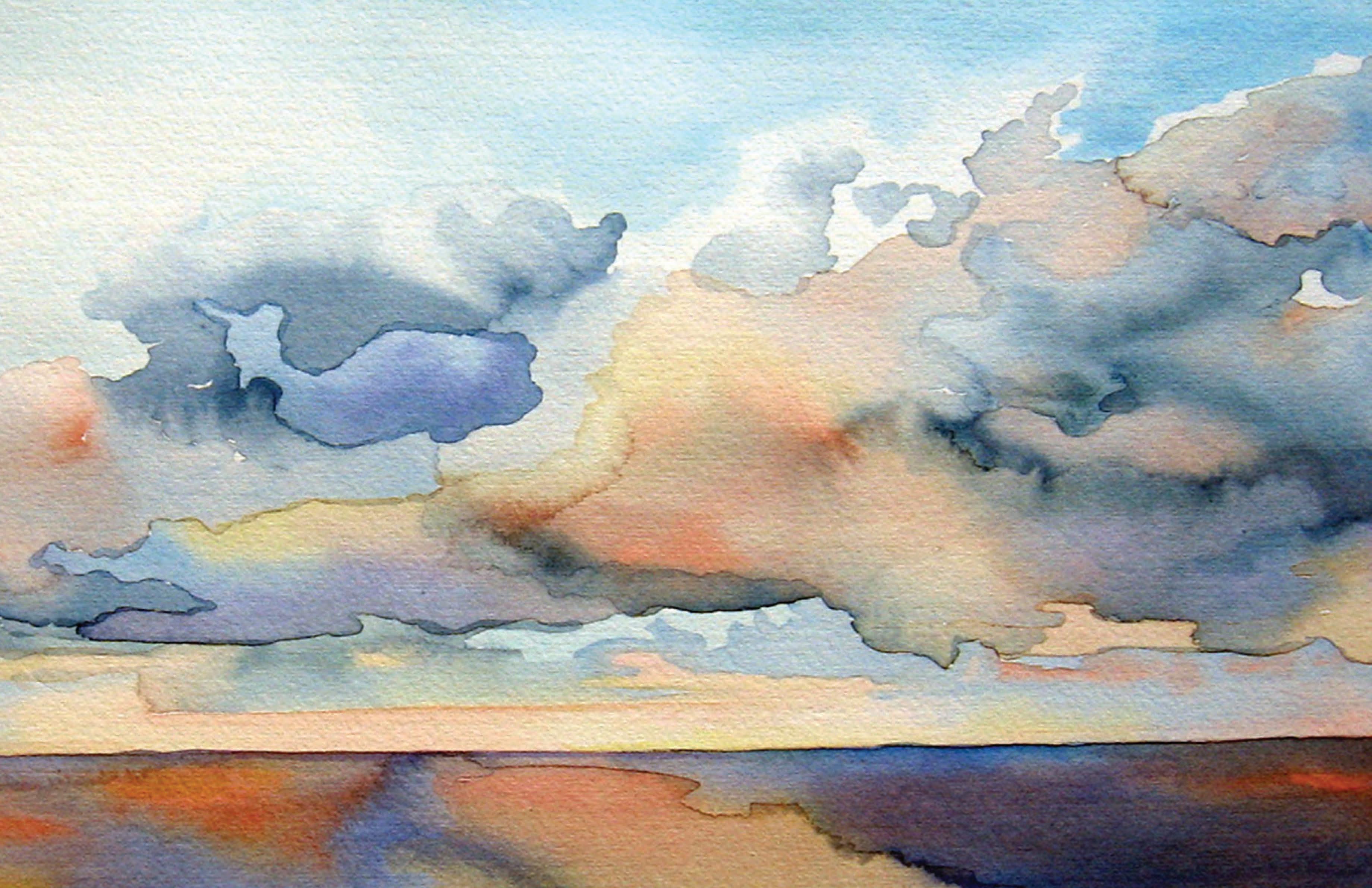
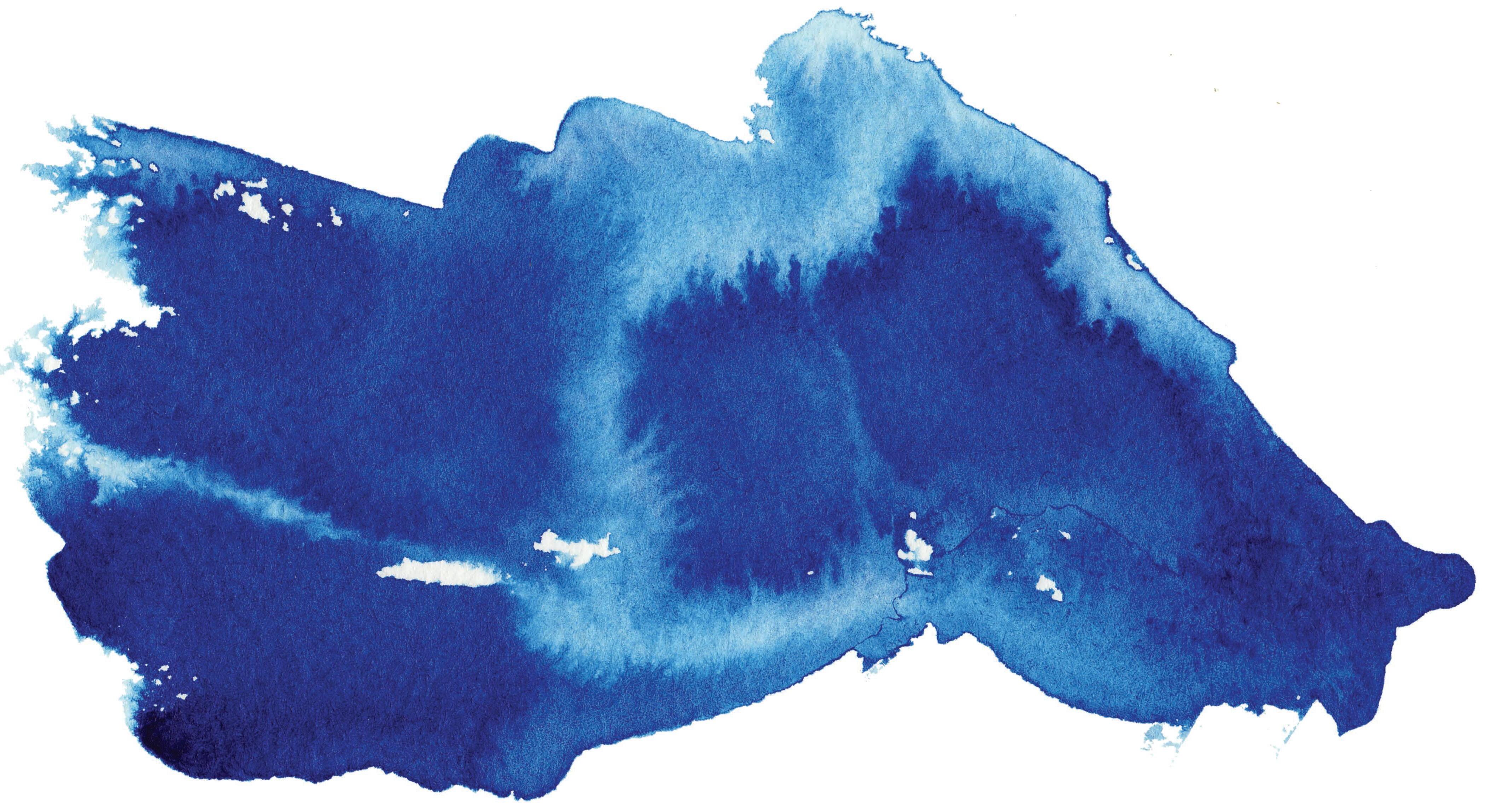
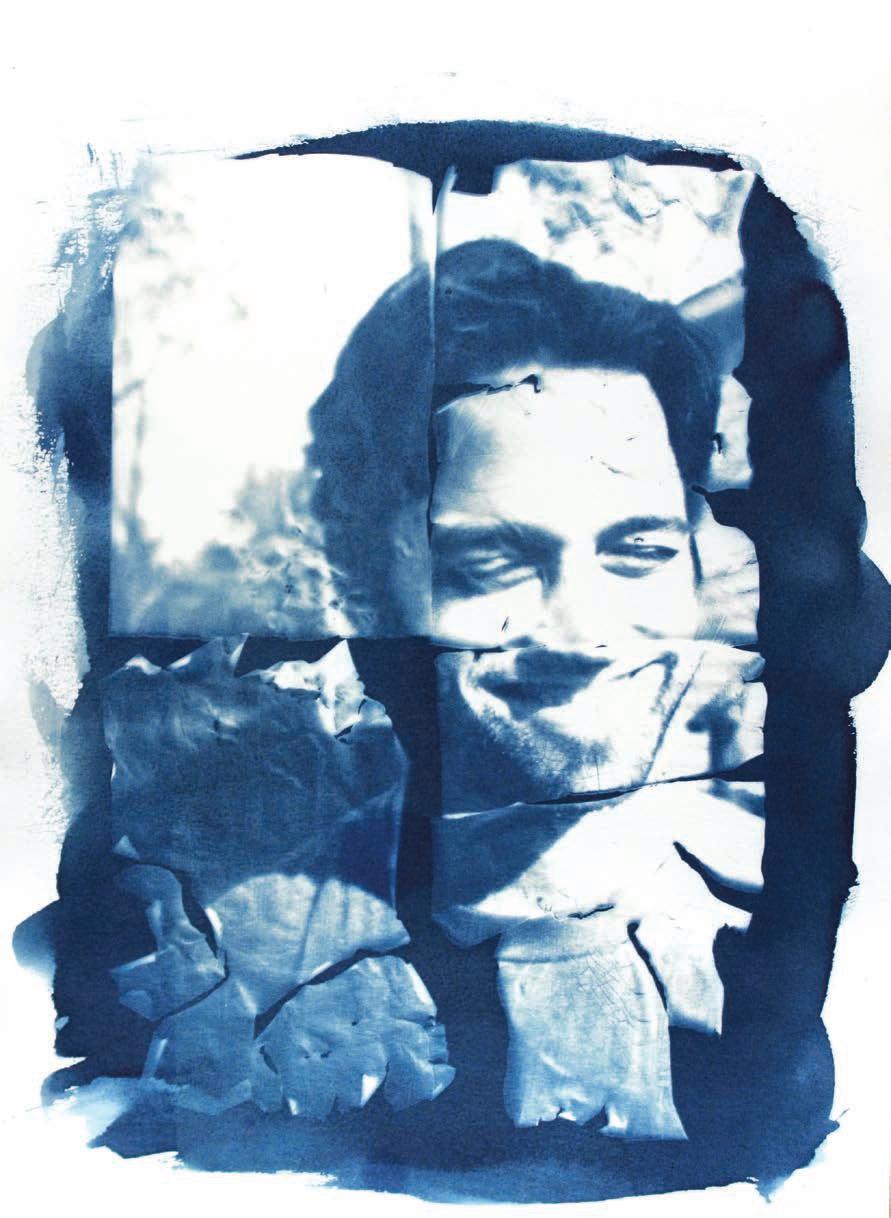
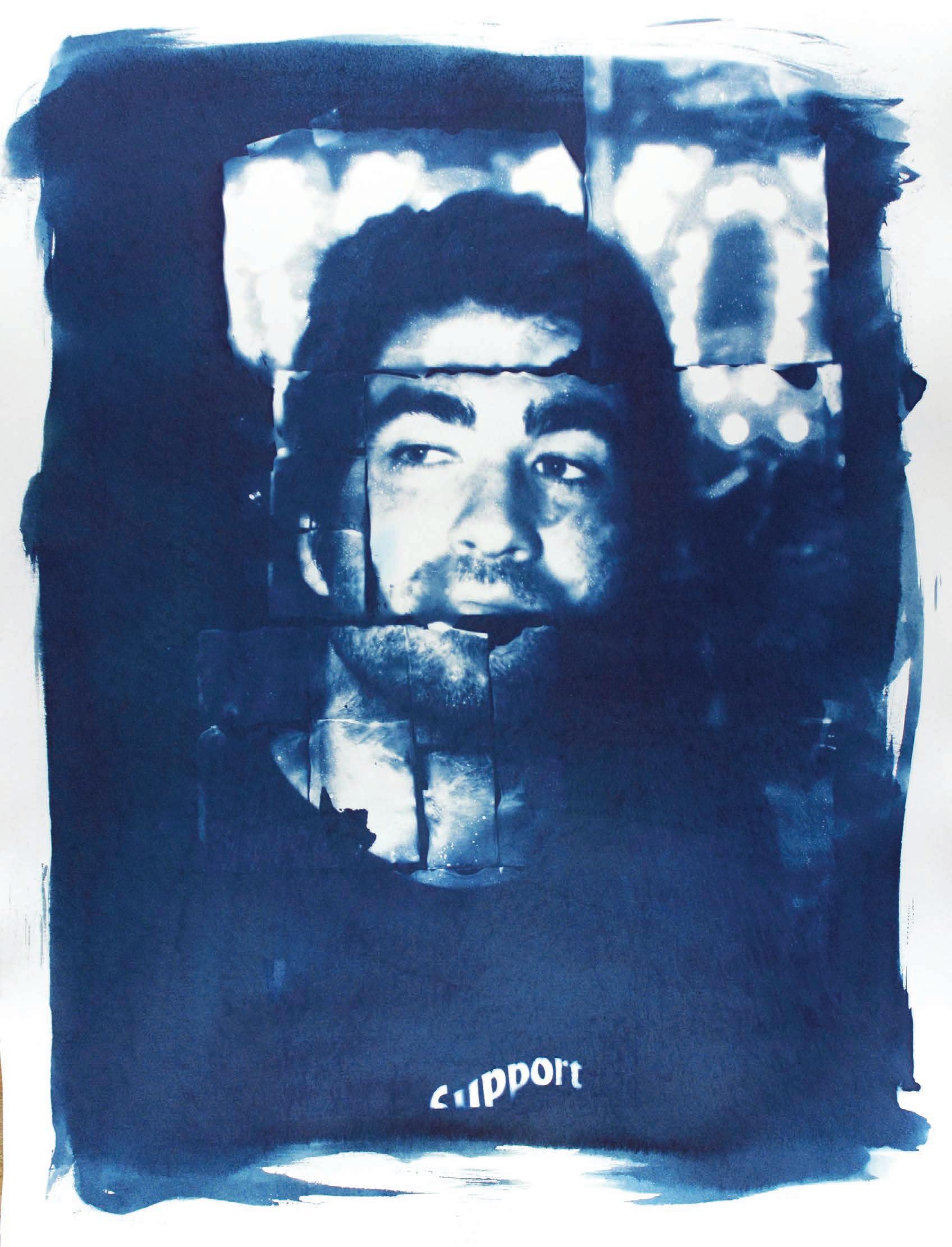
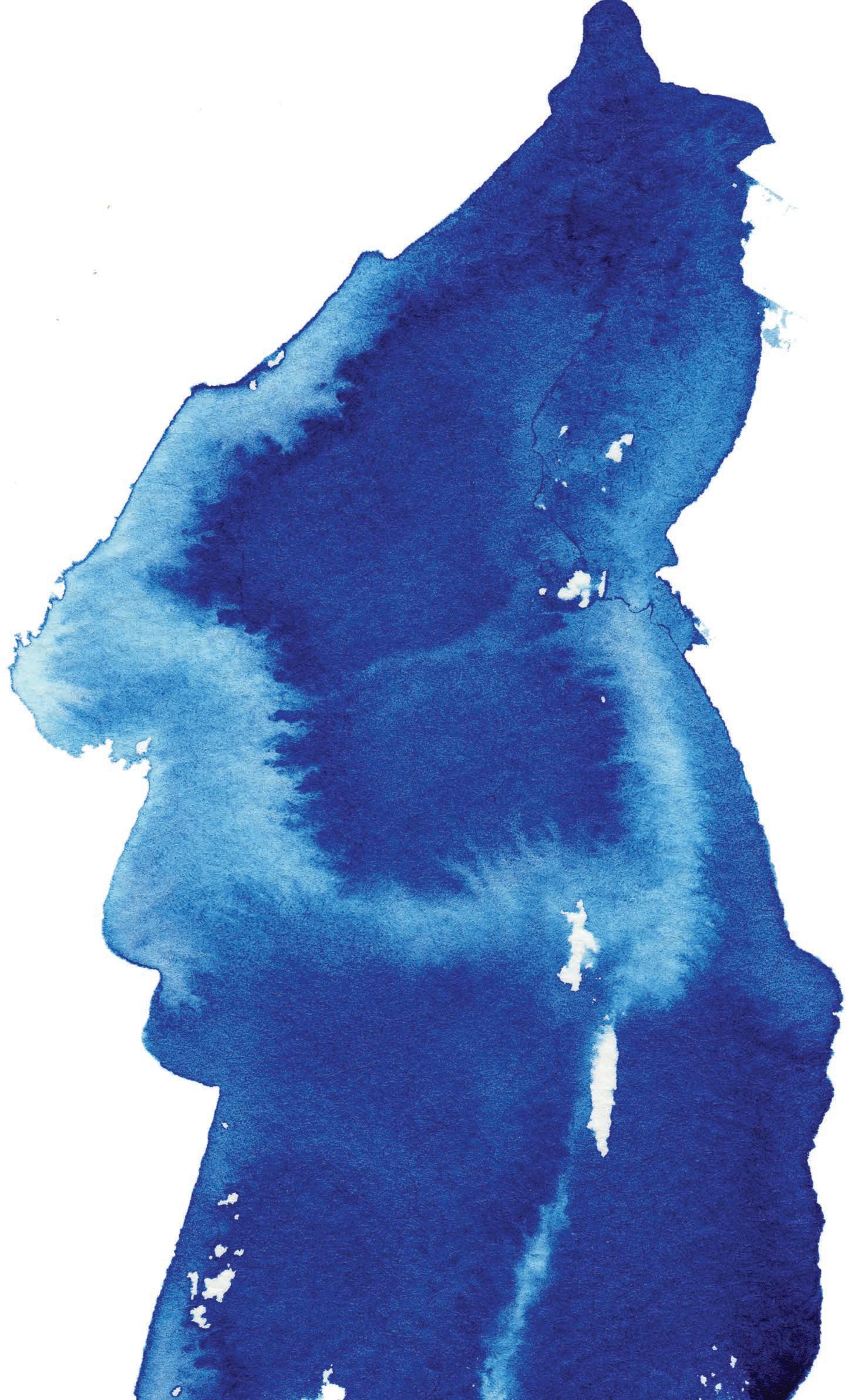
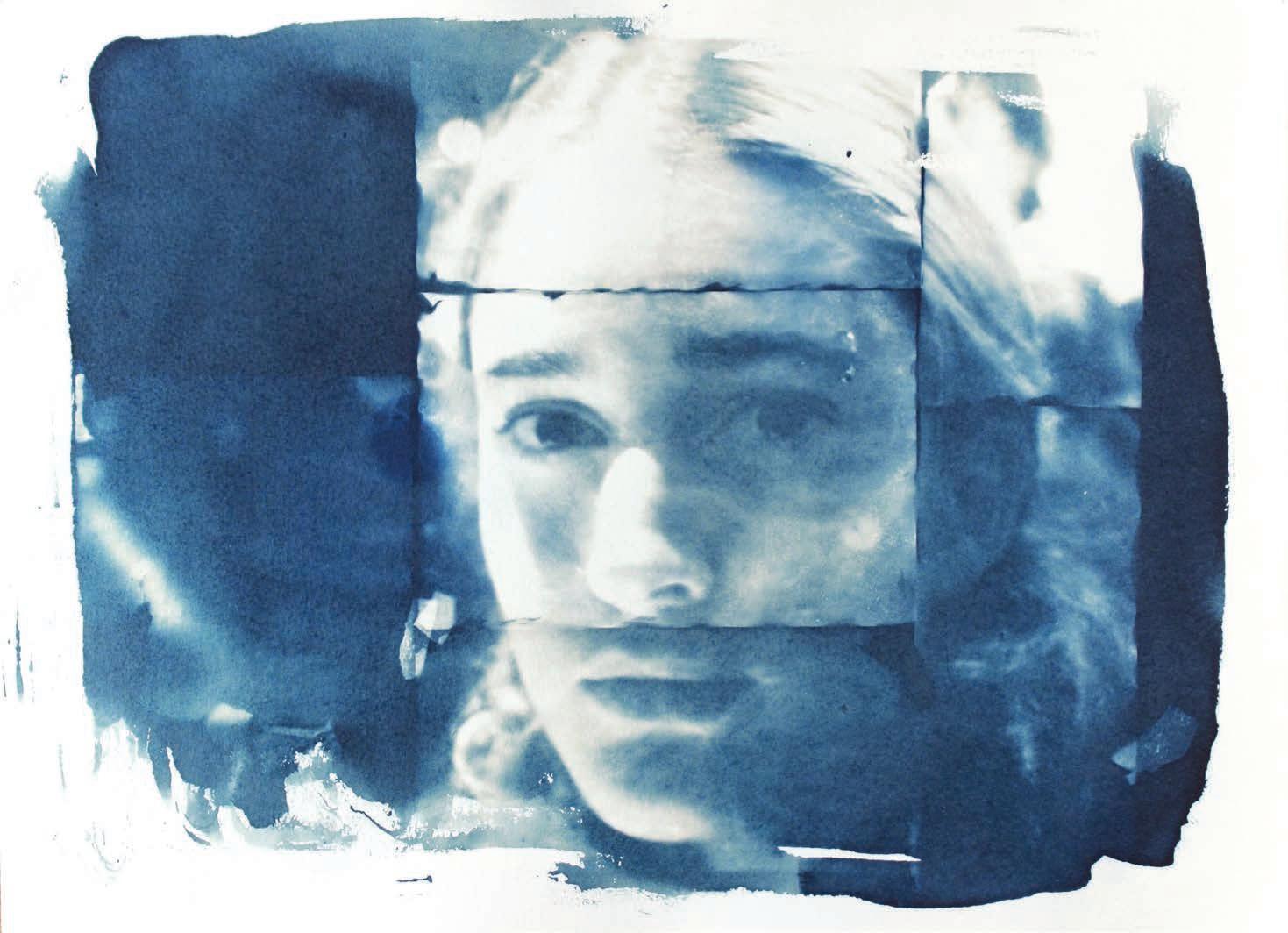 – Anne Hopkins
– Anne Hopkins
– Anne Hopkins
– Anne Hopkins
